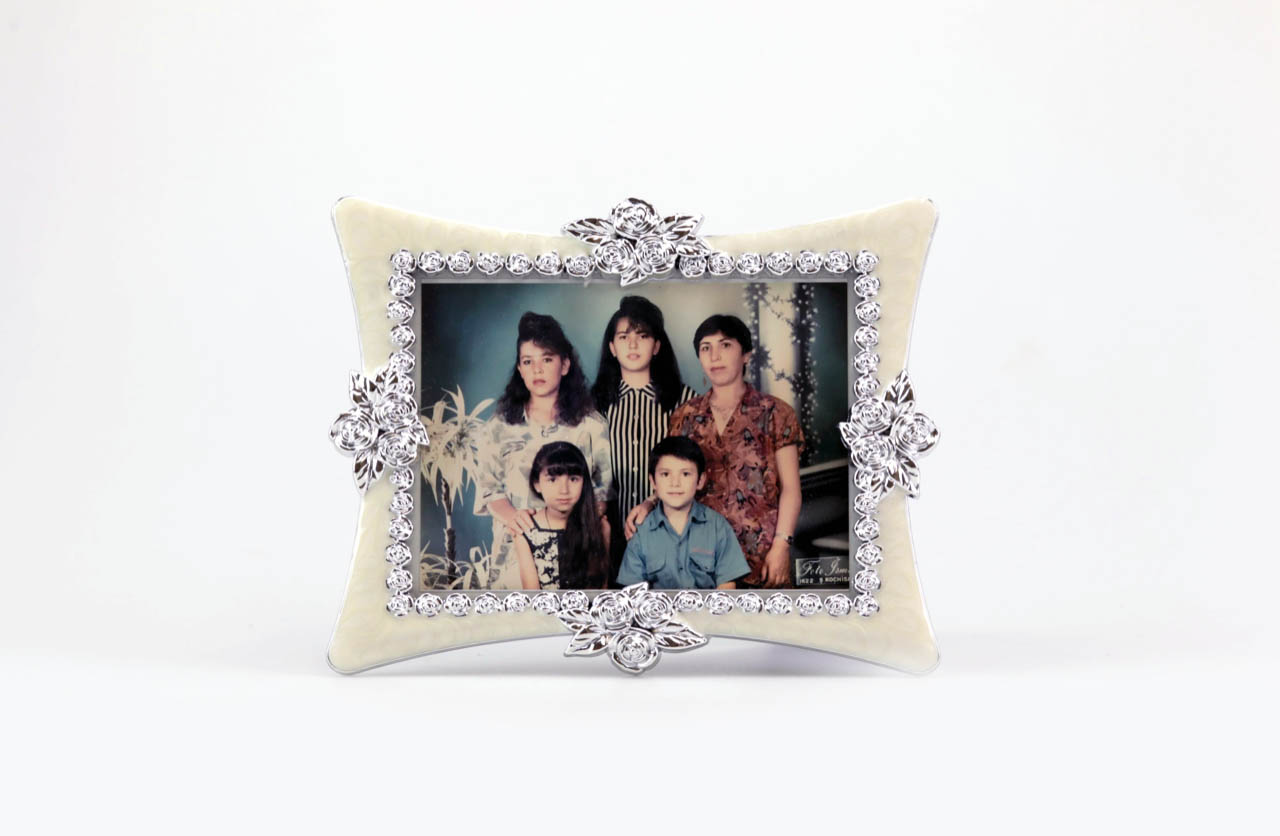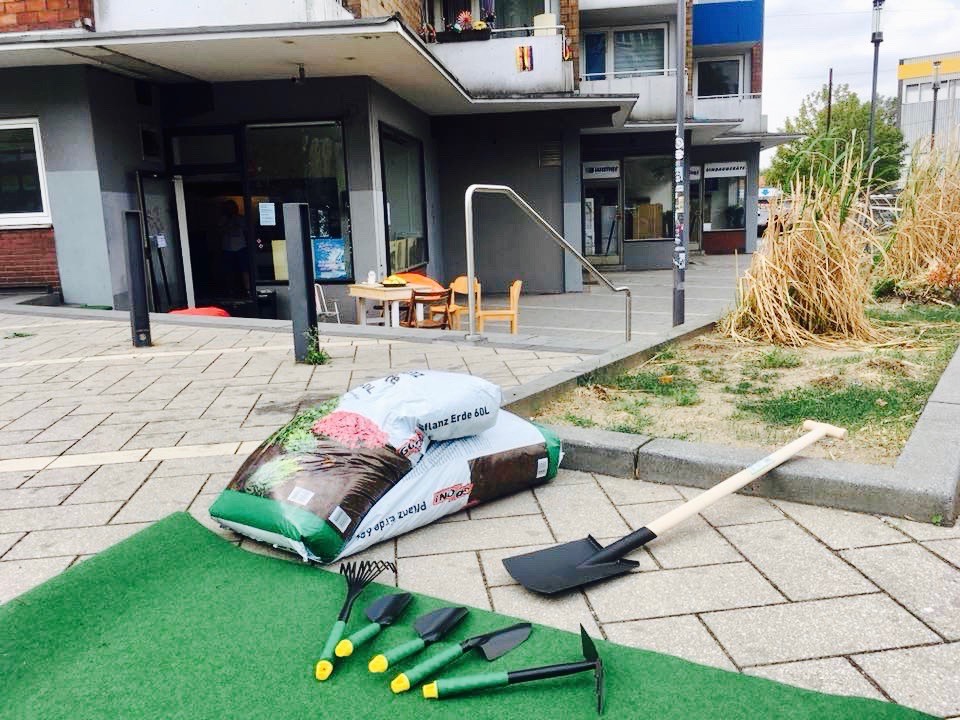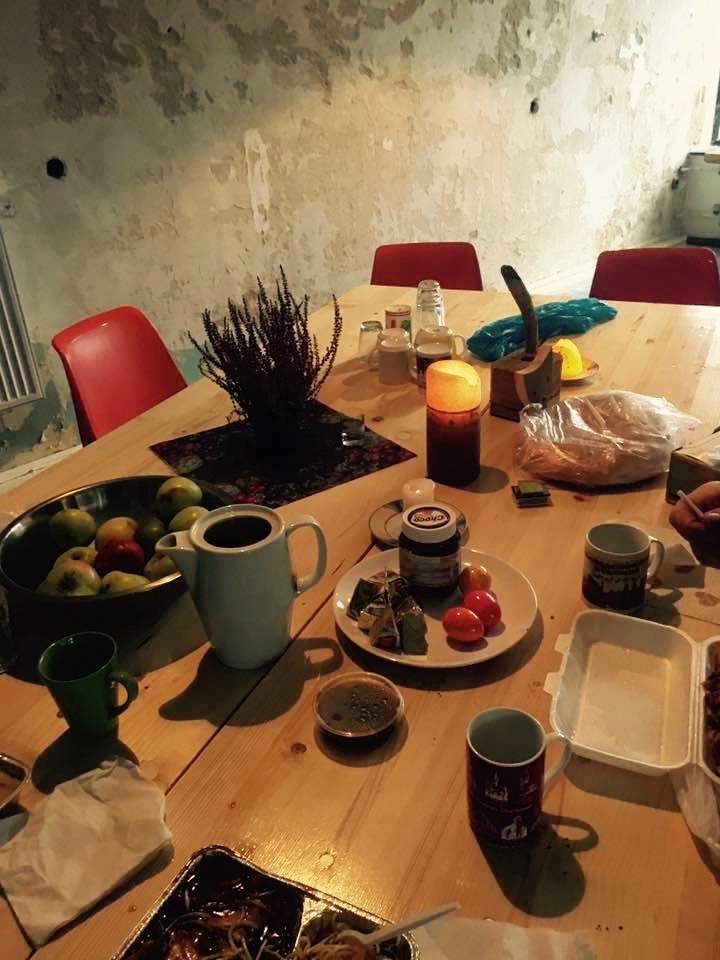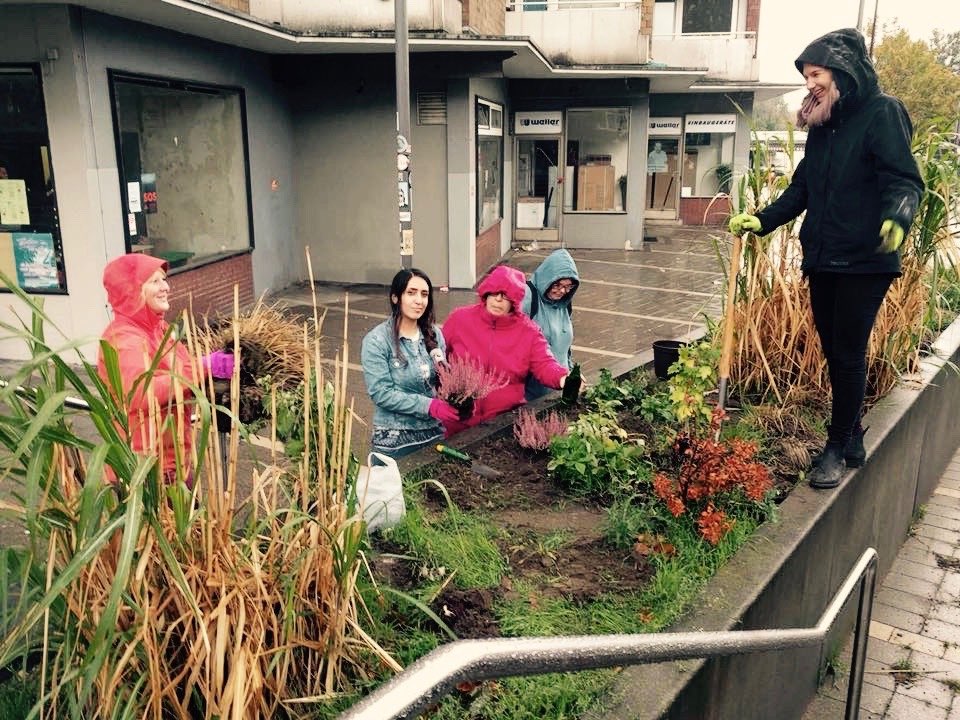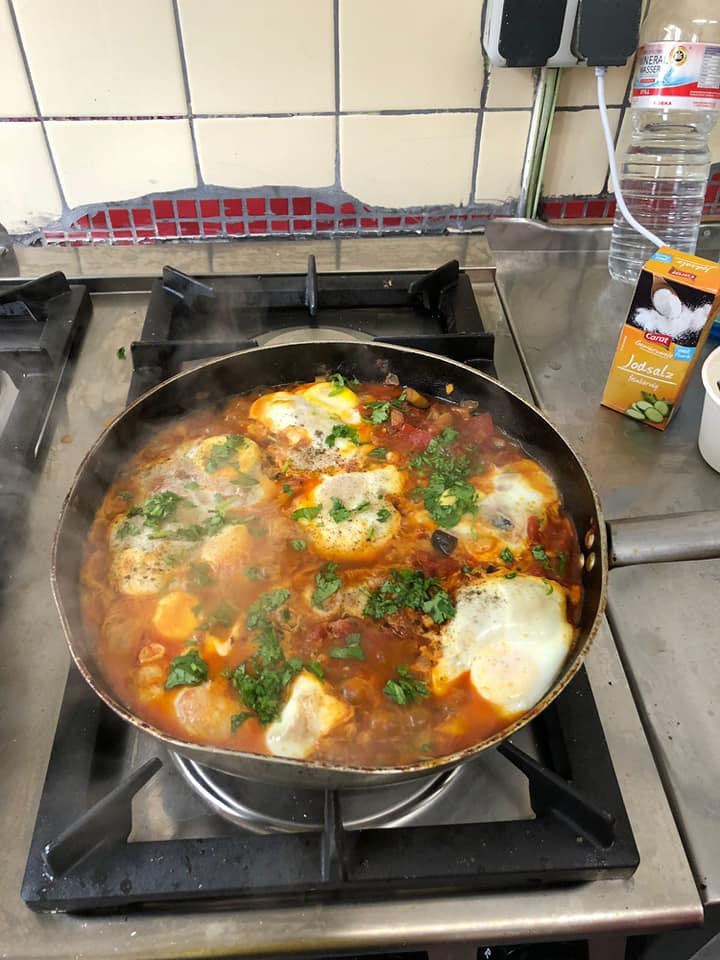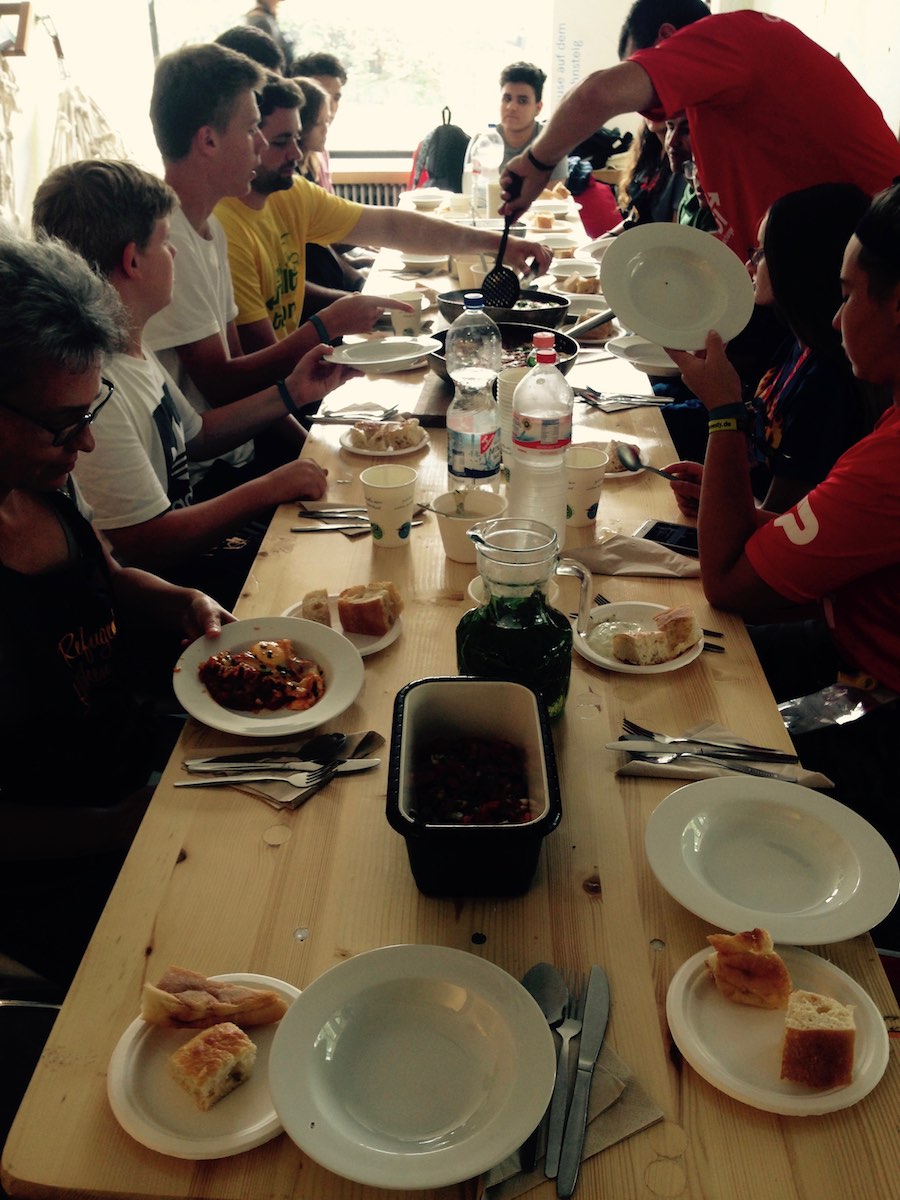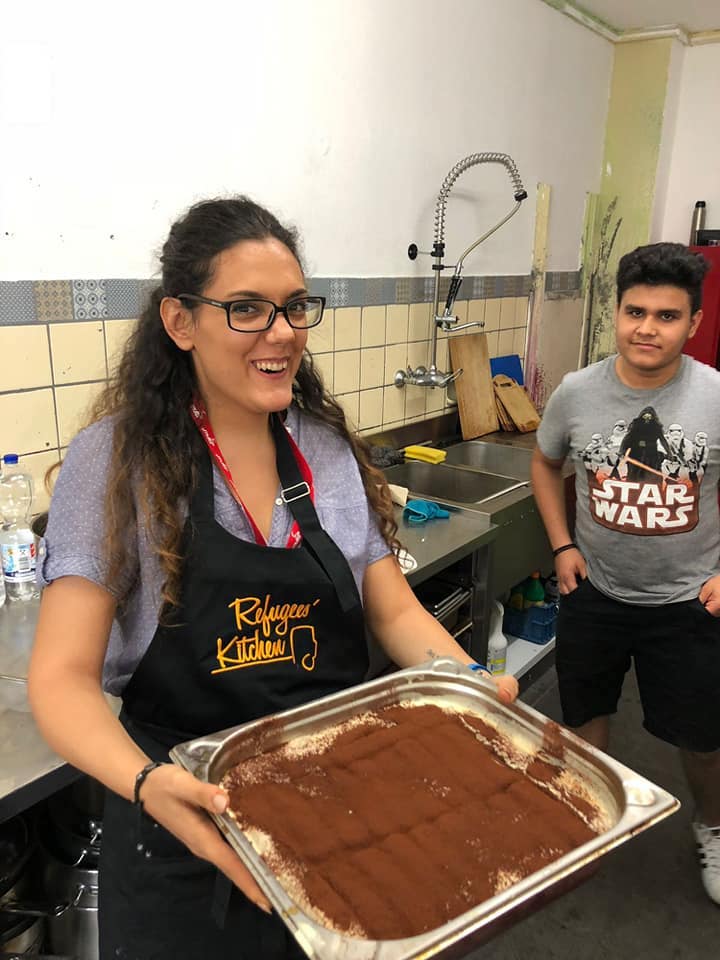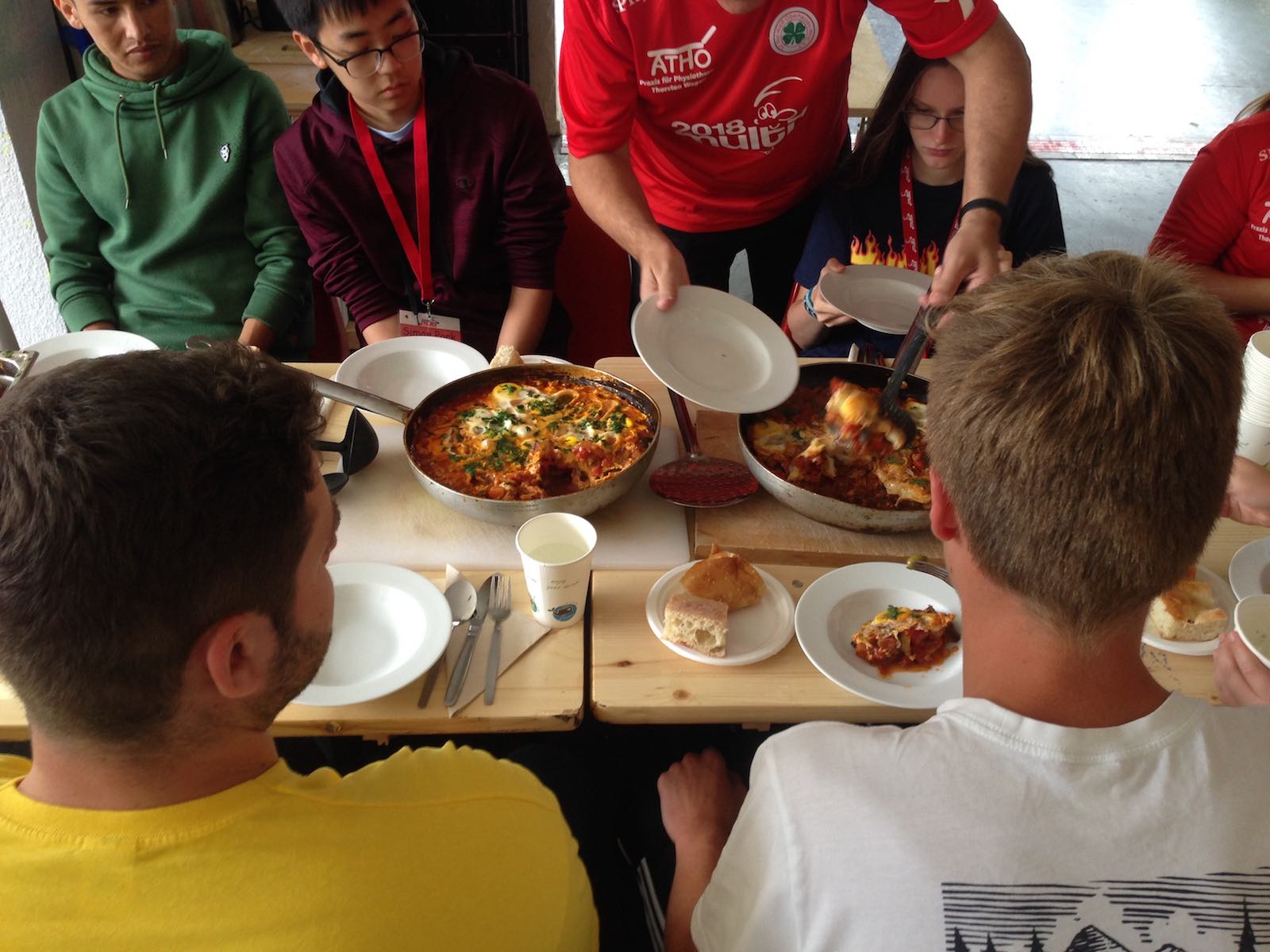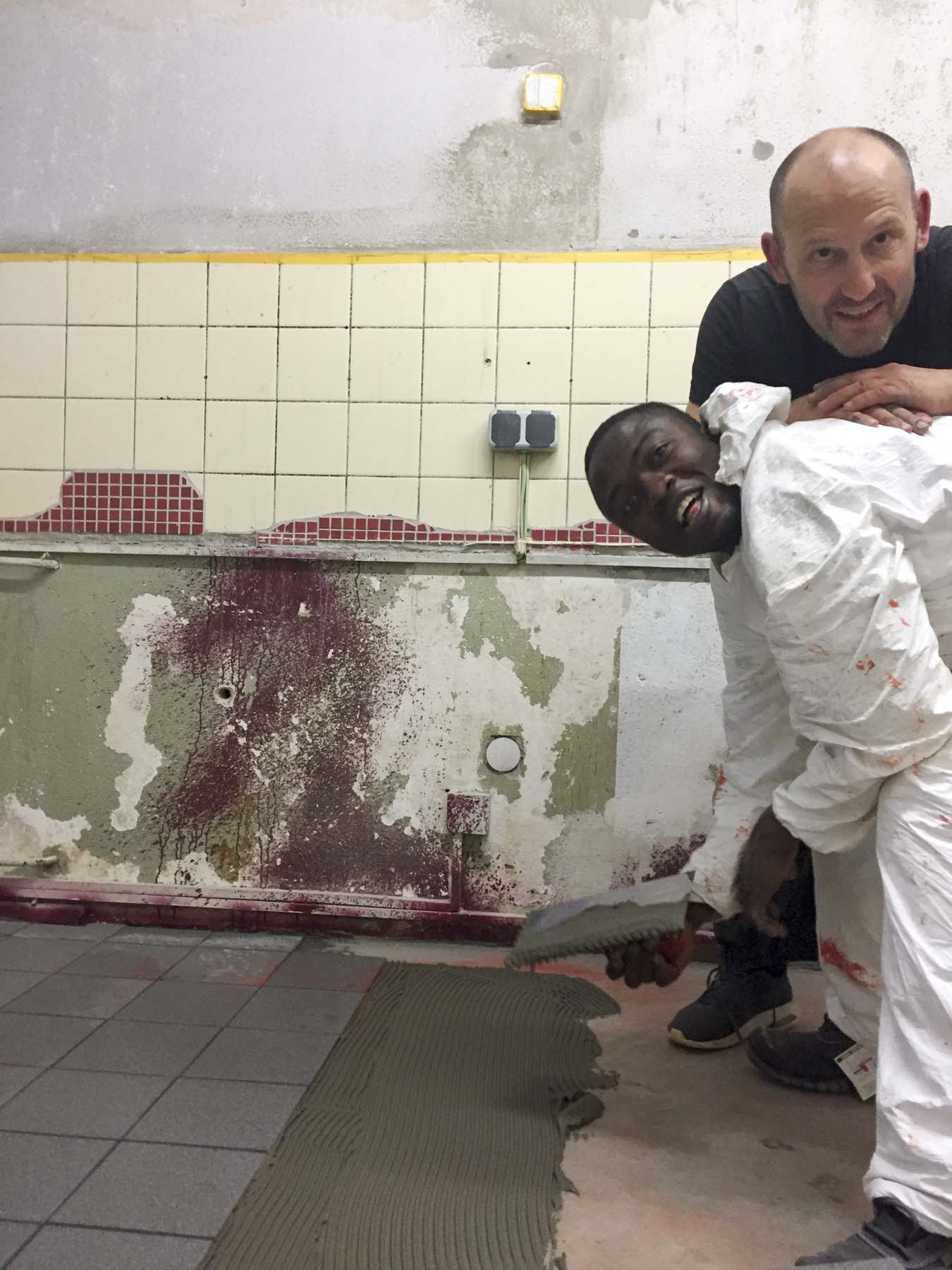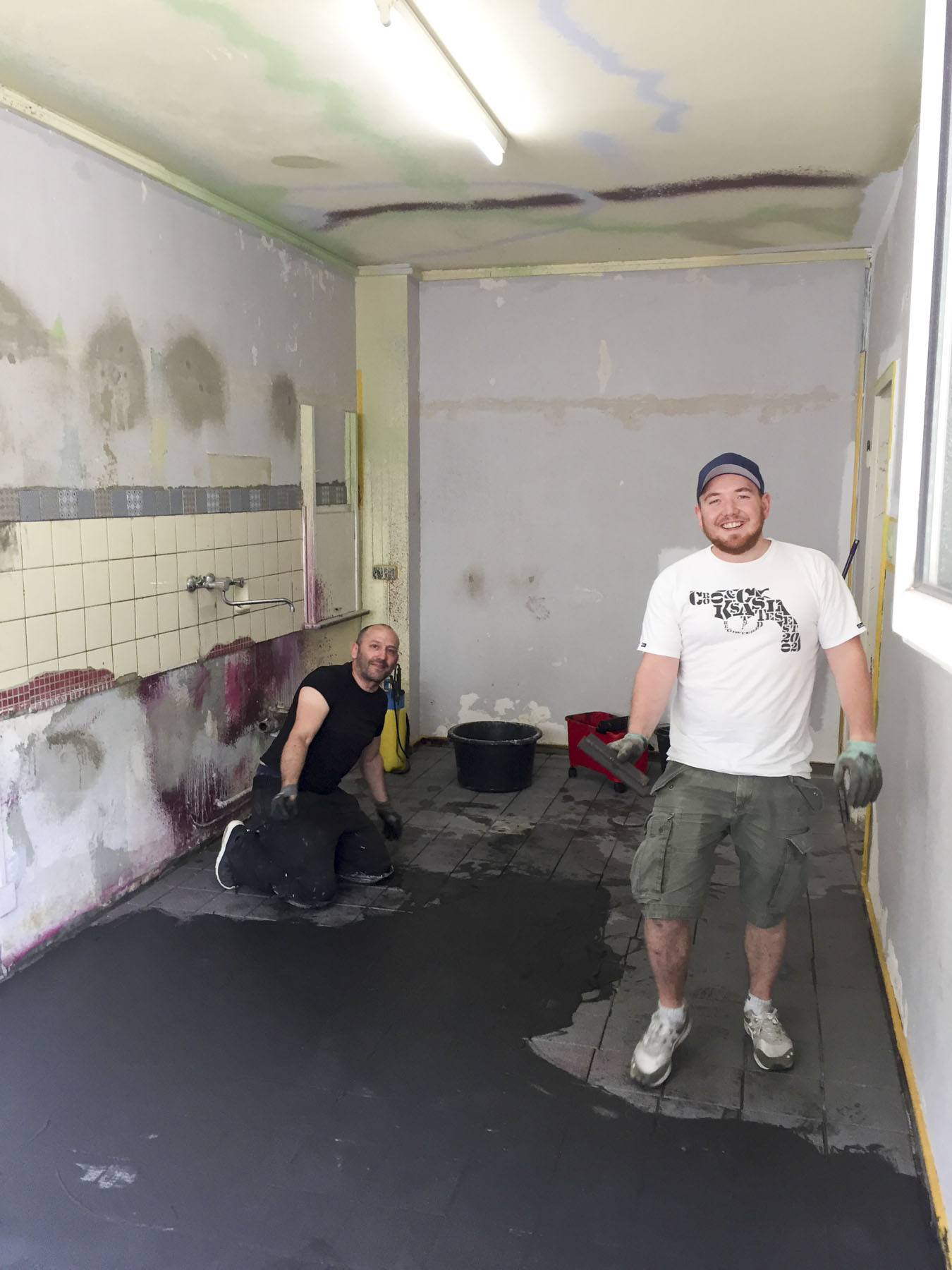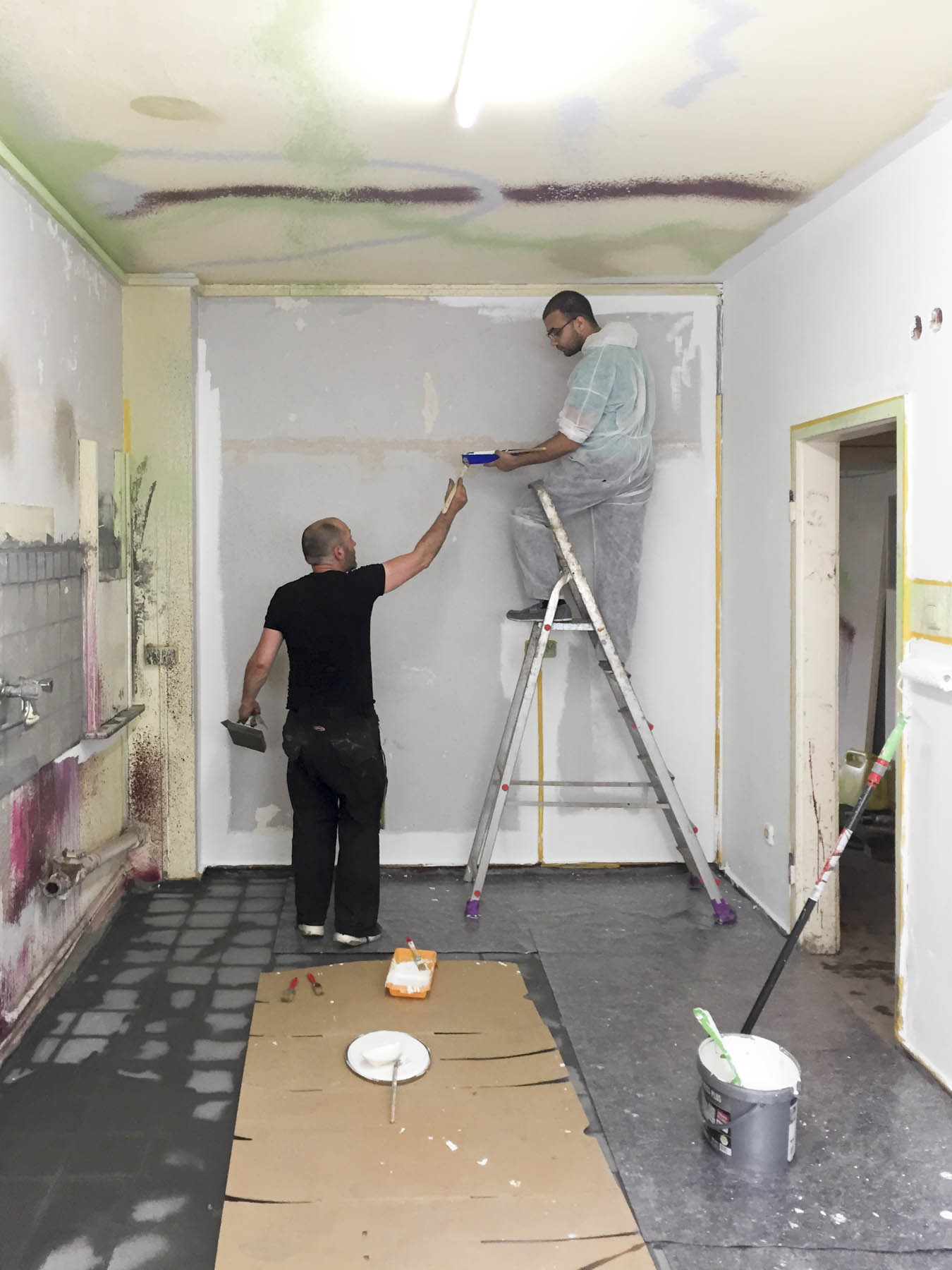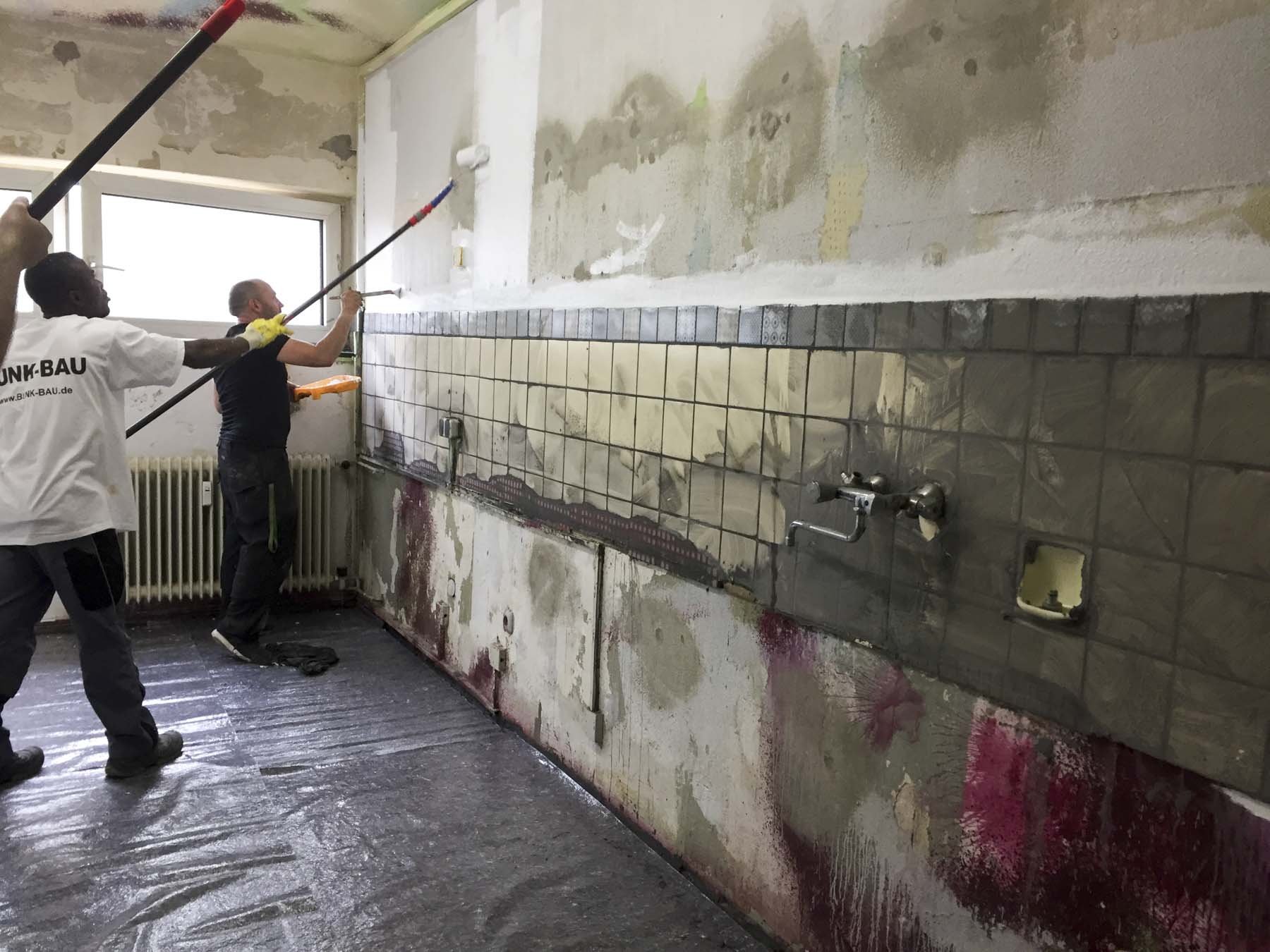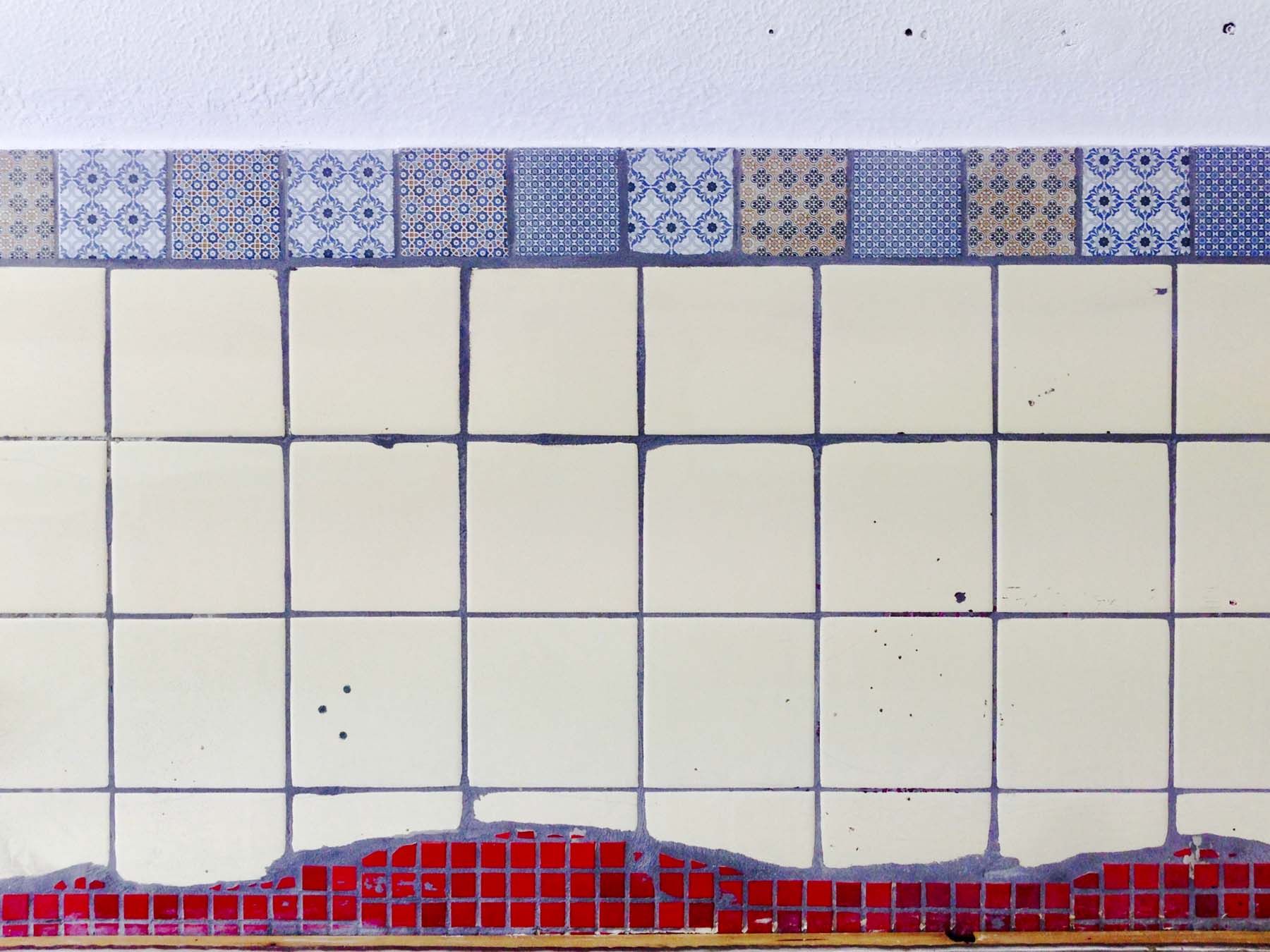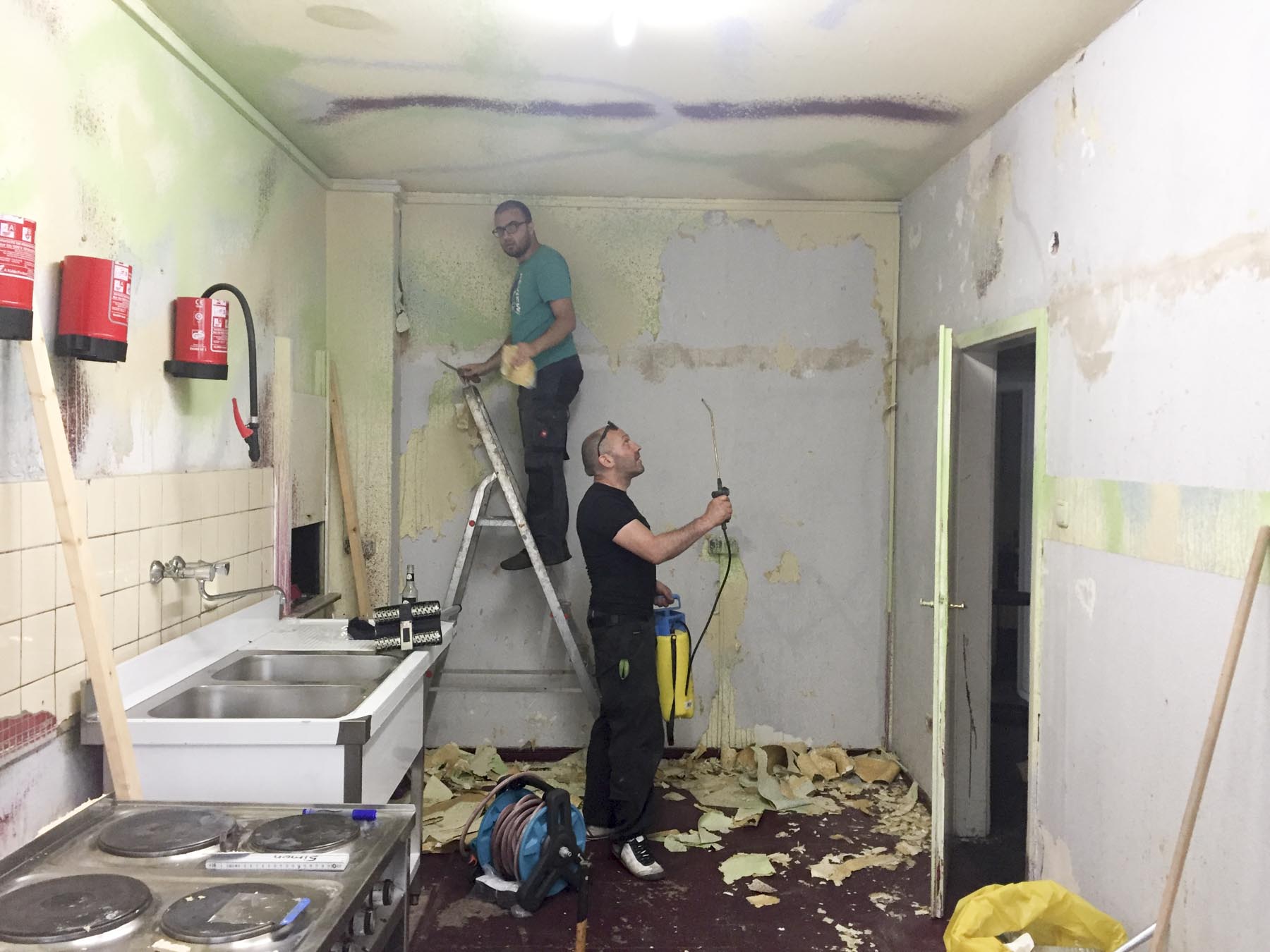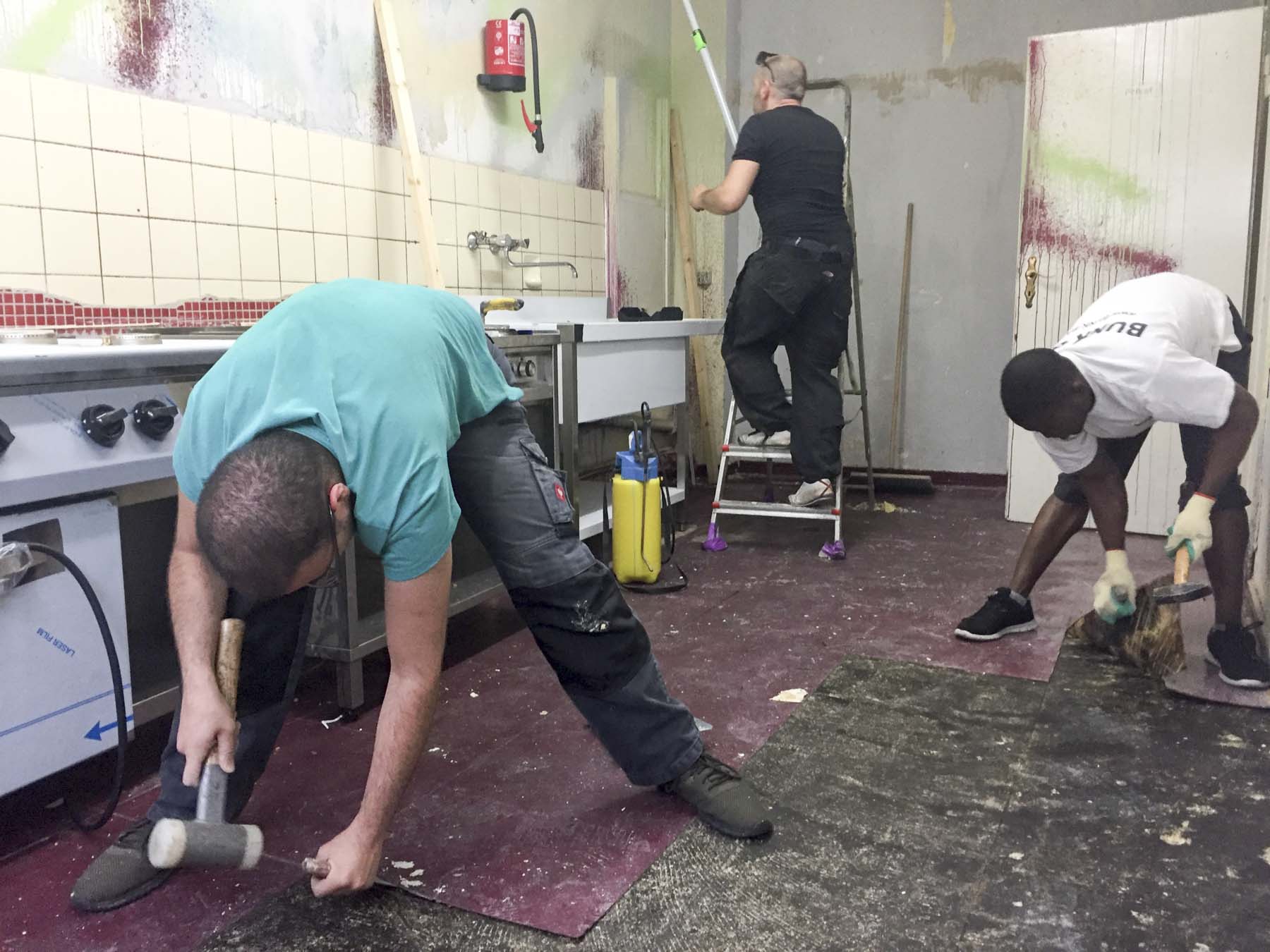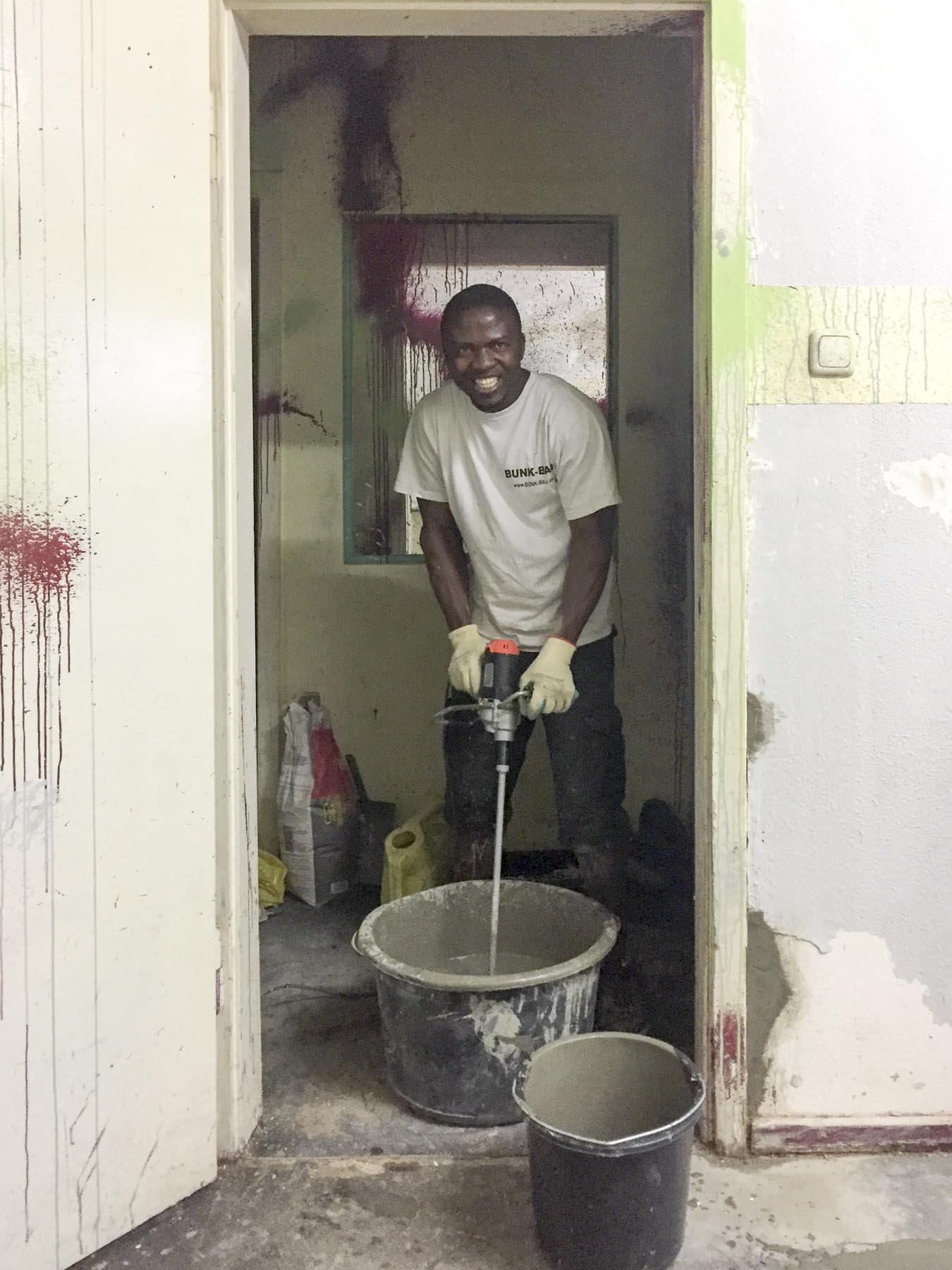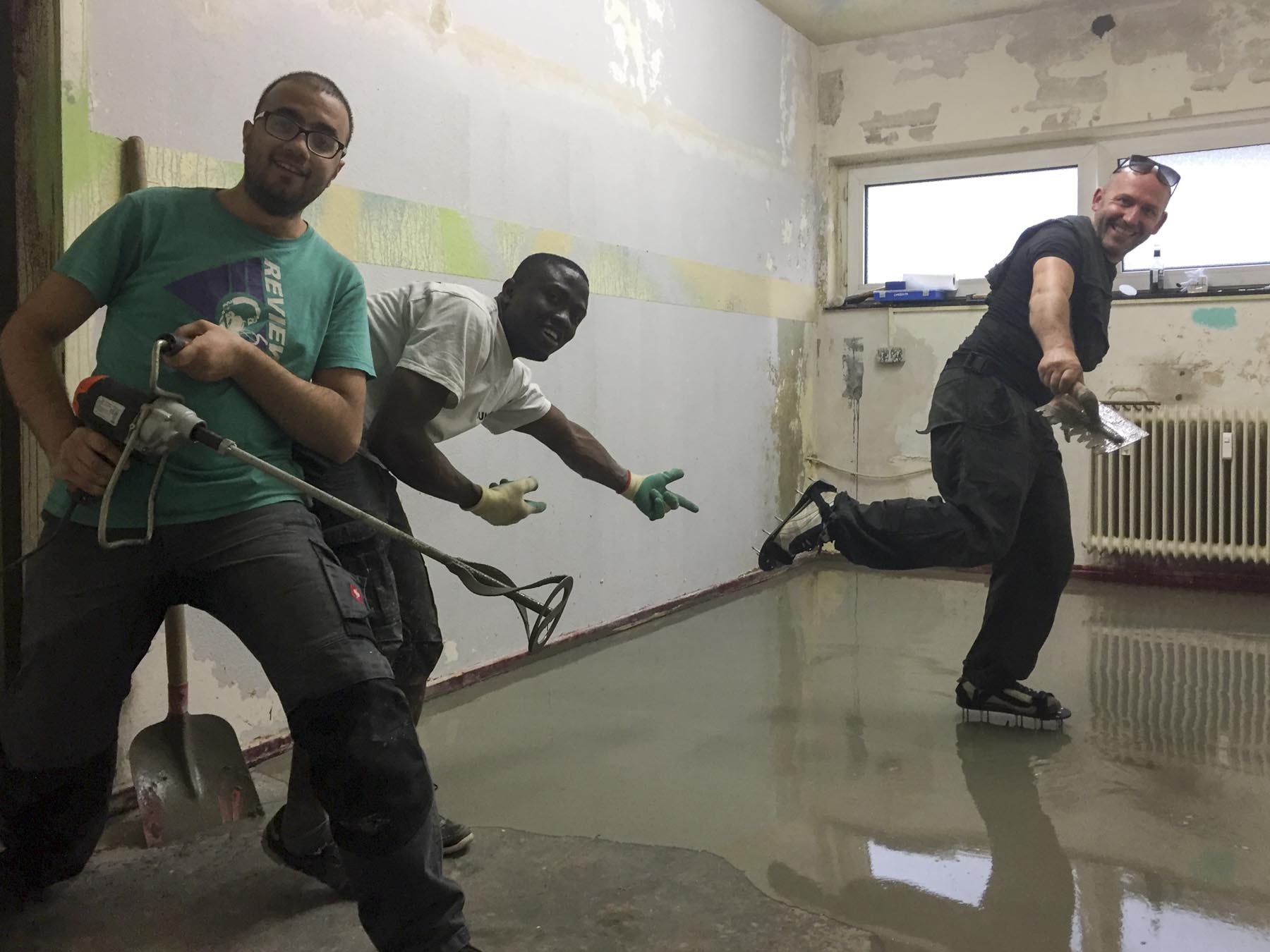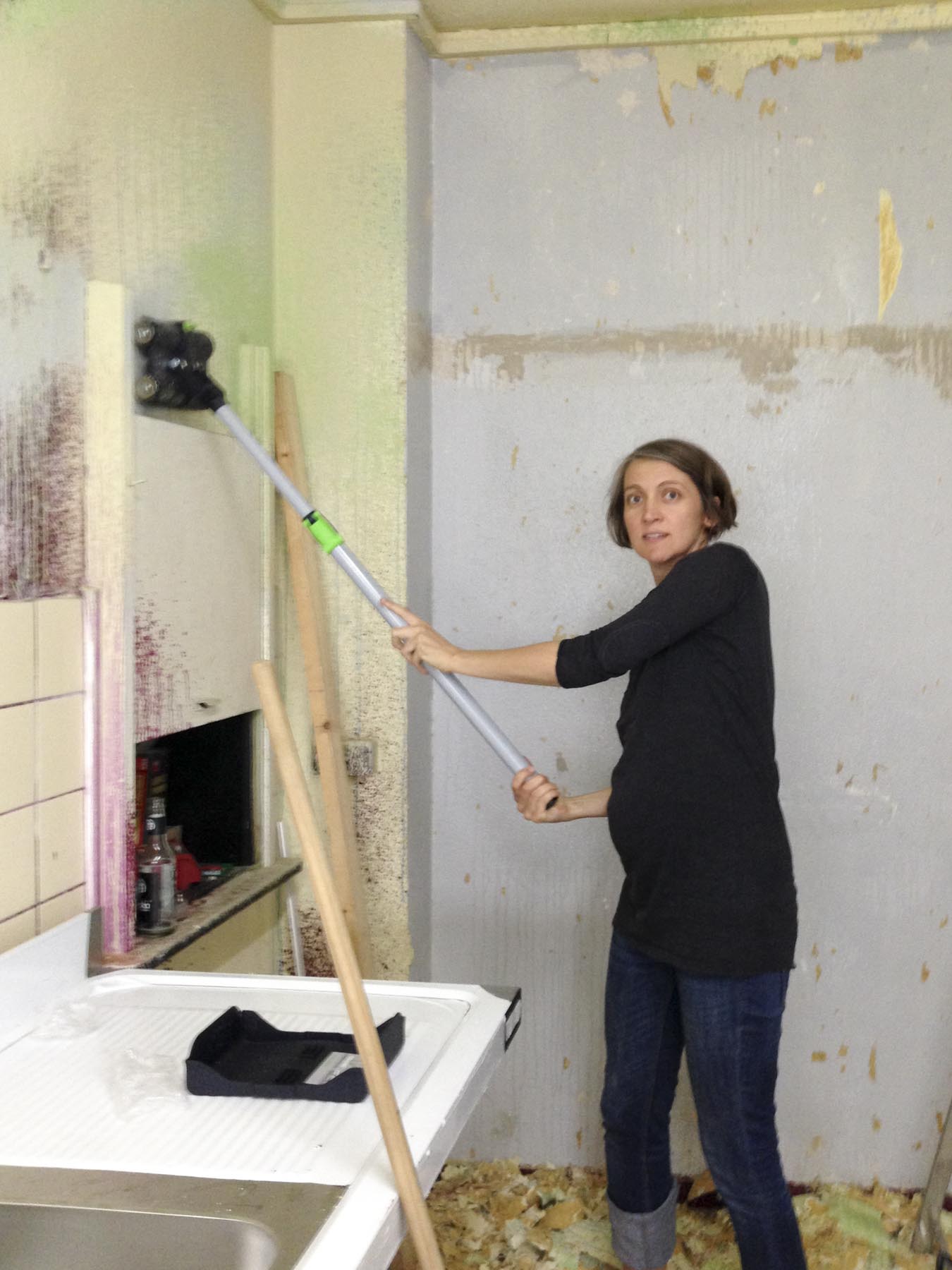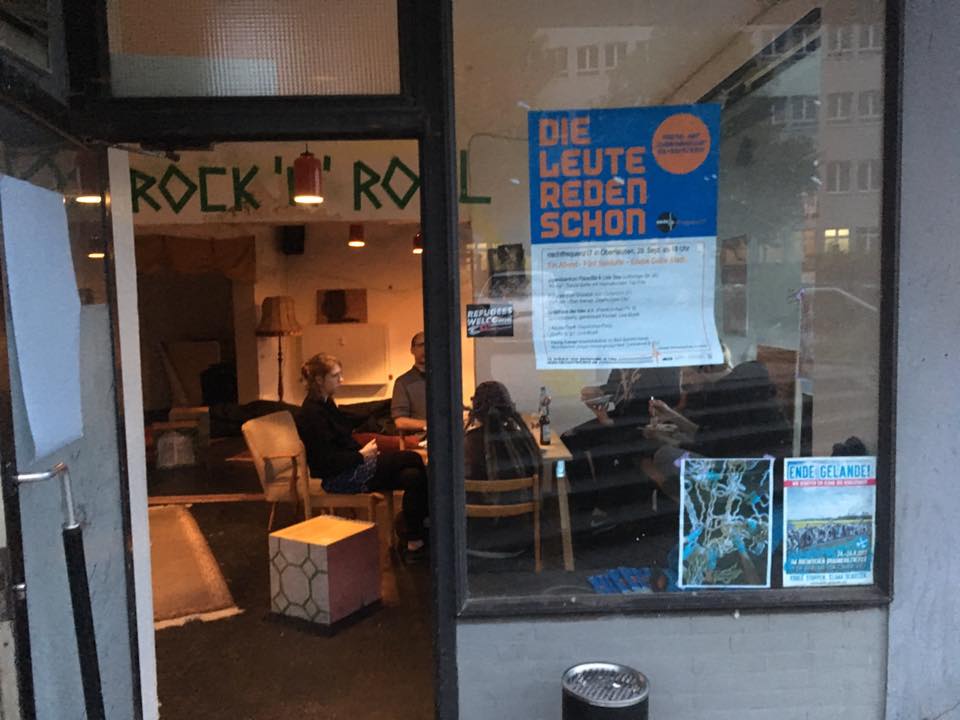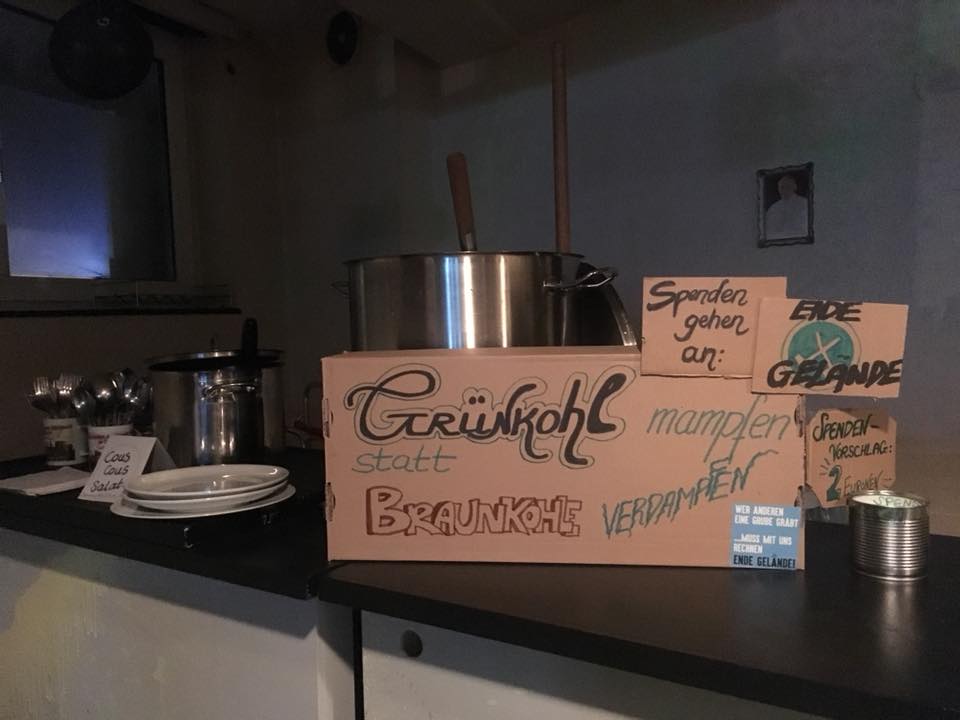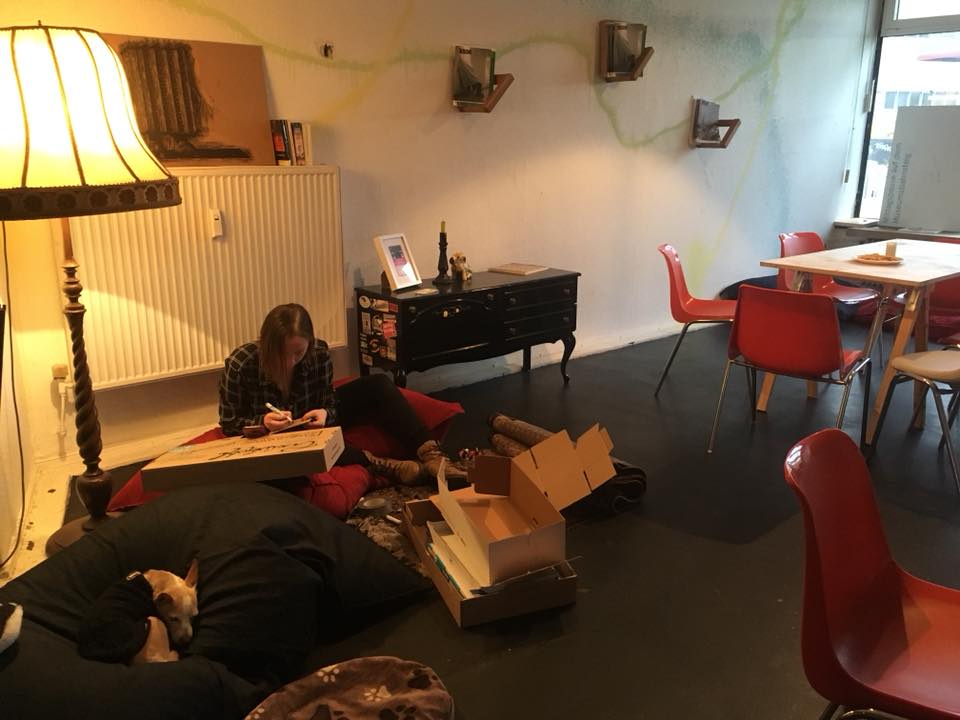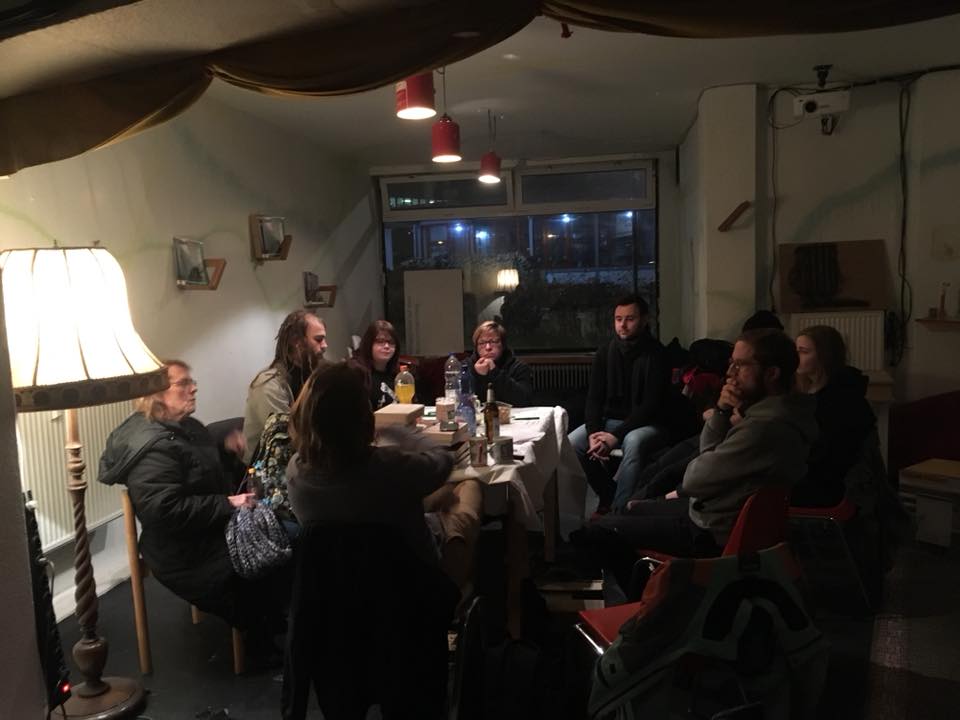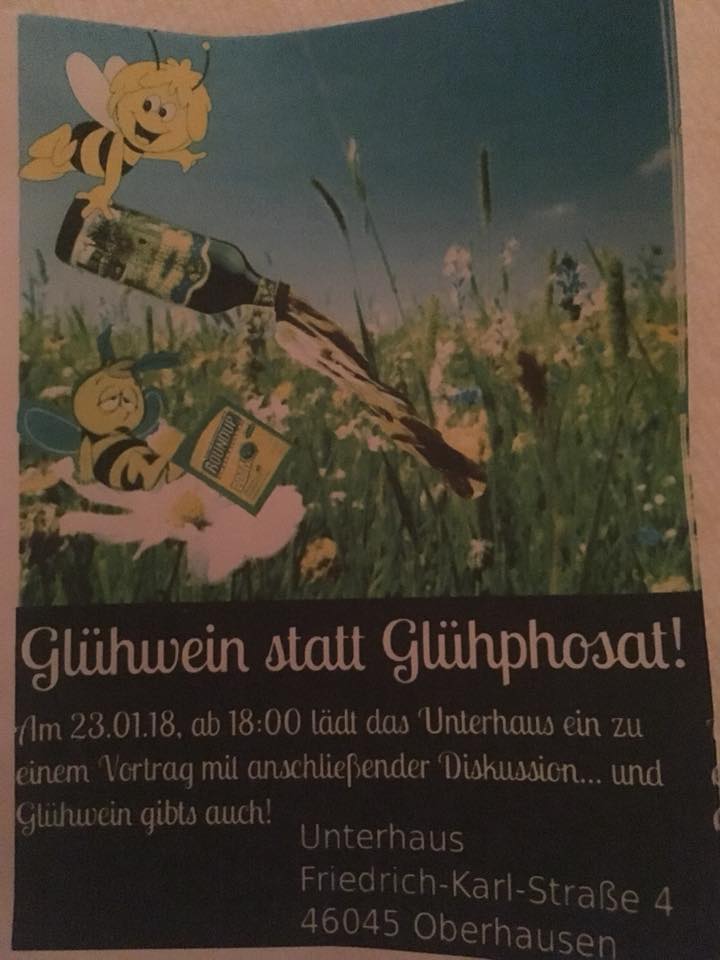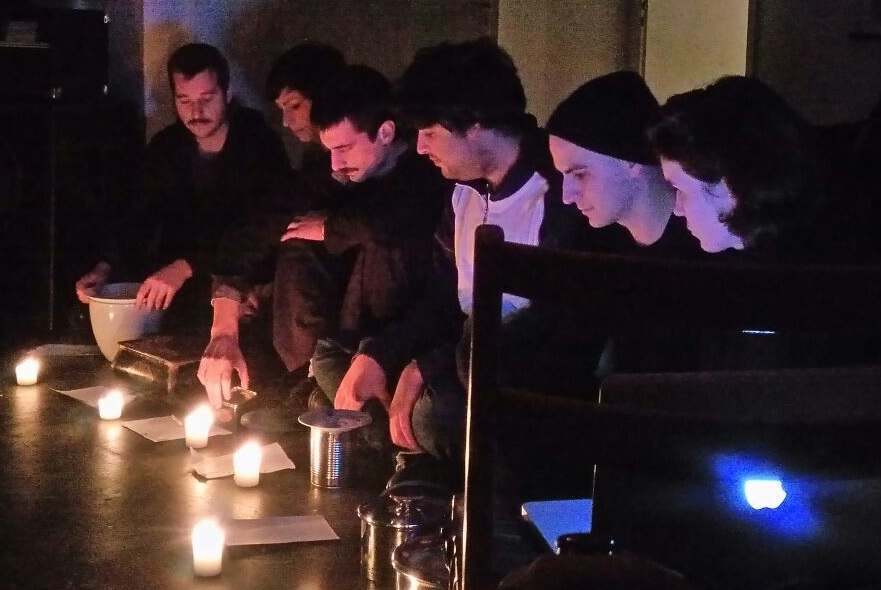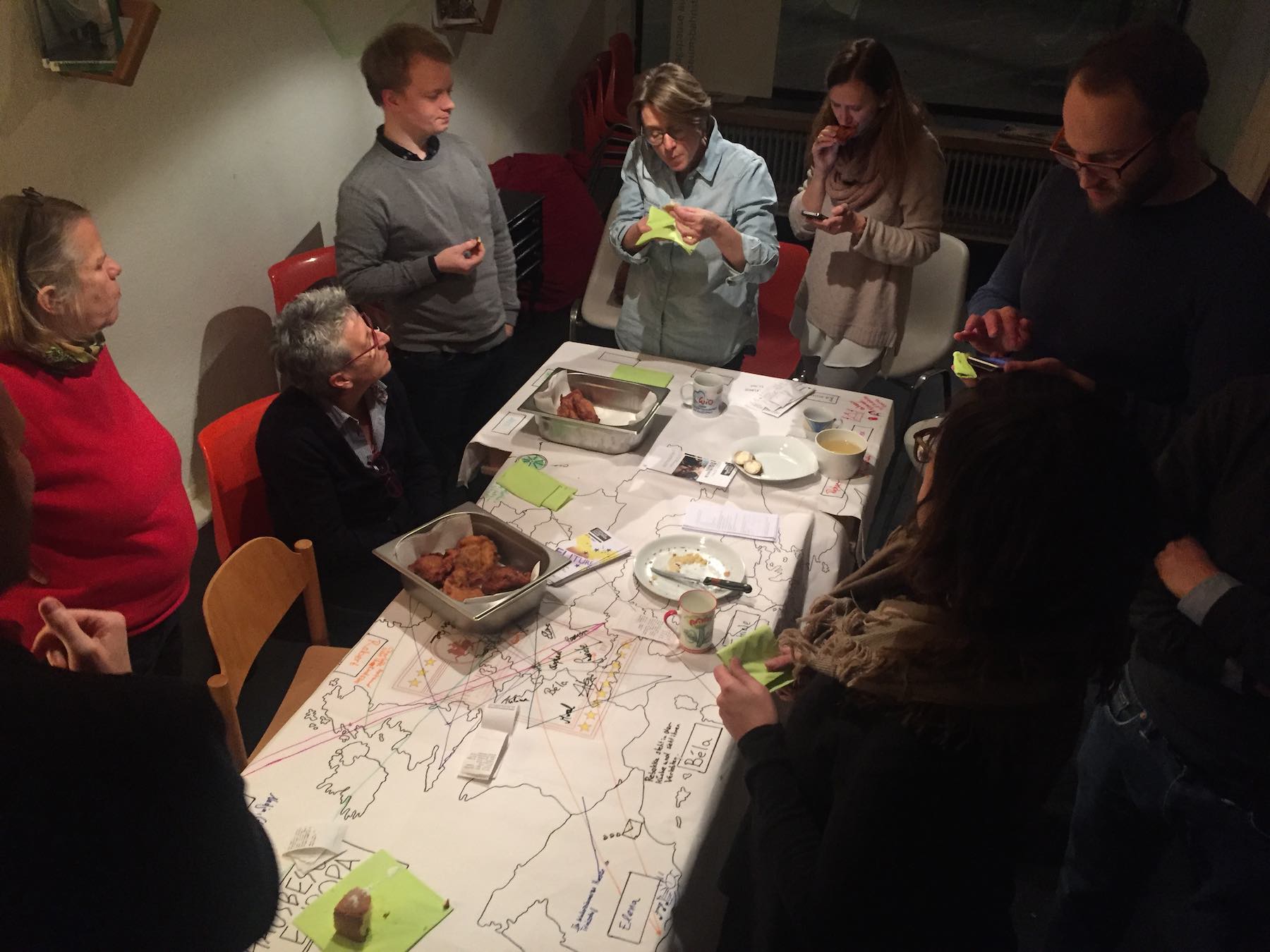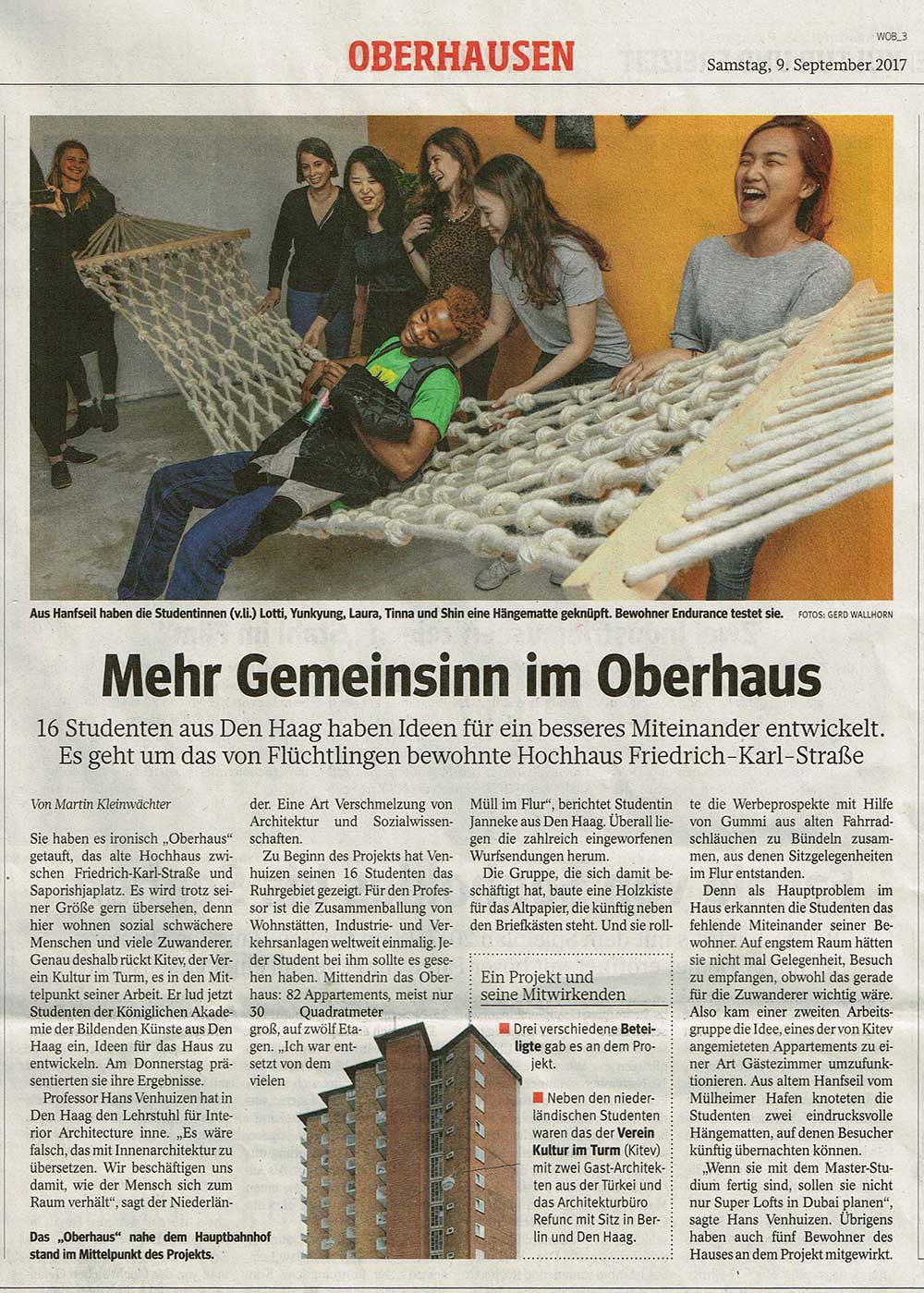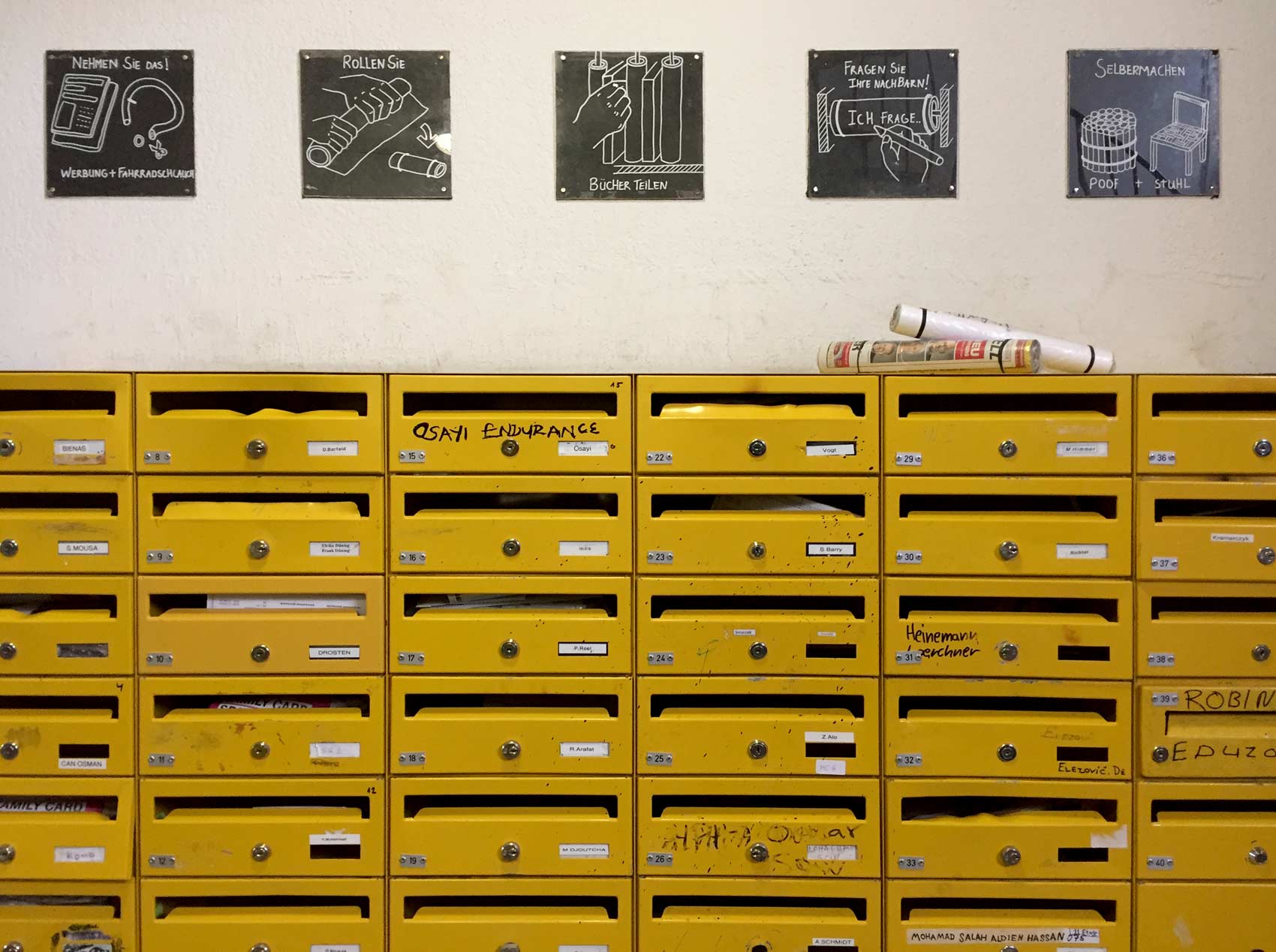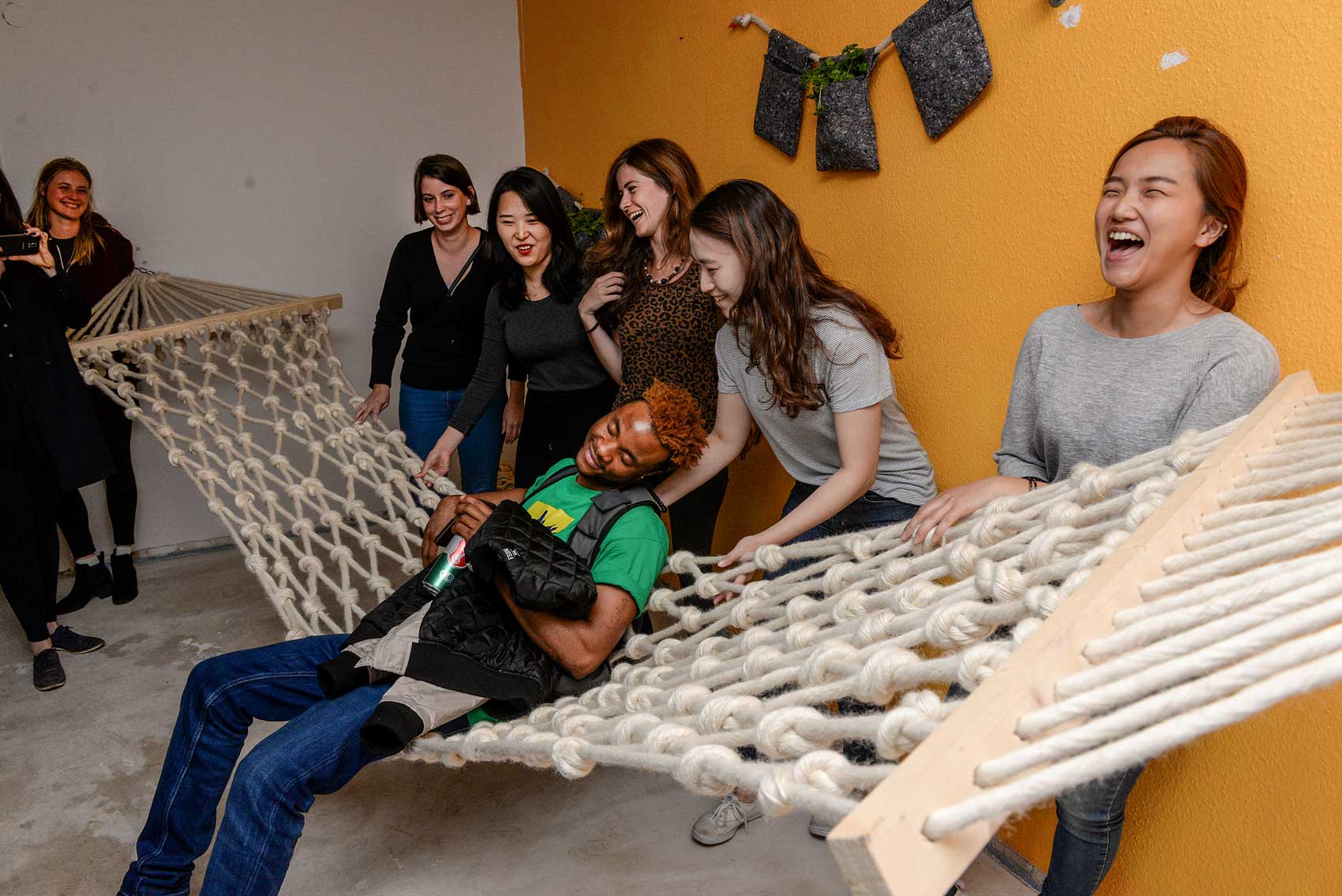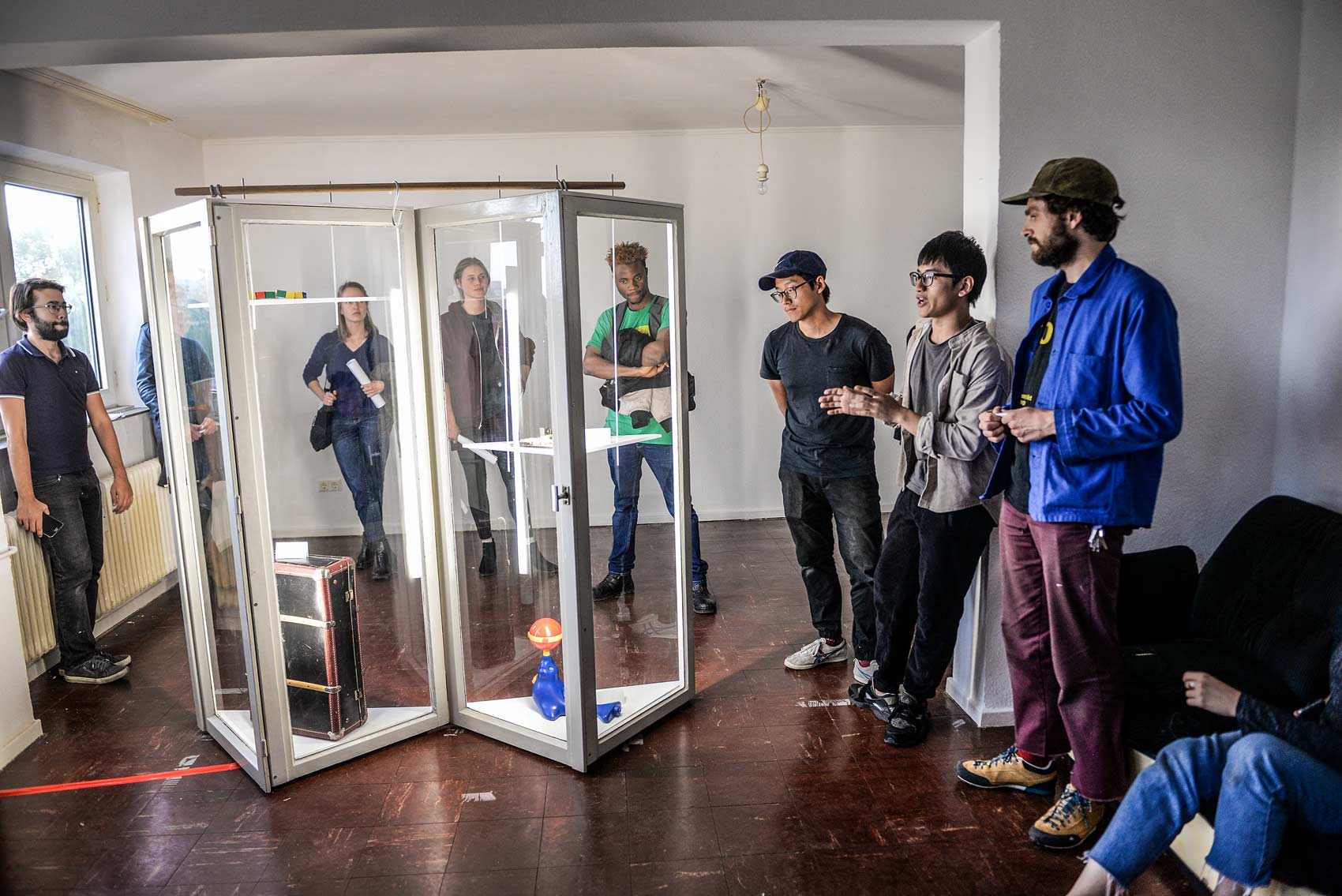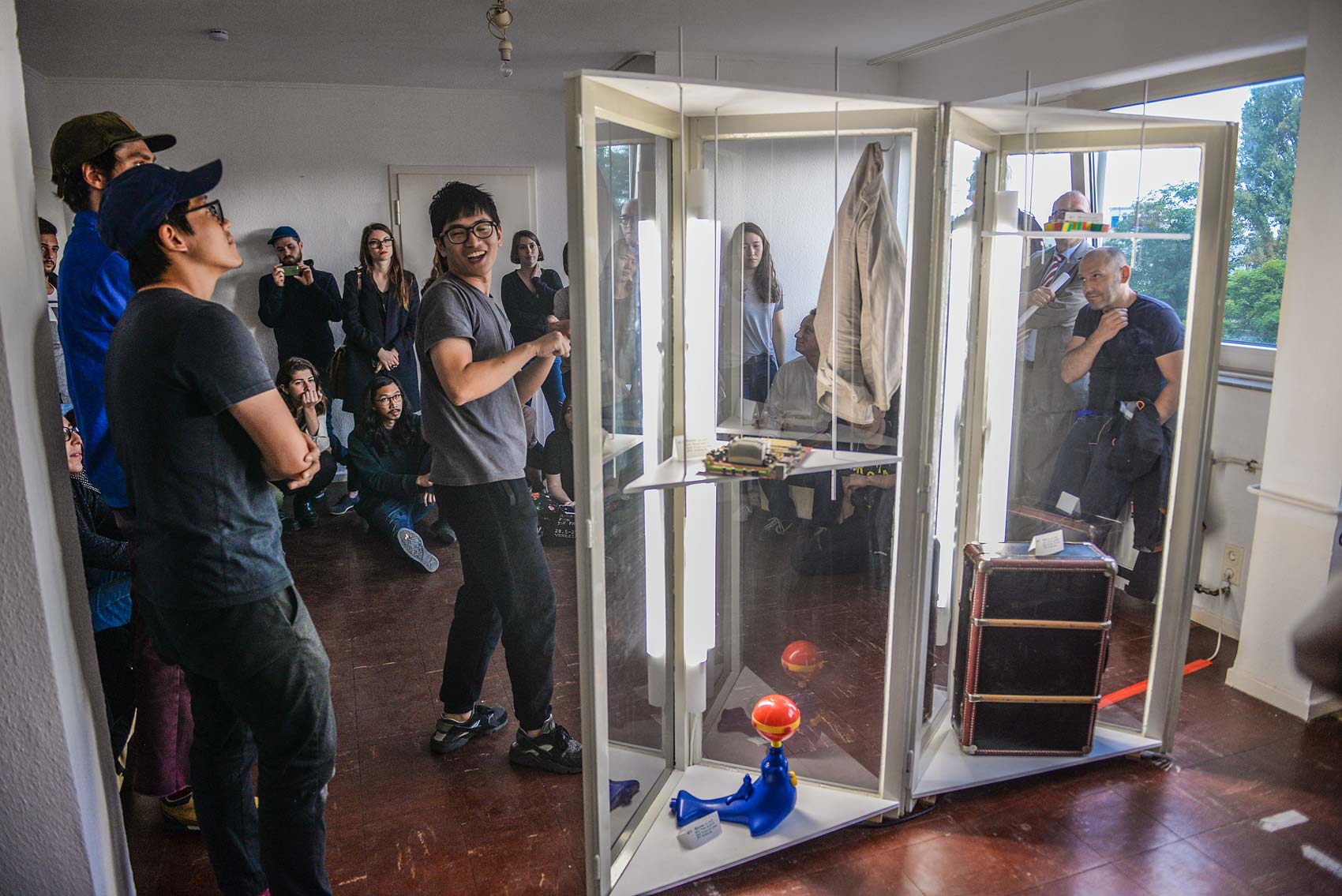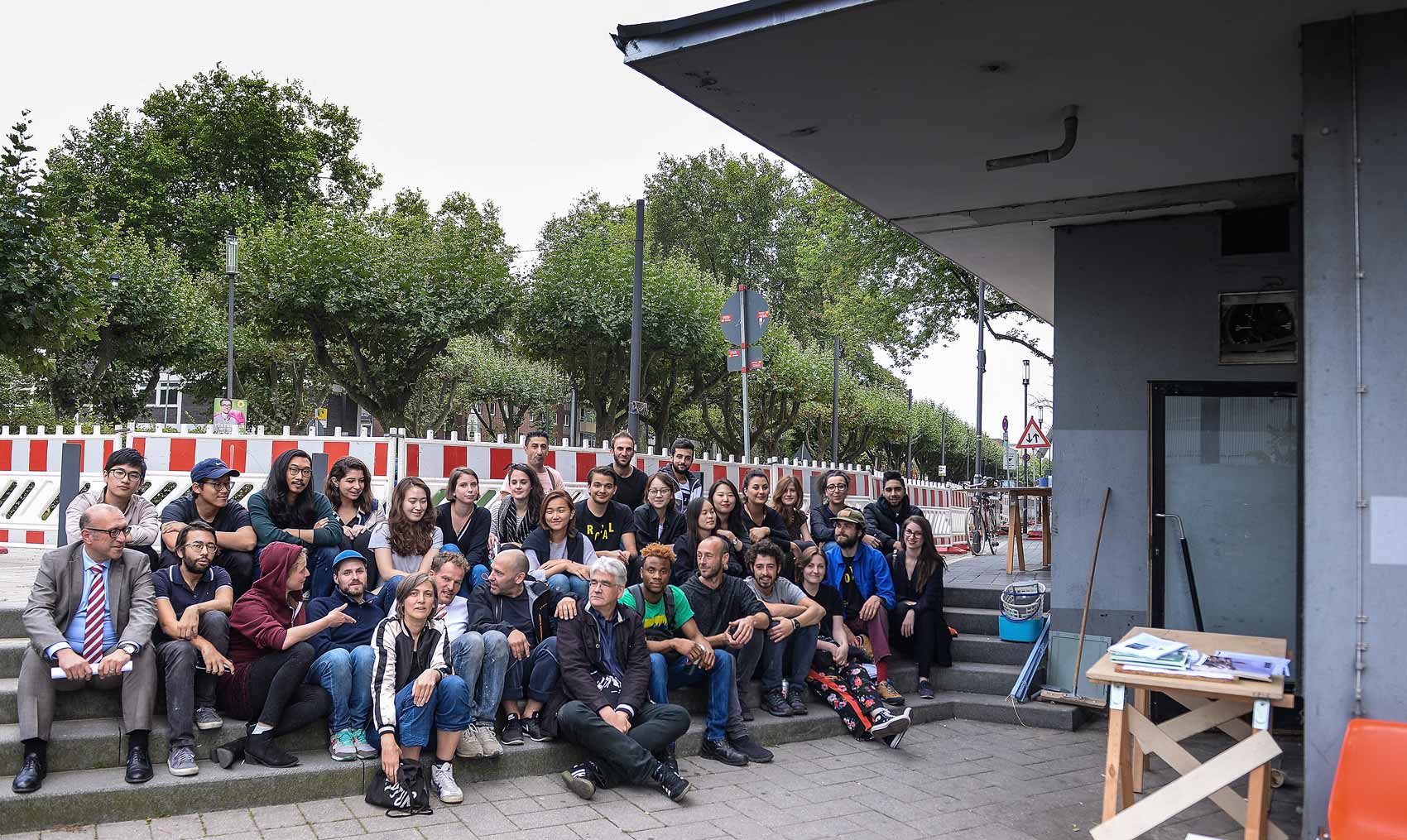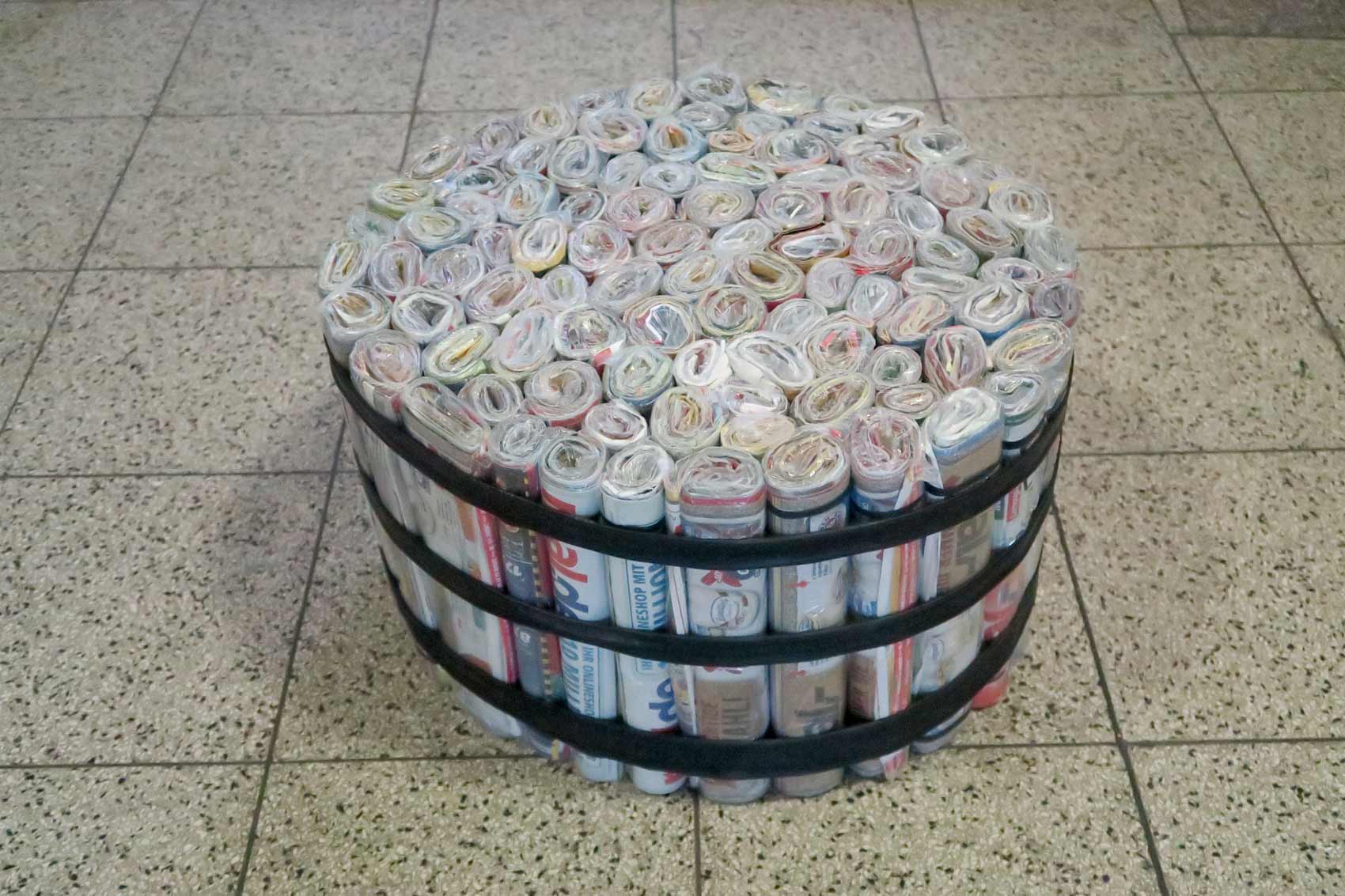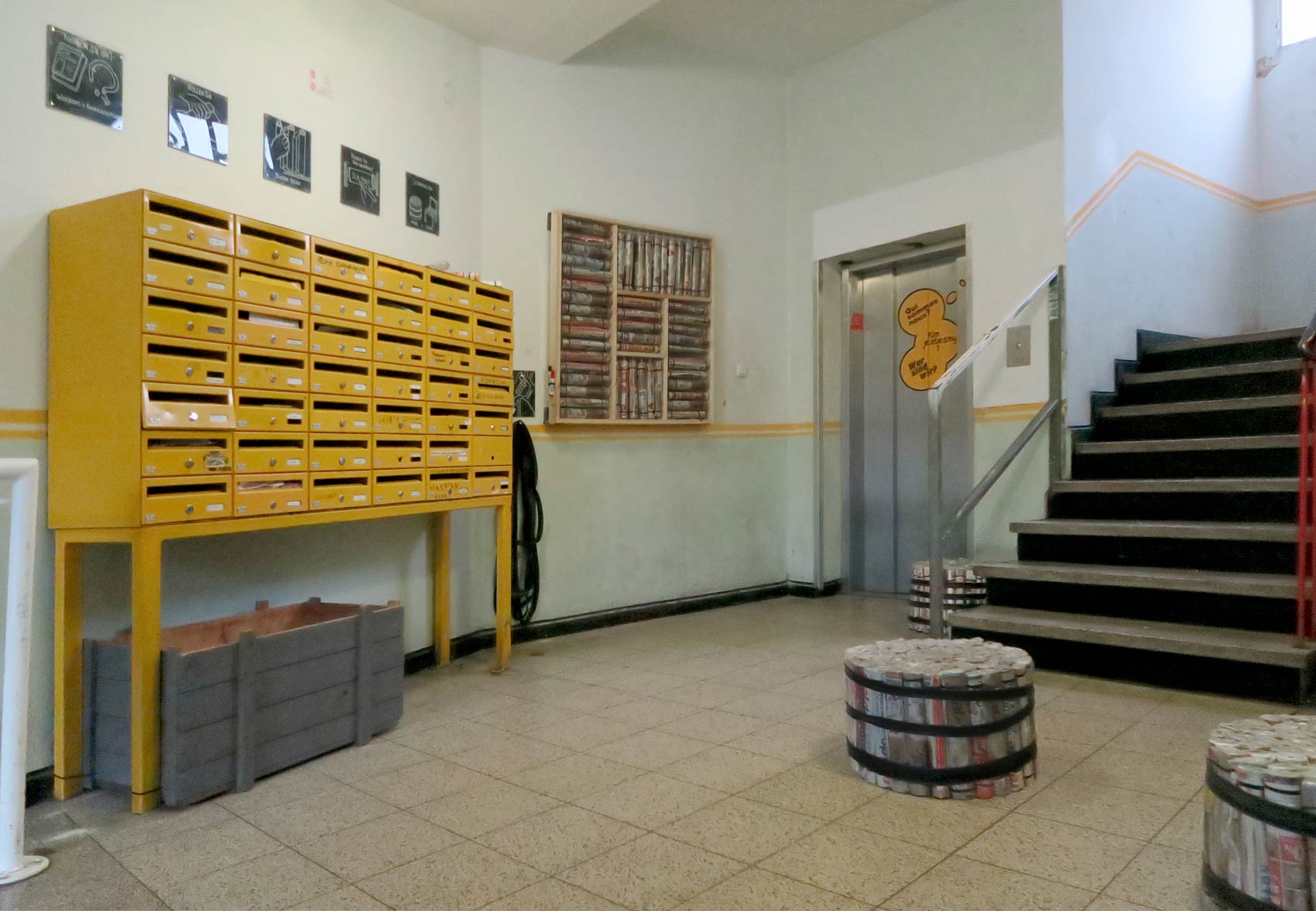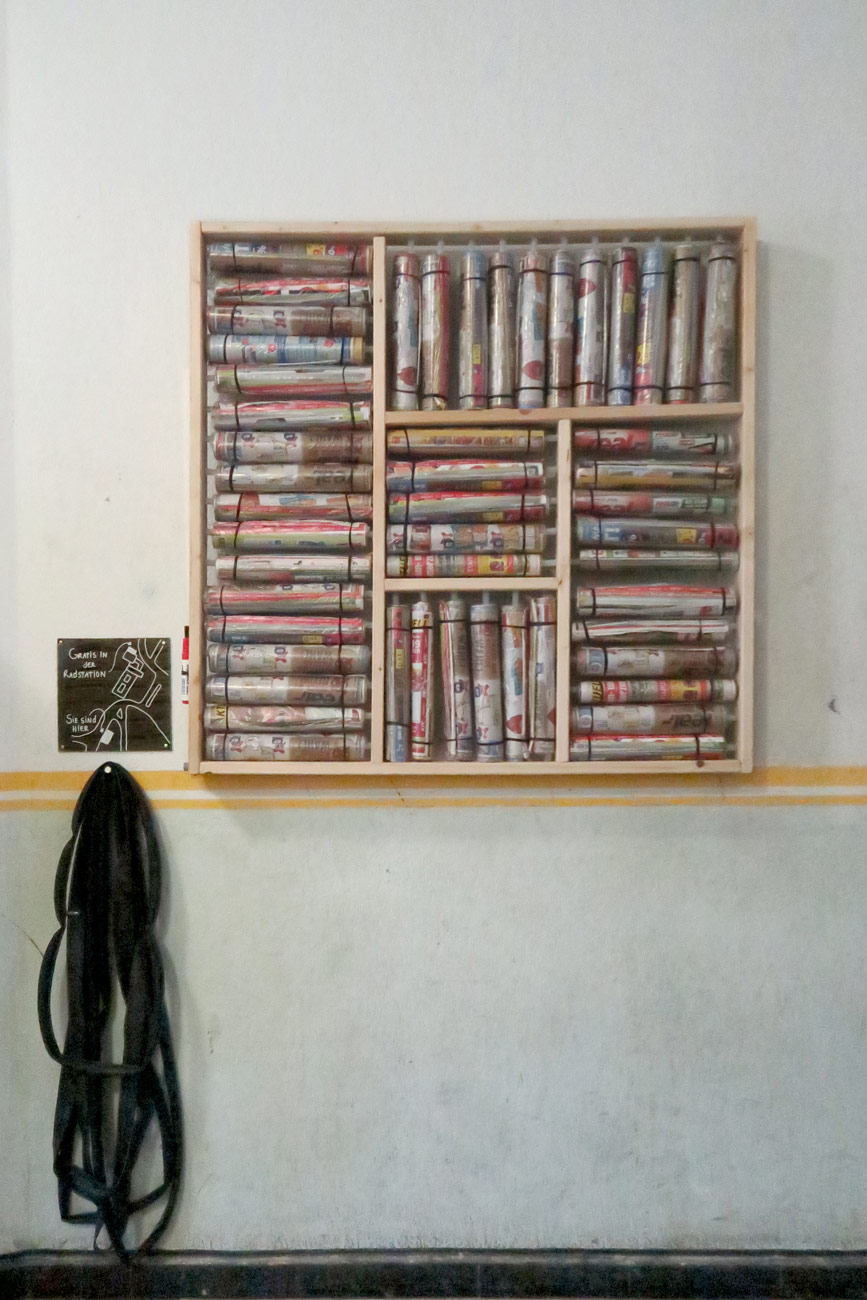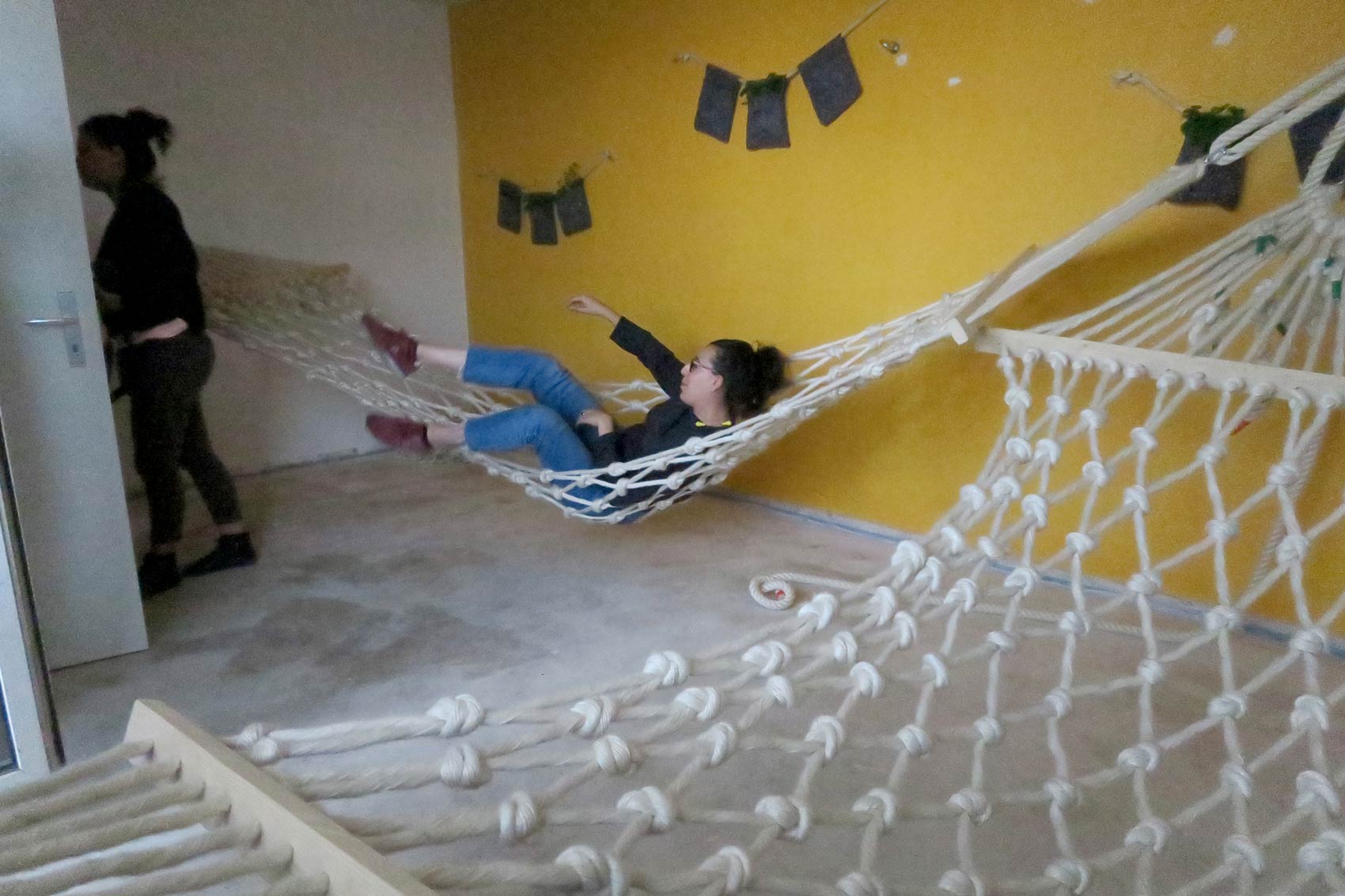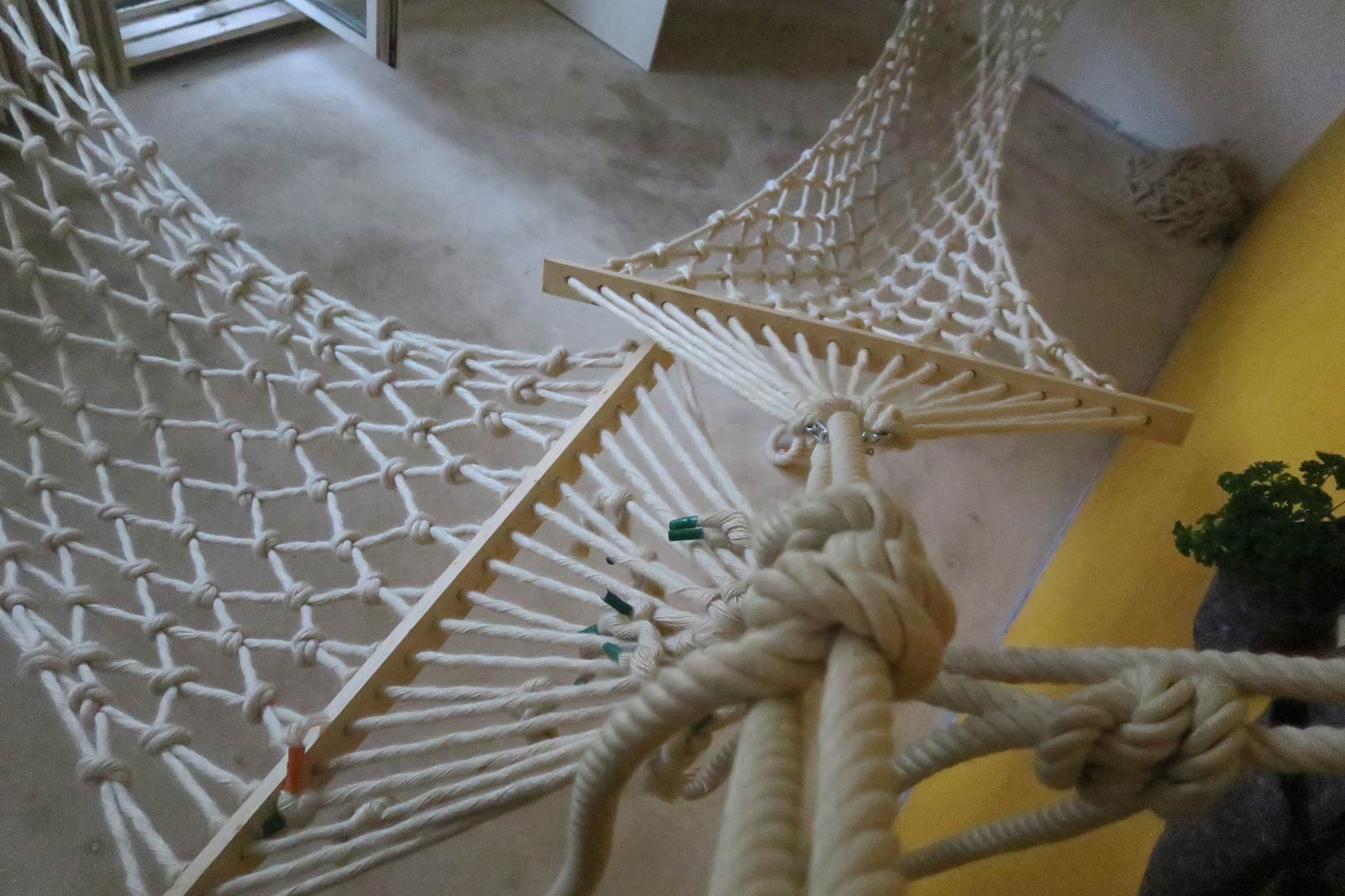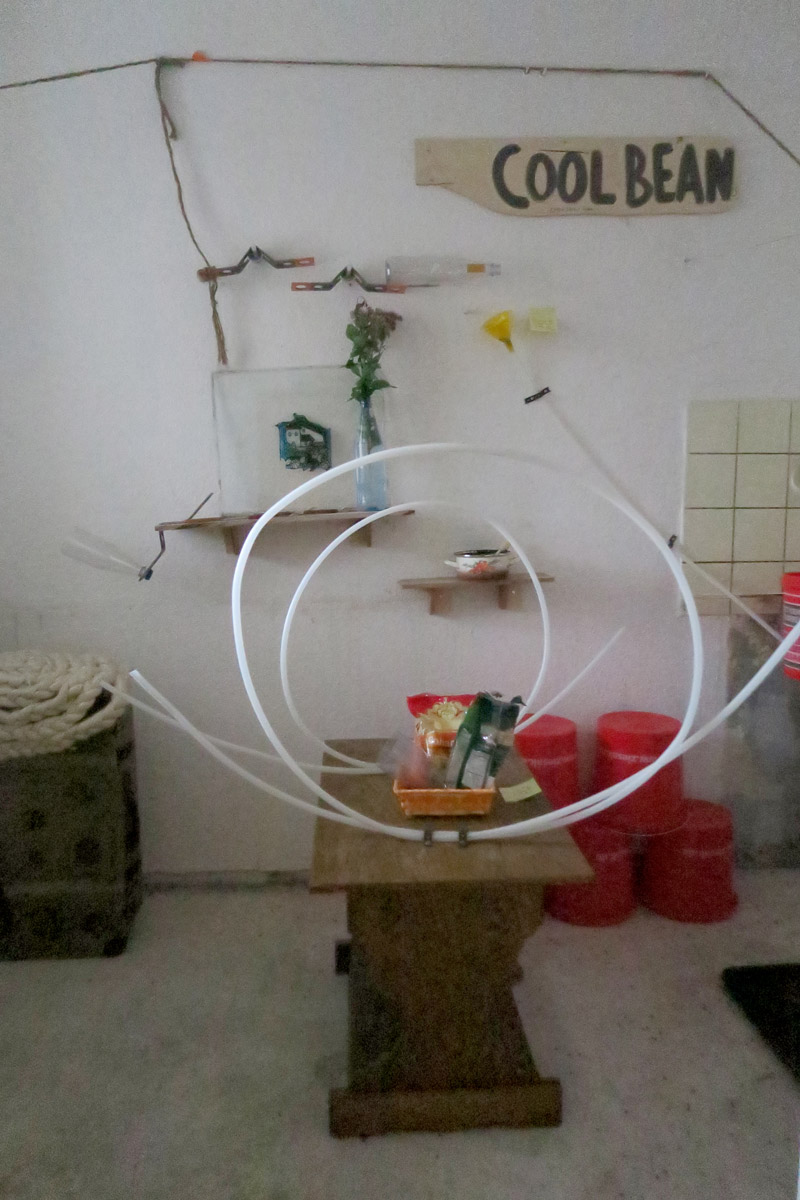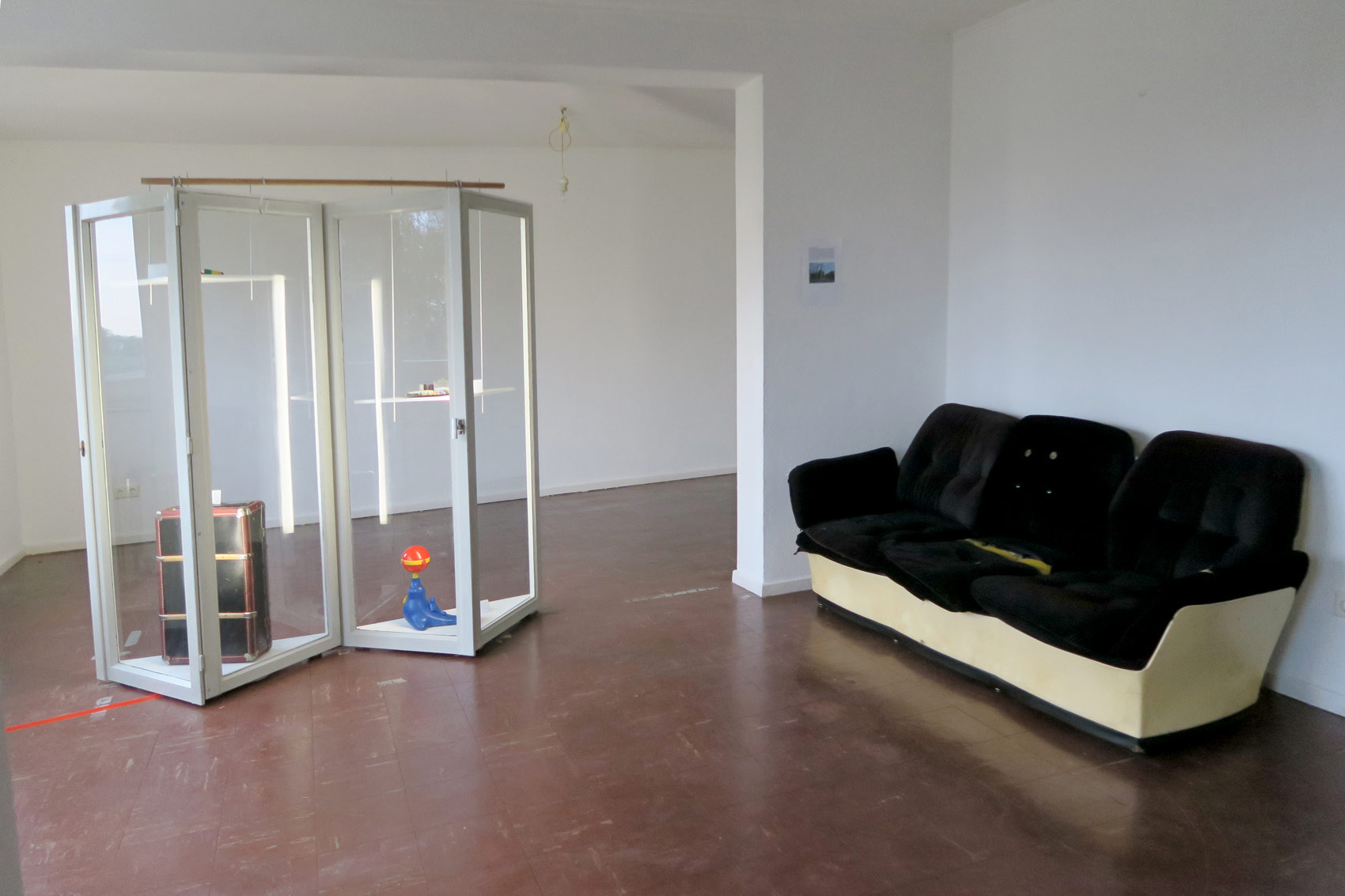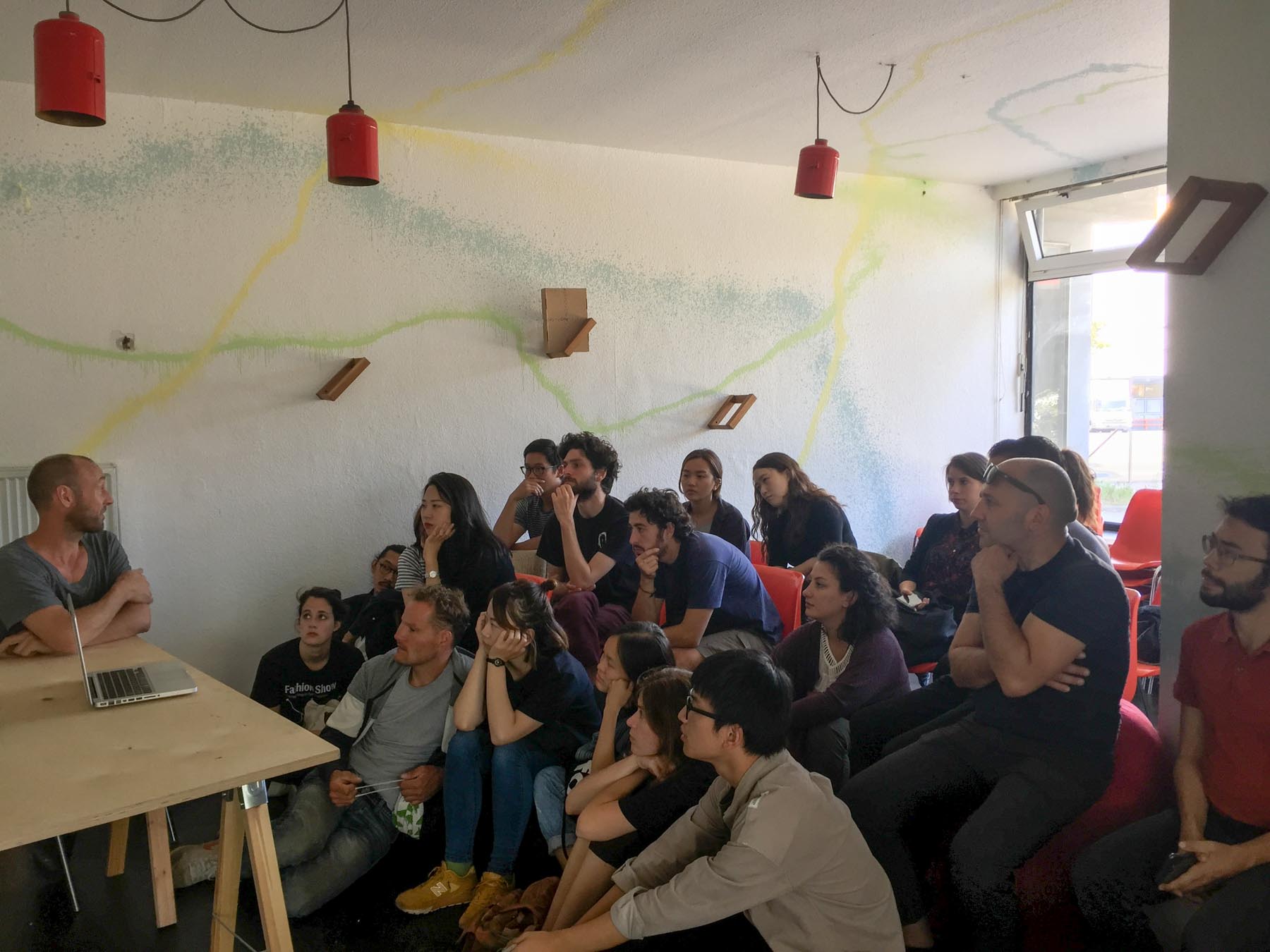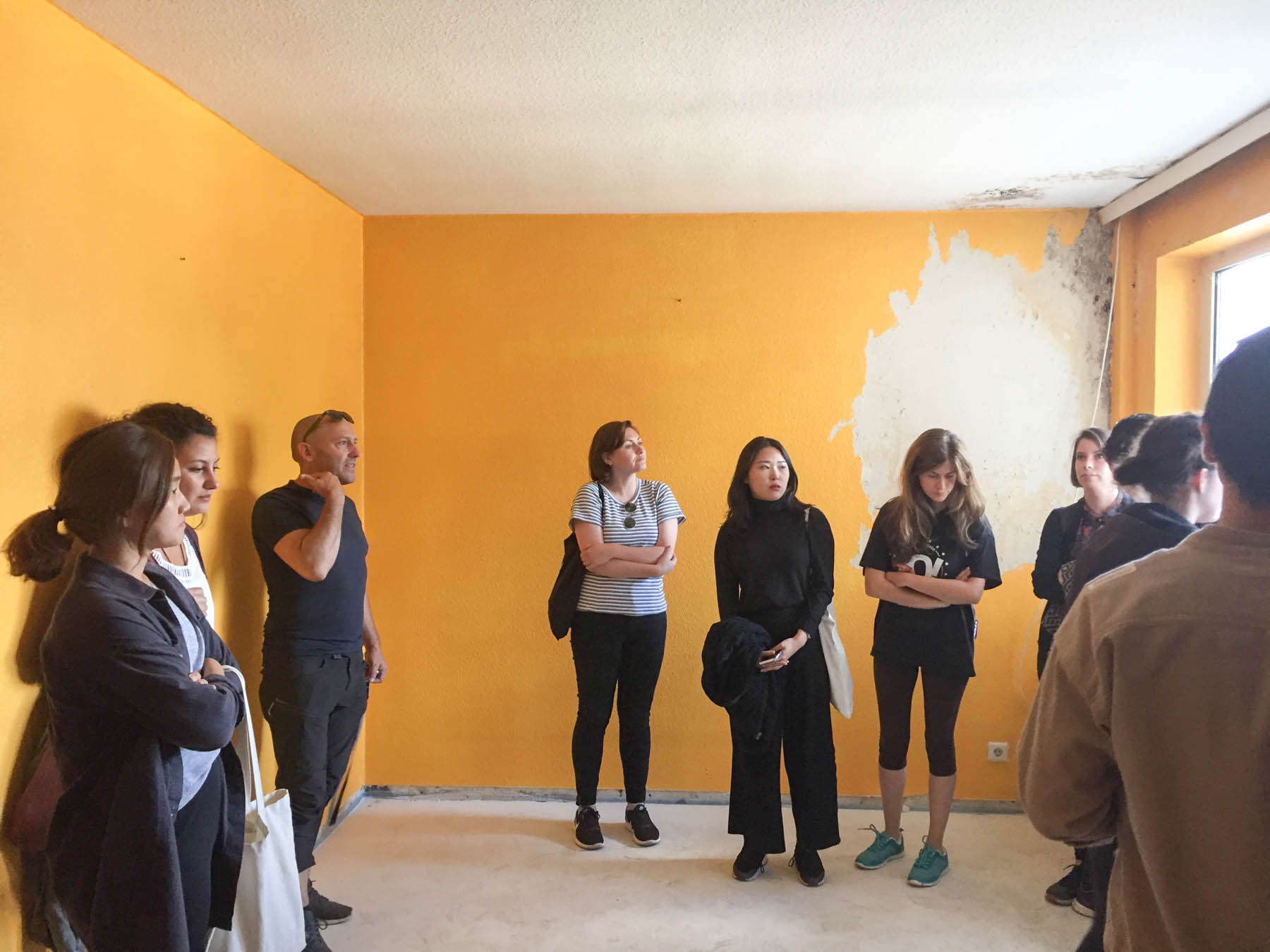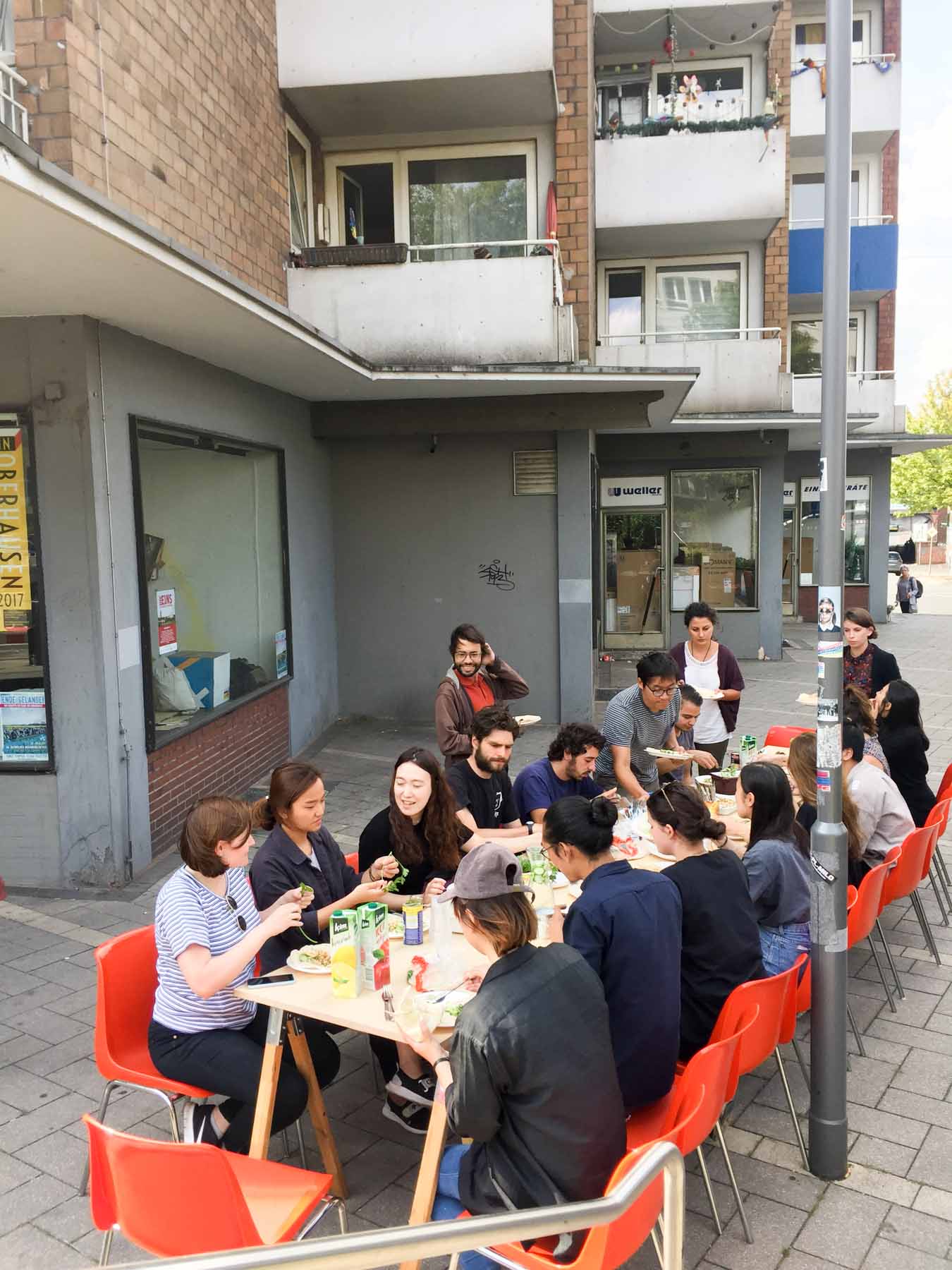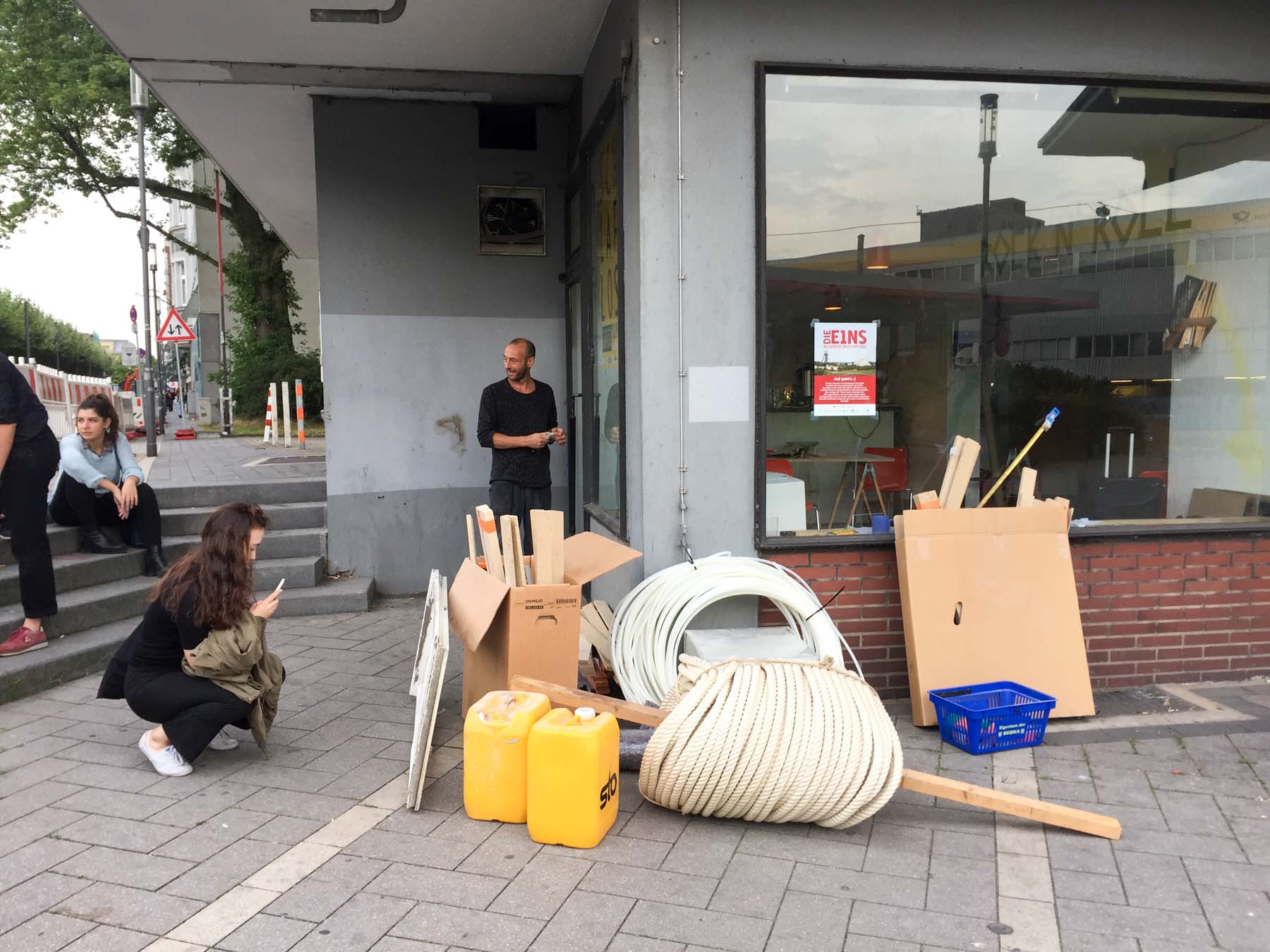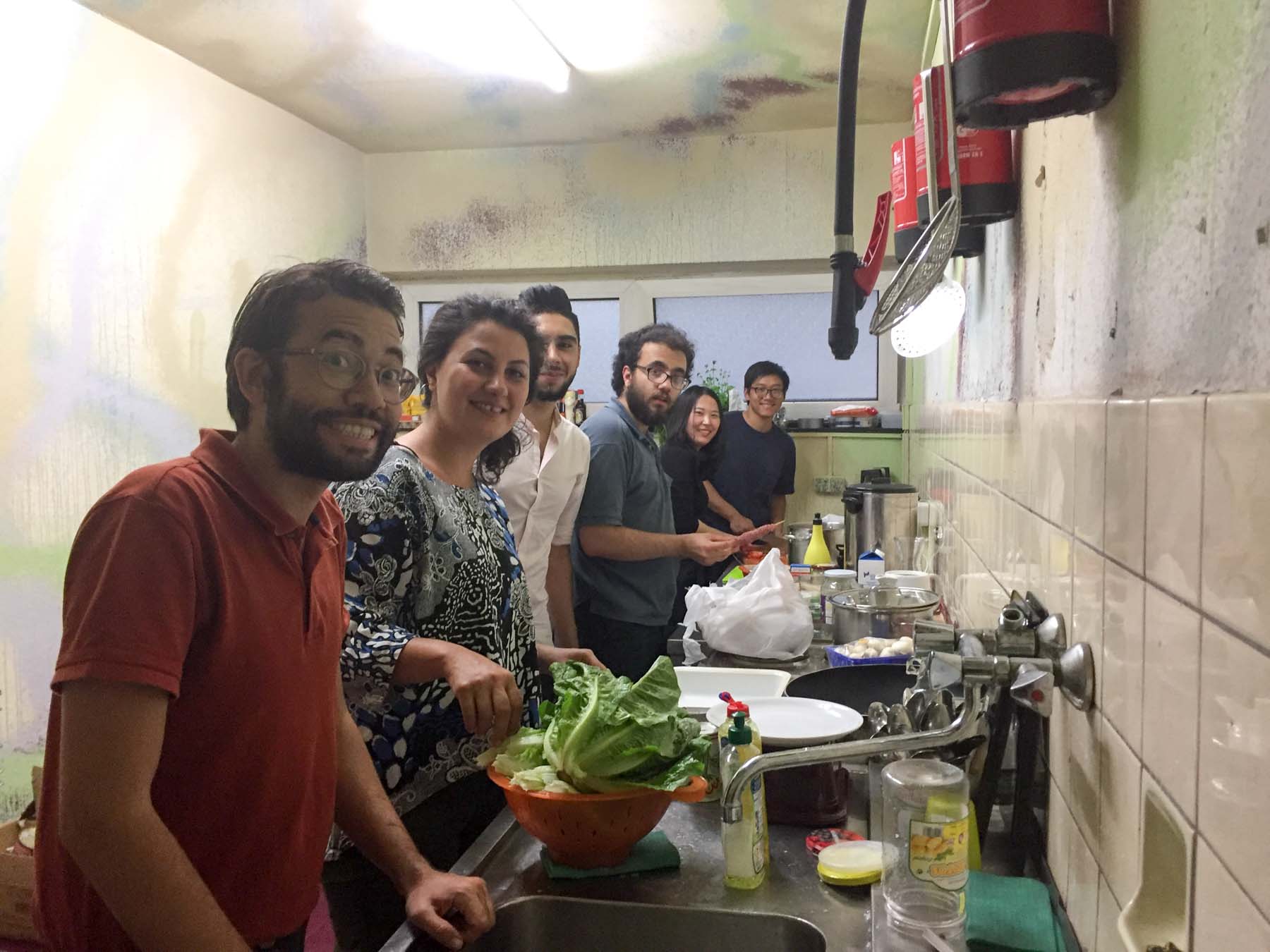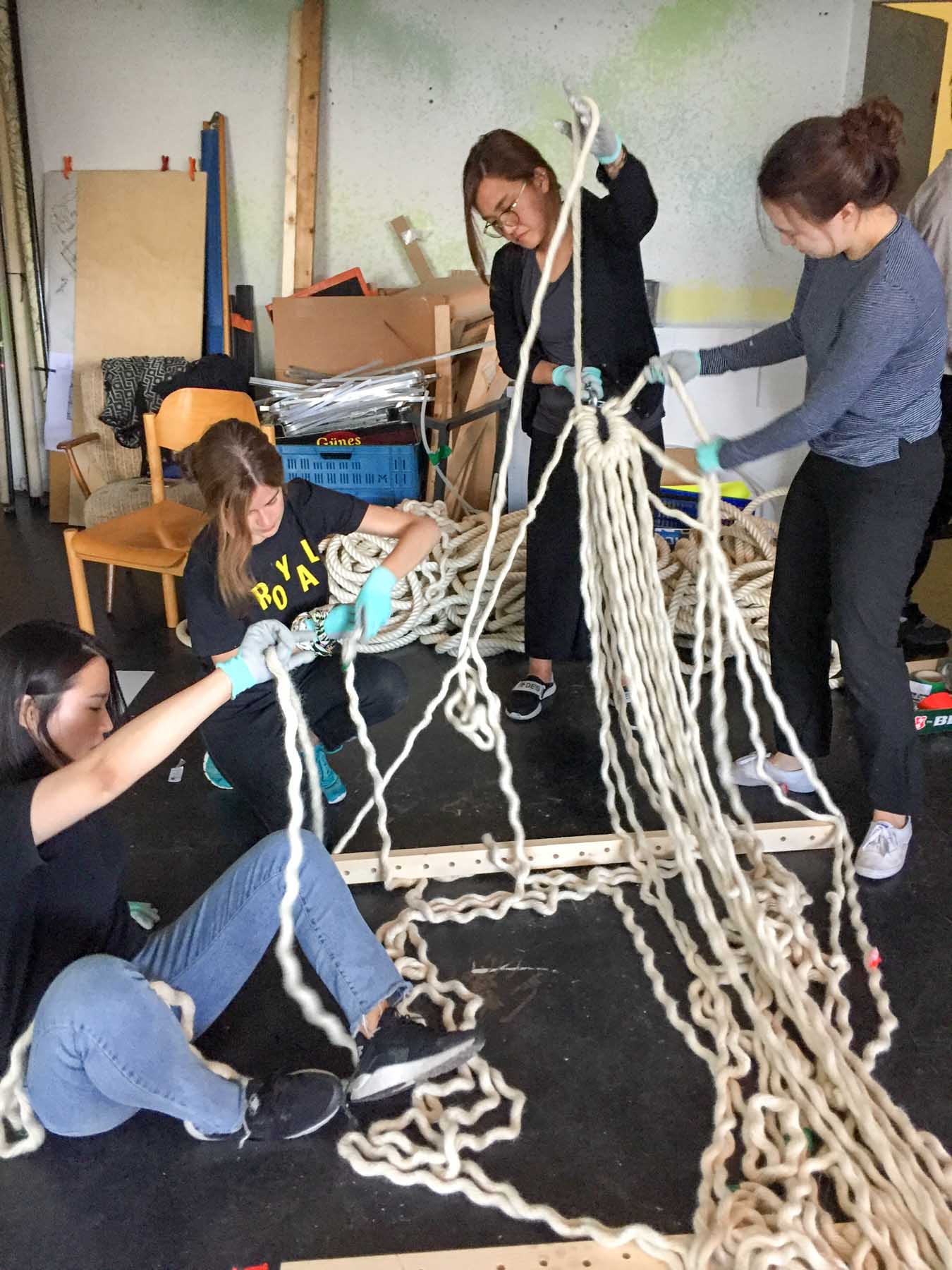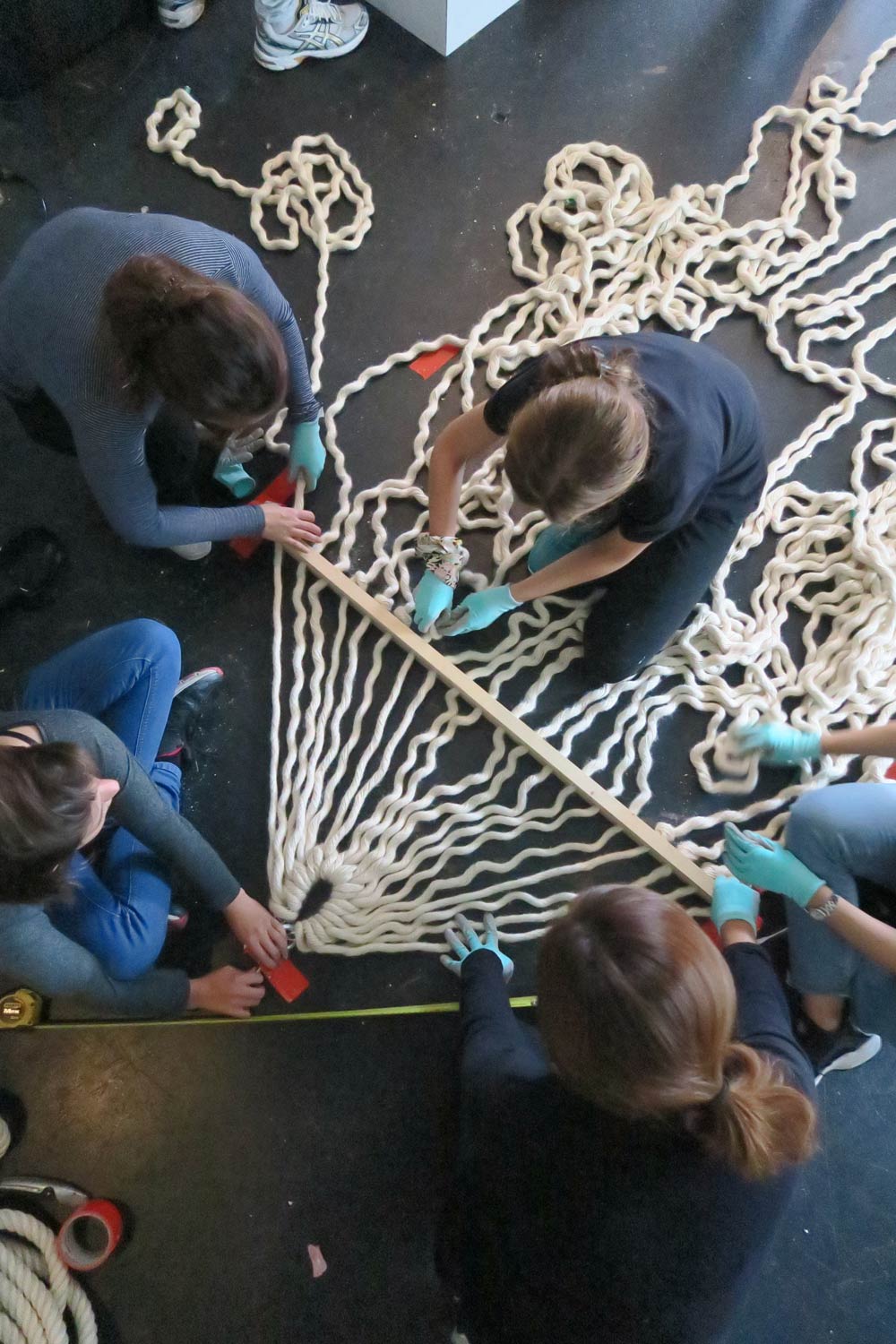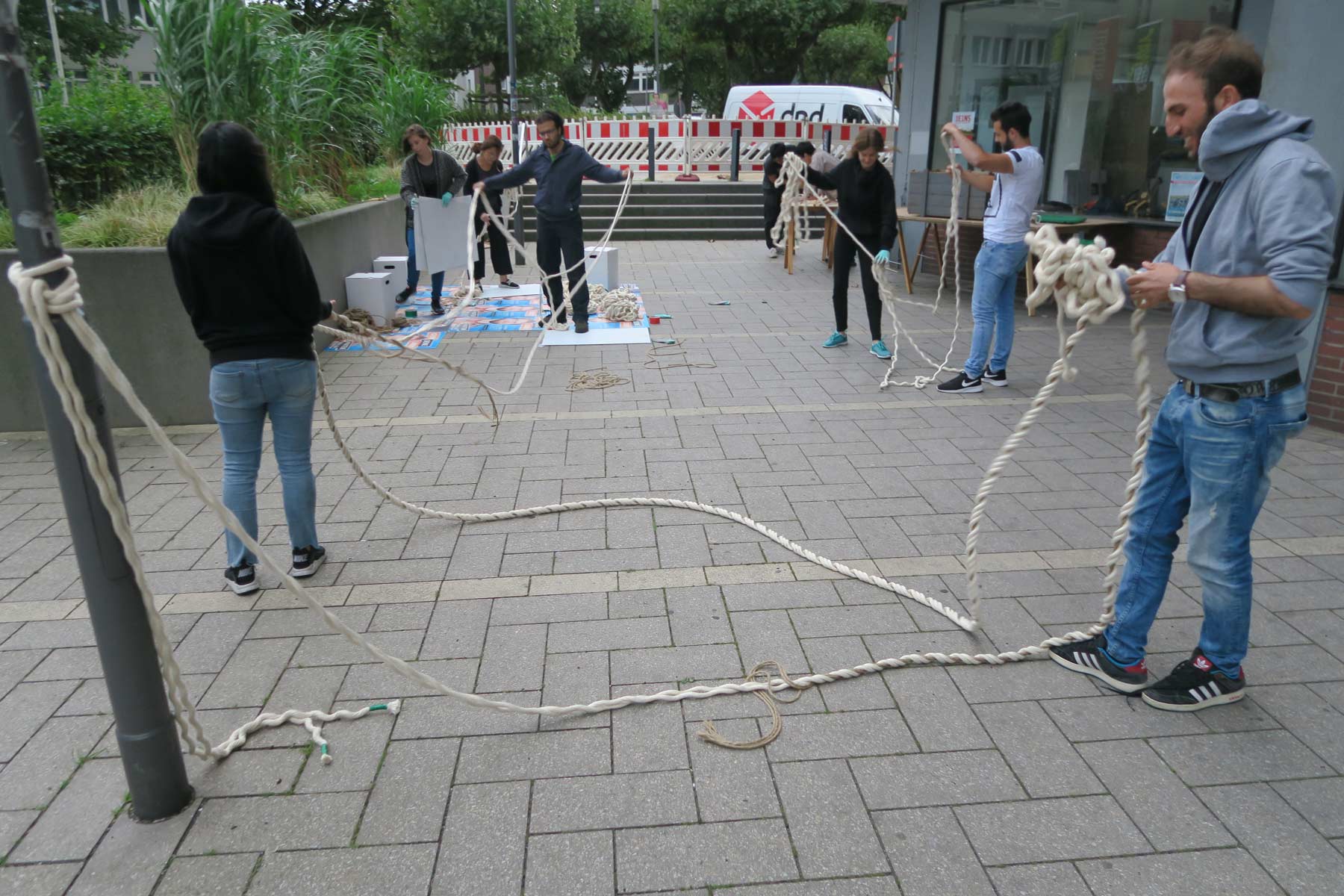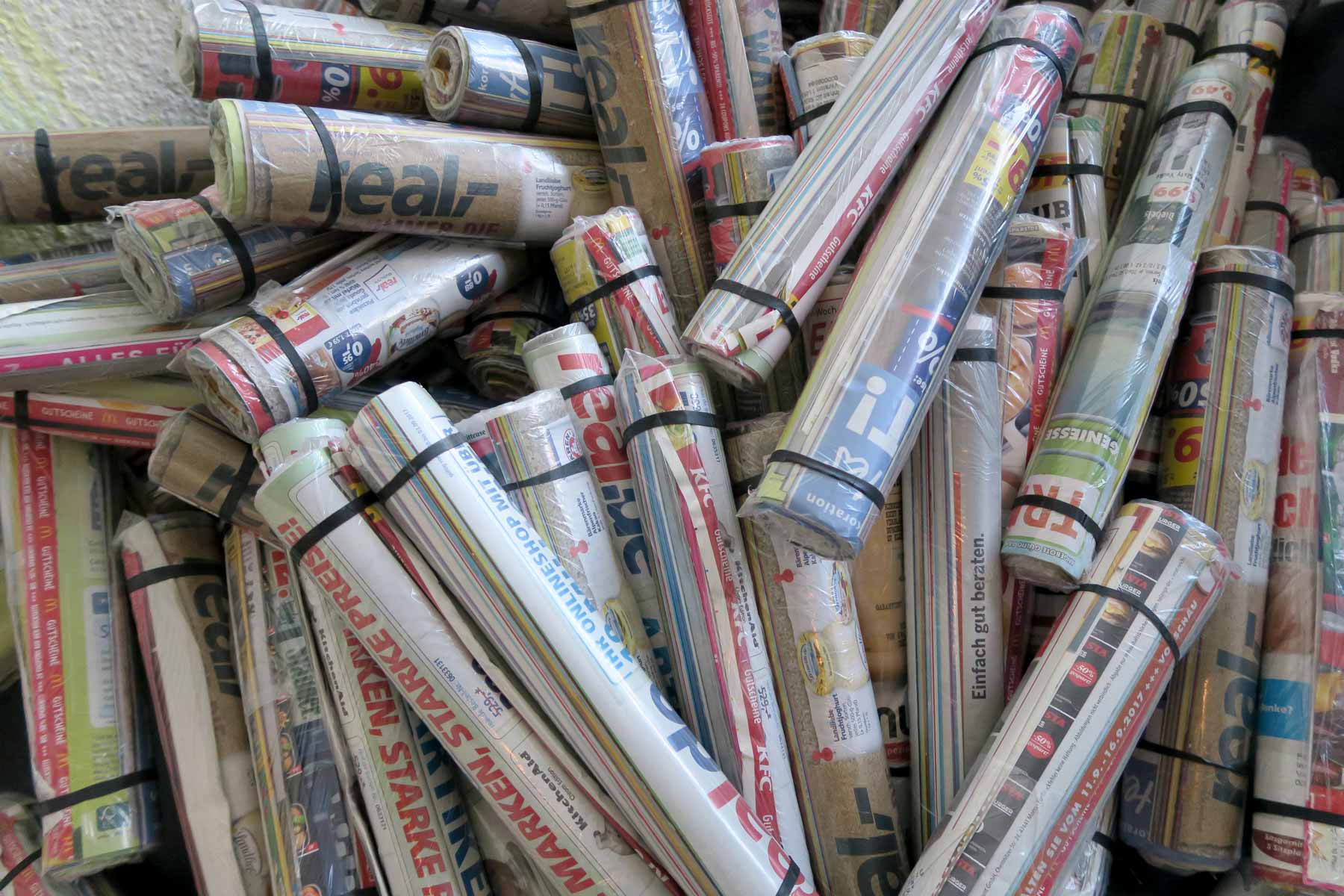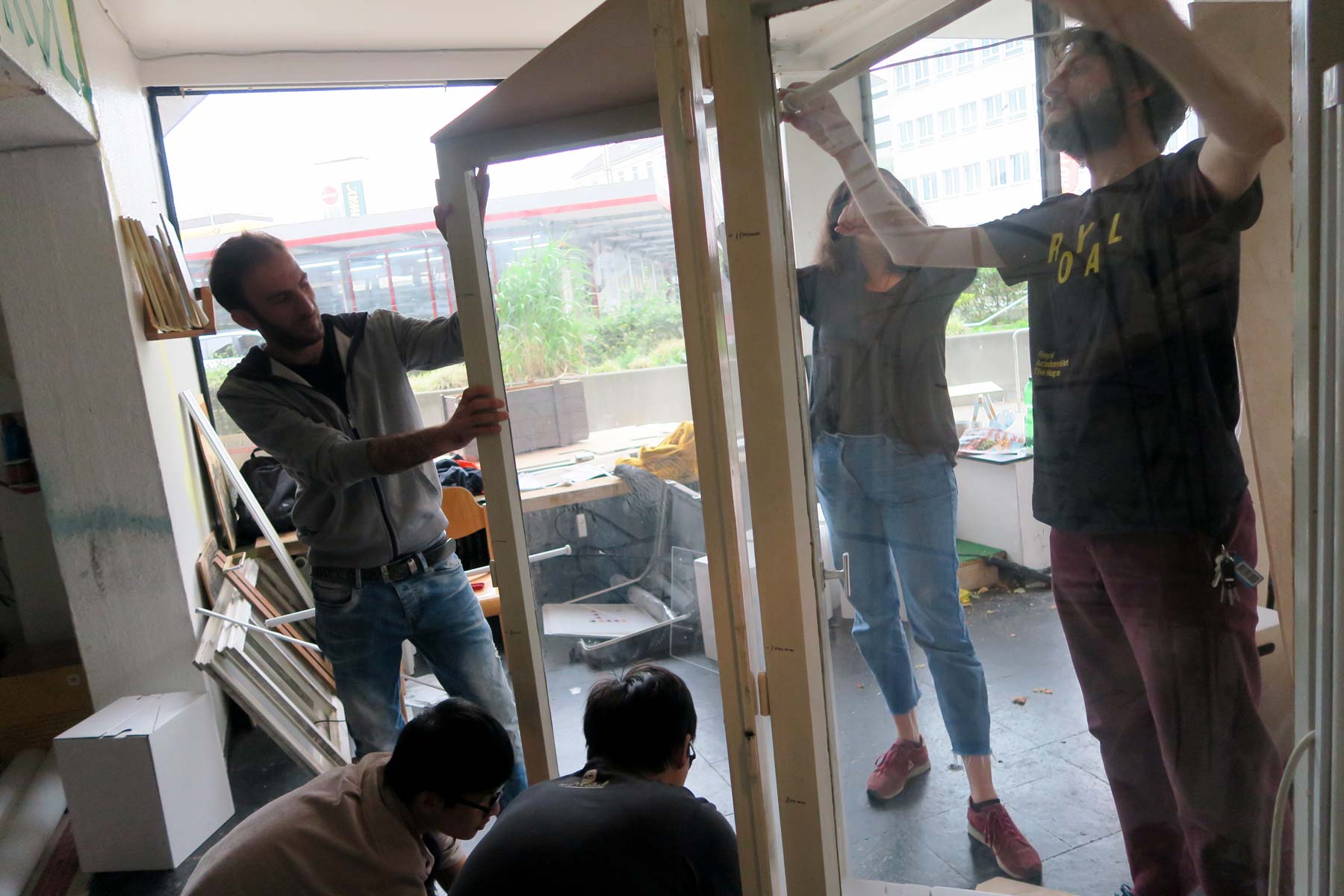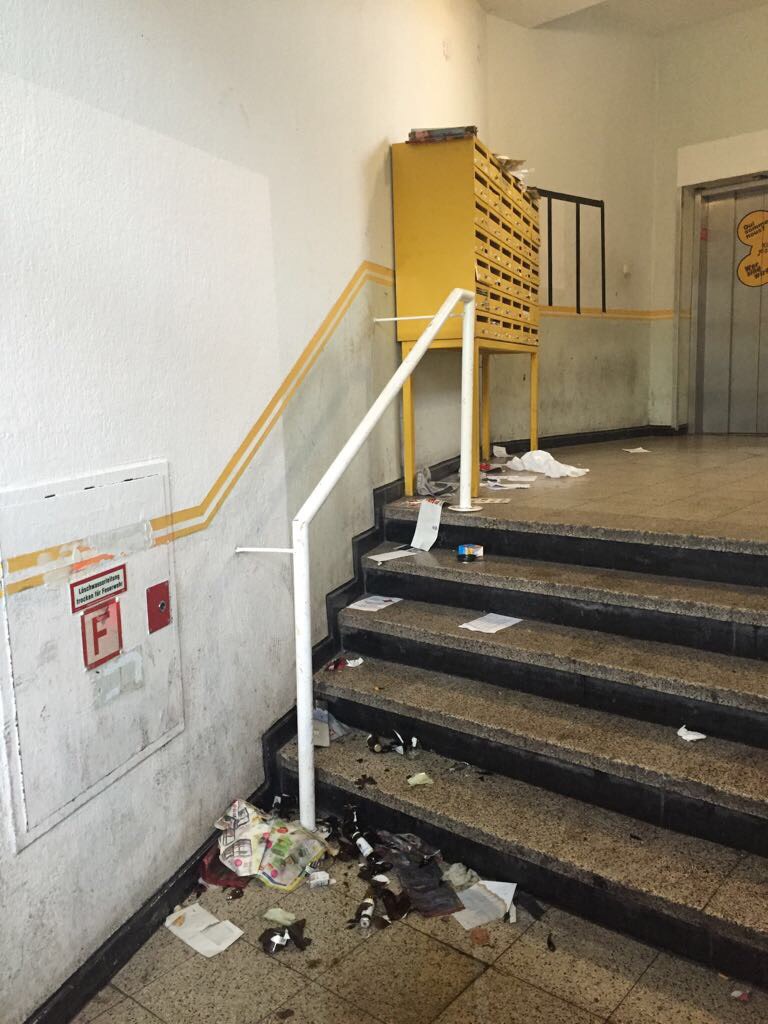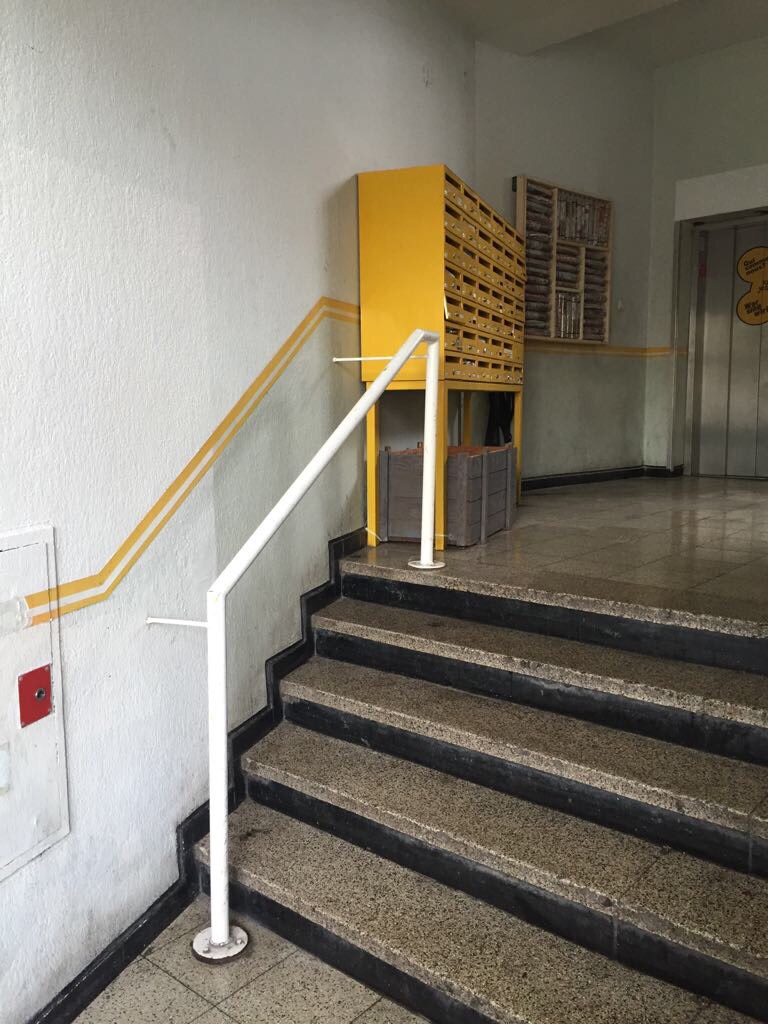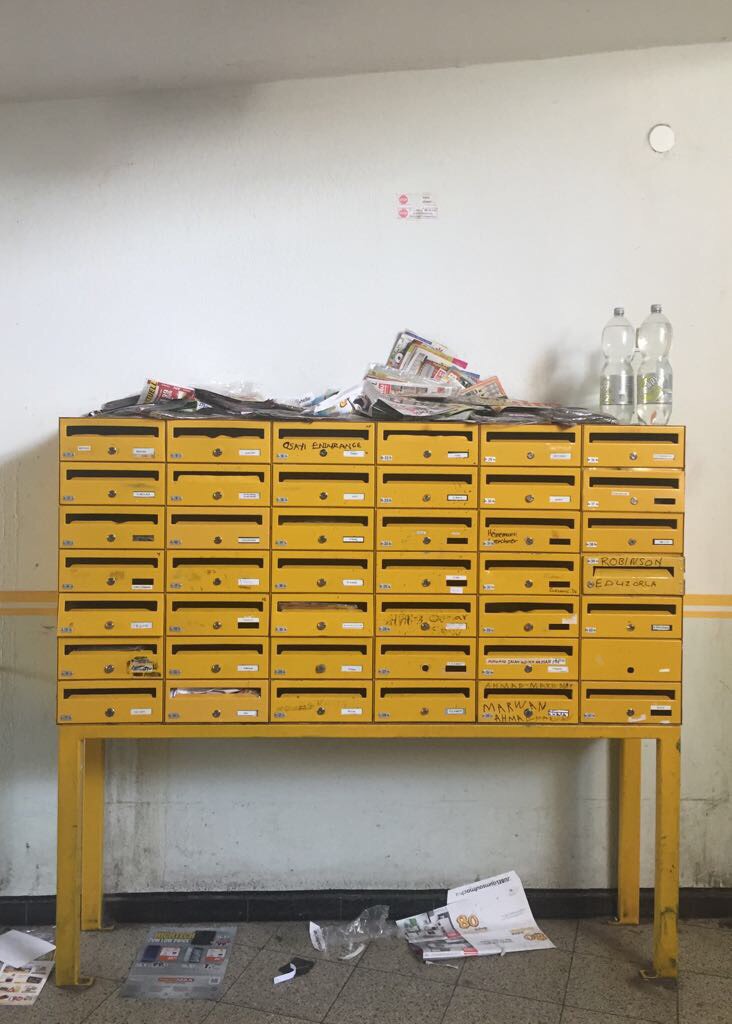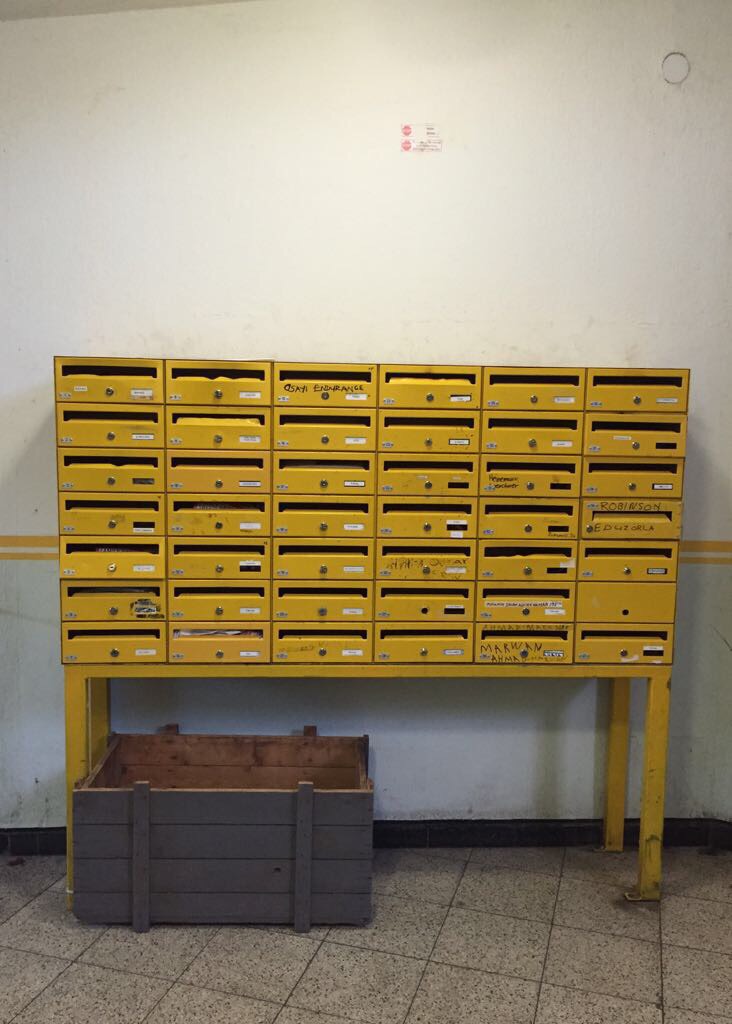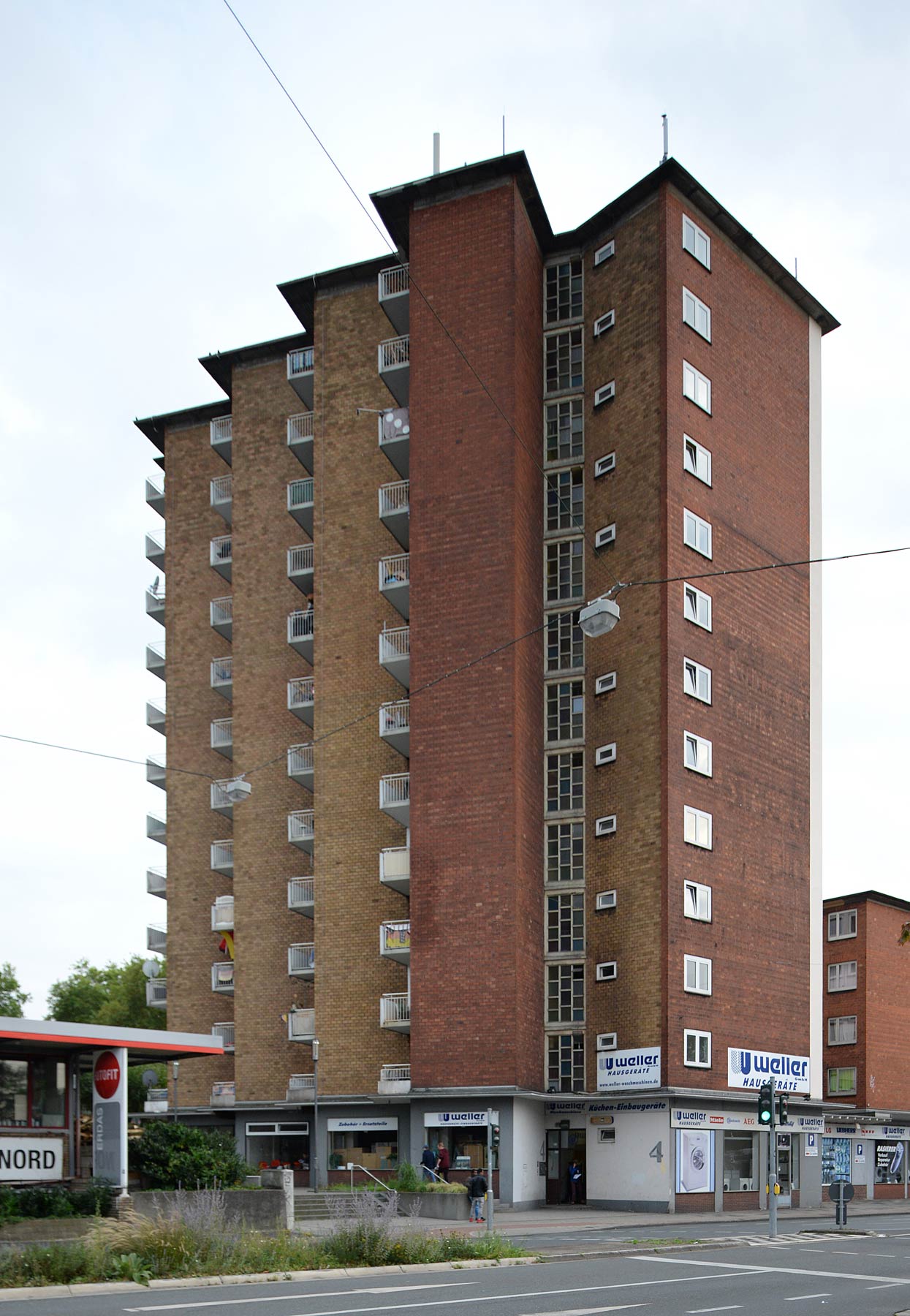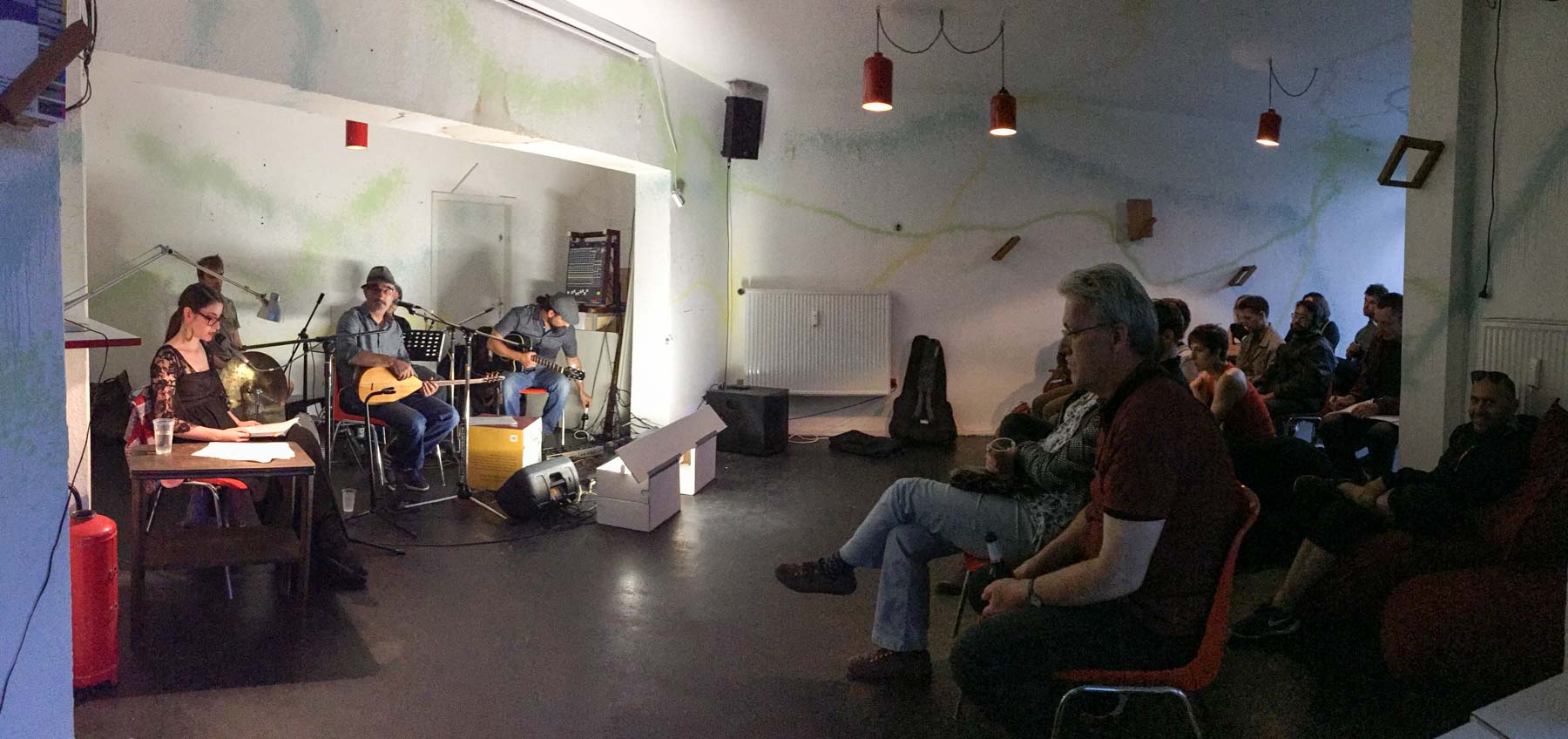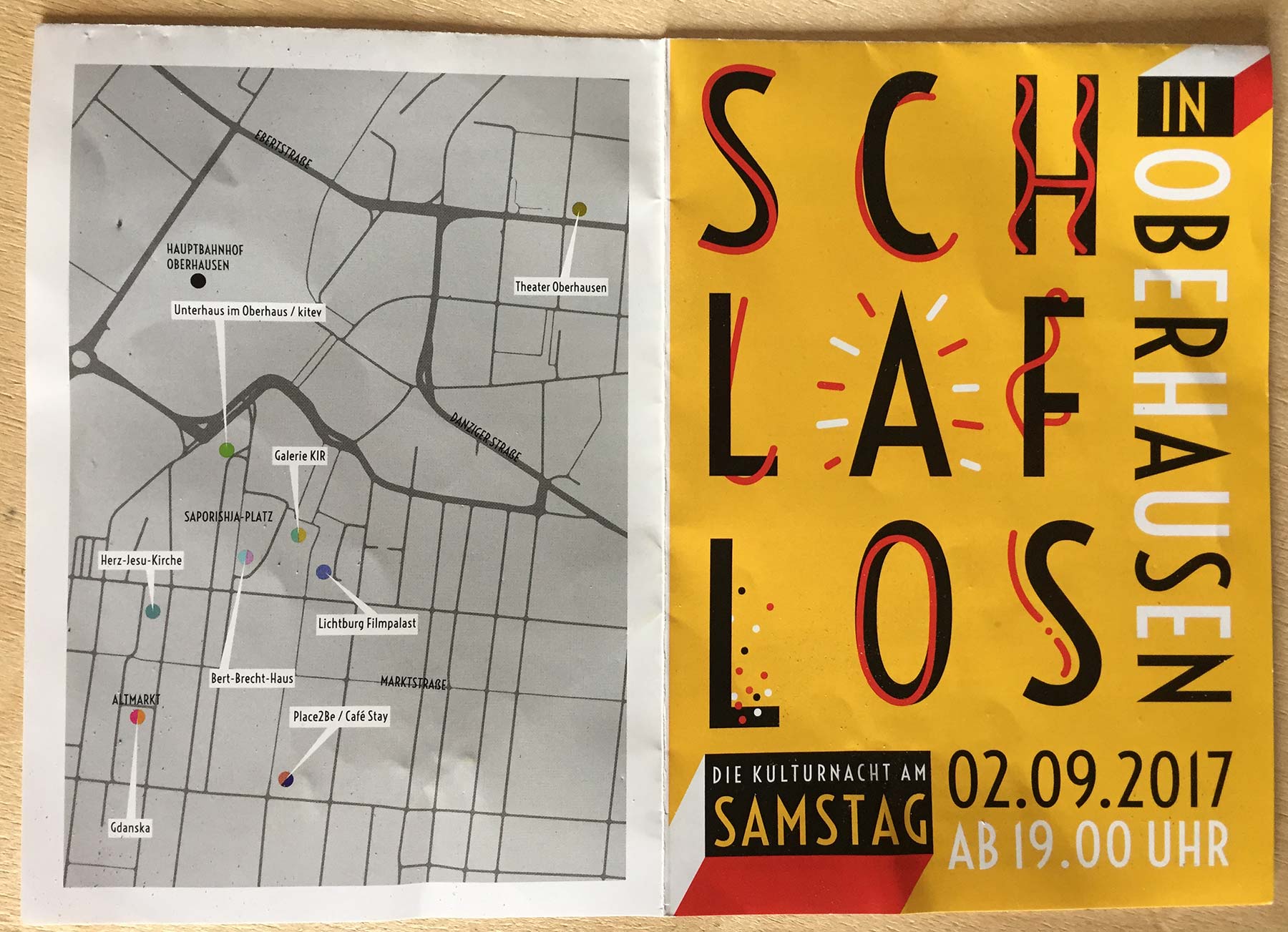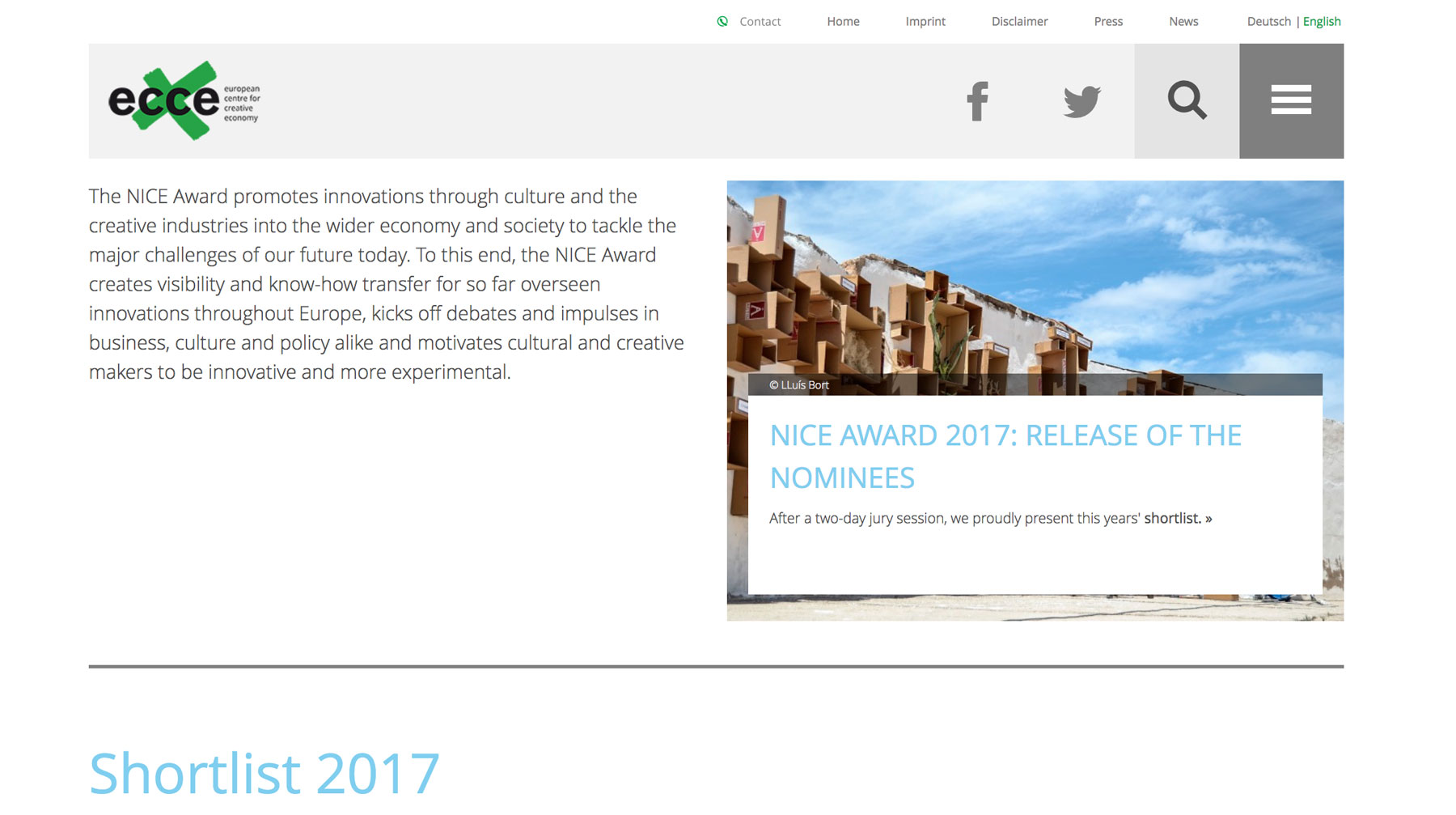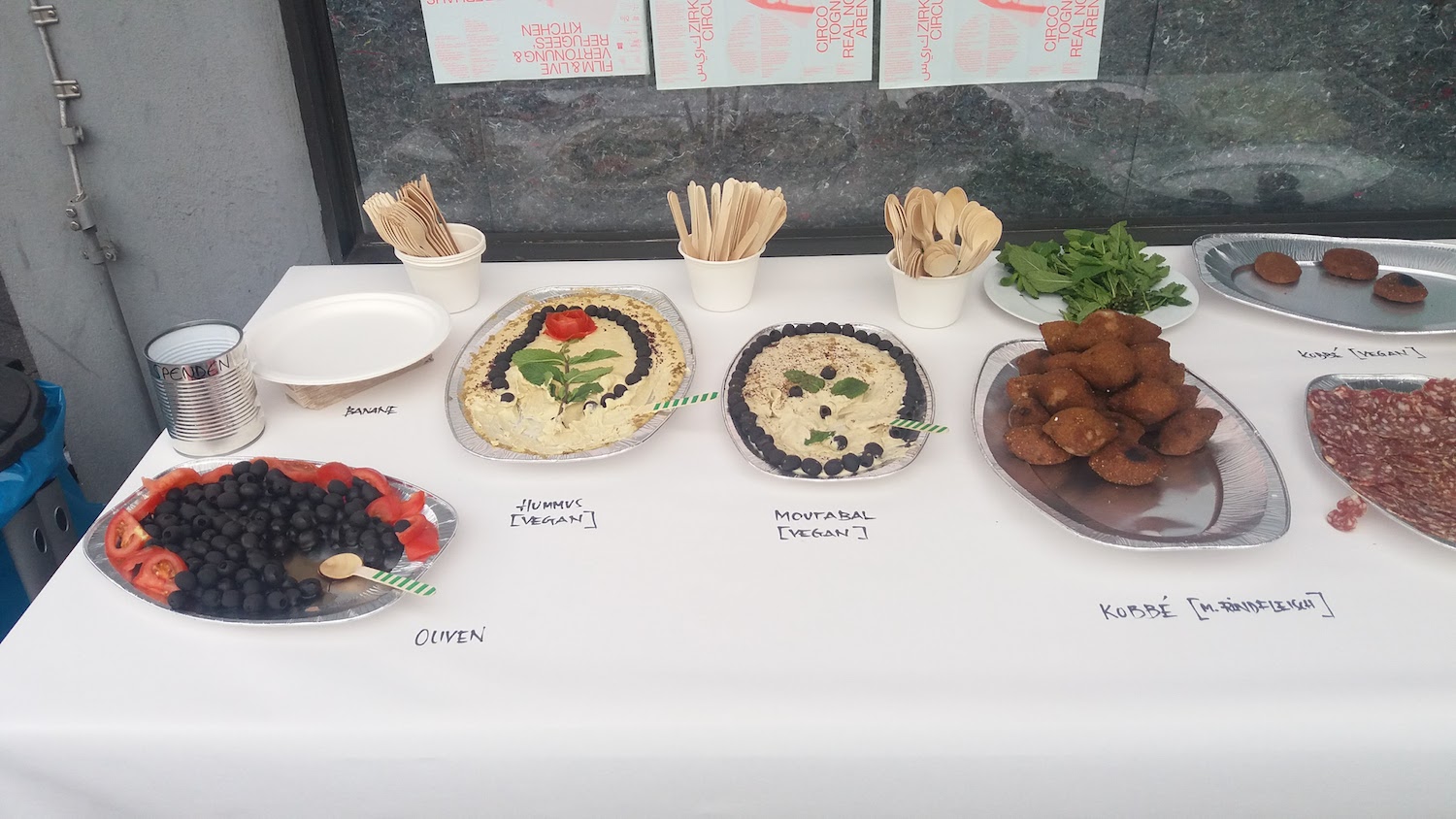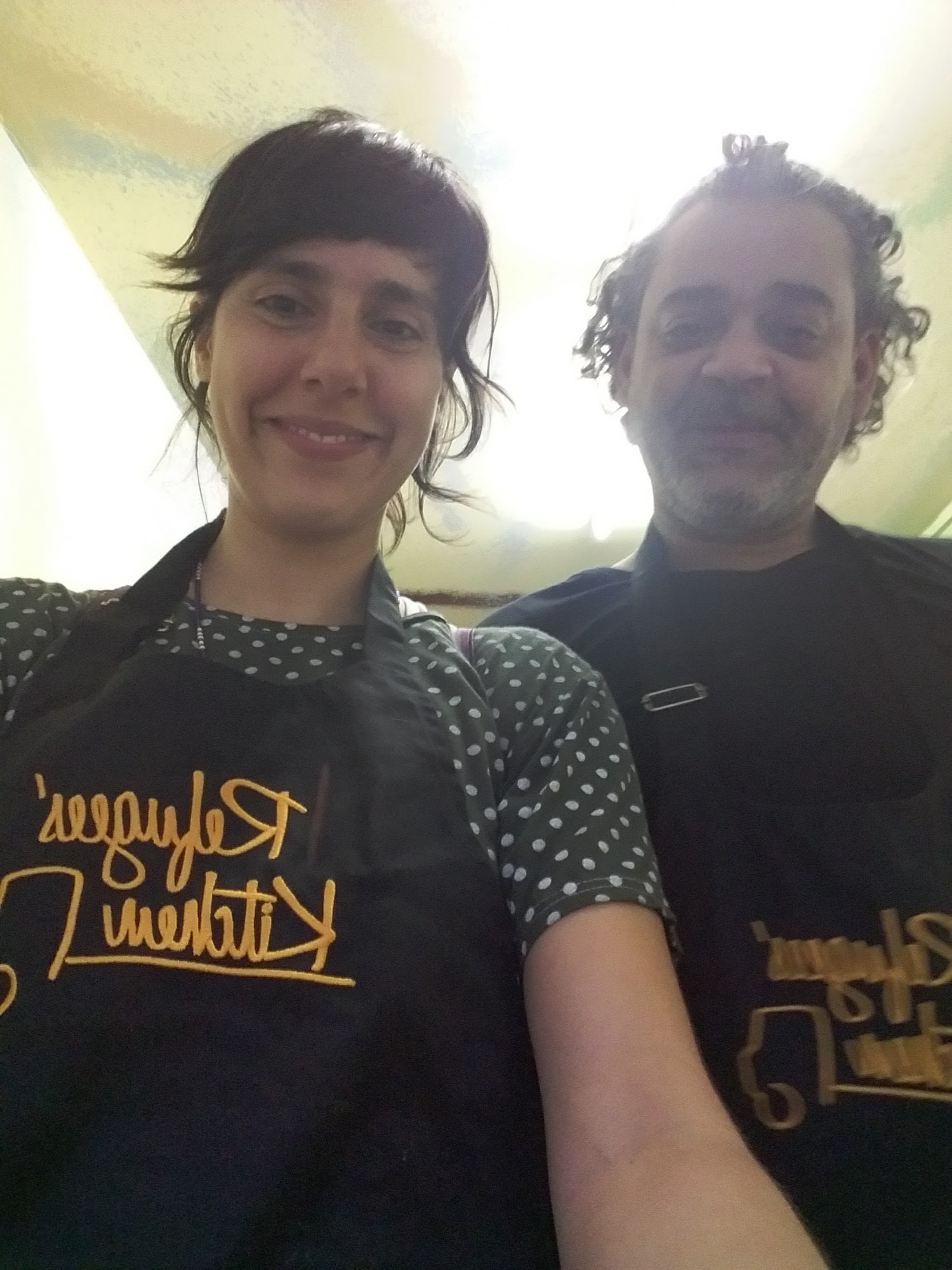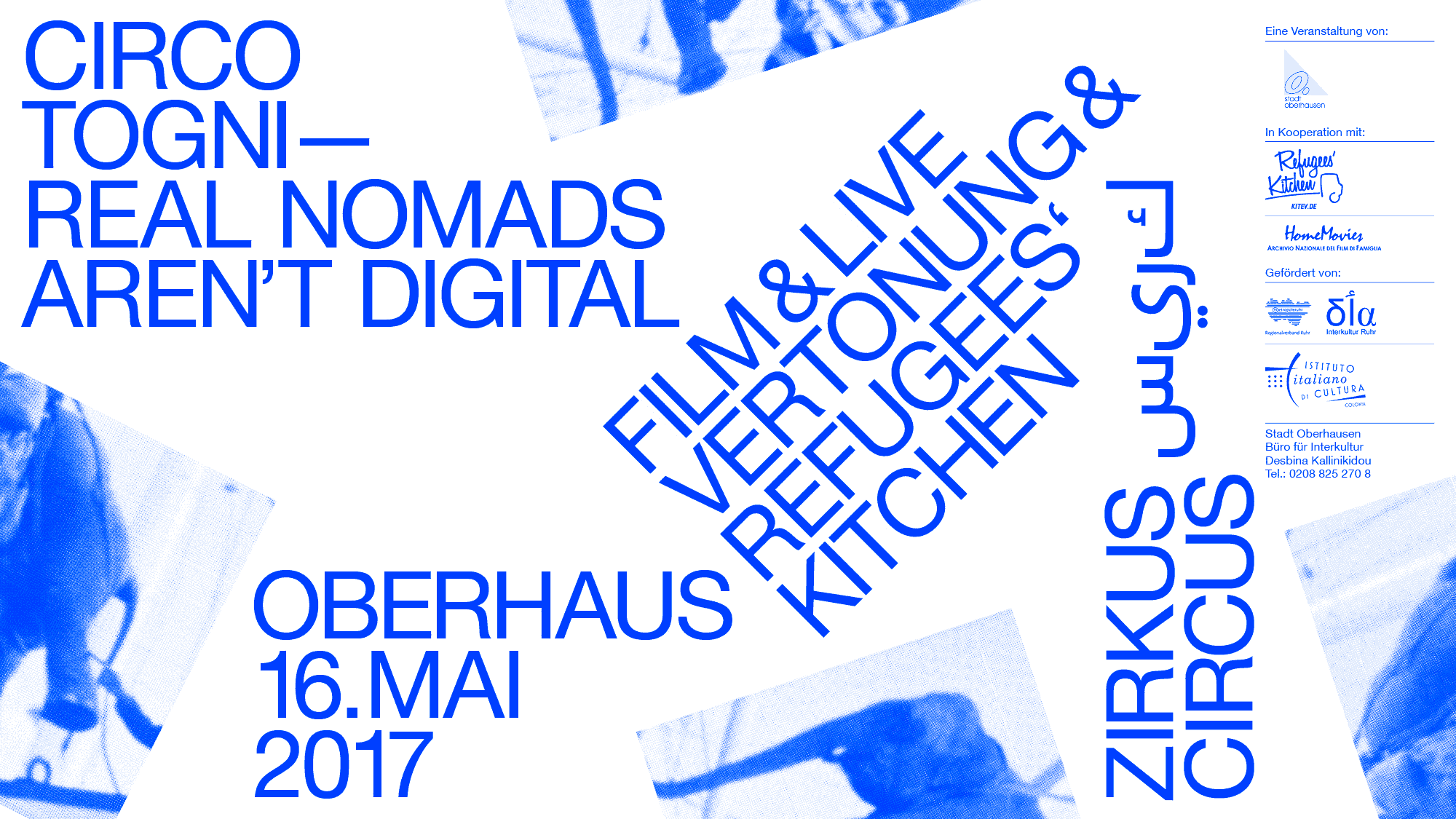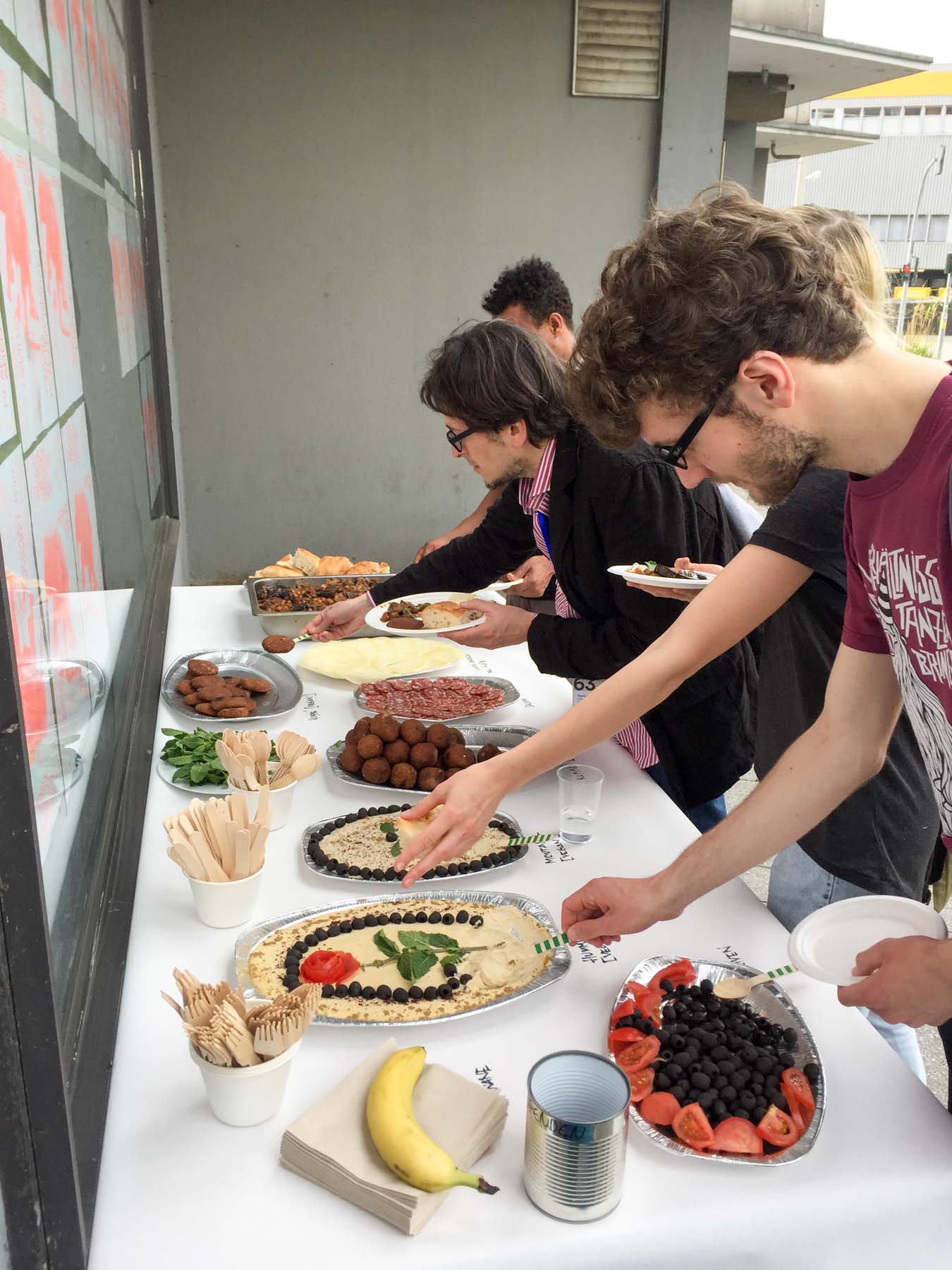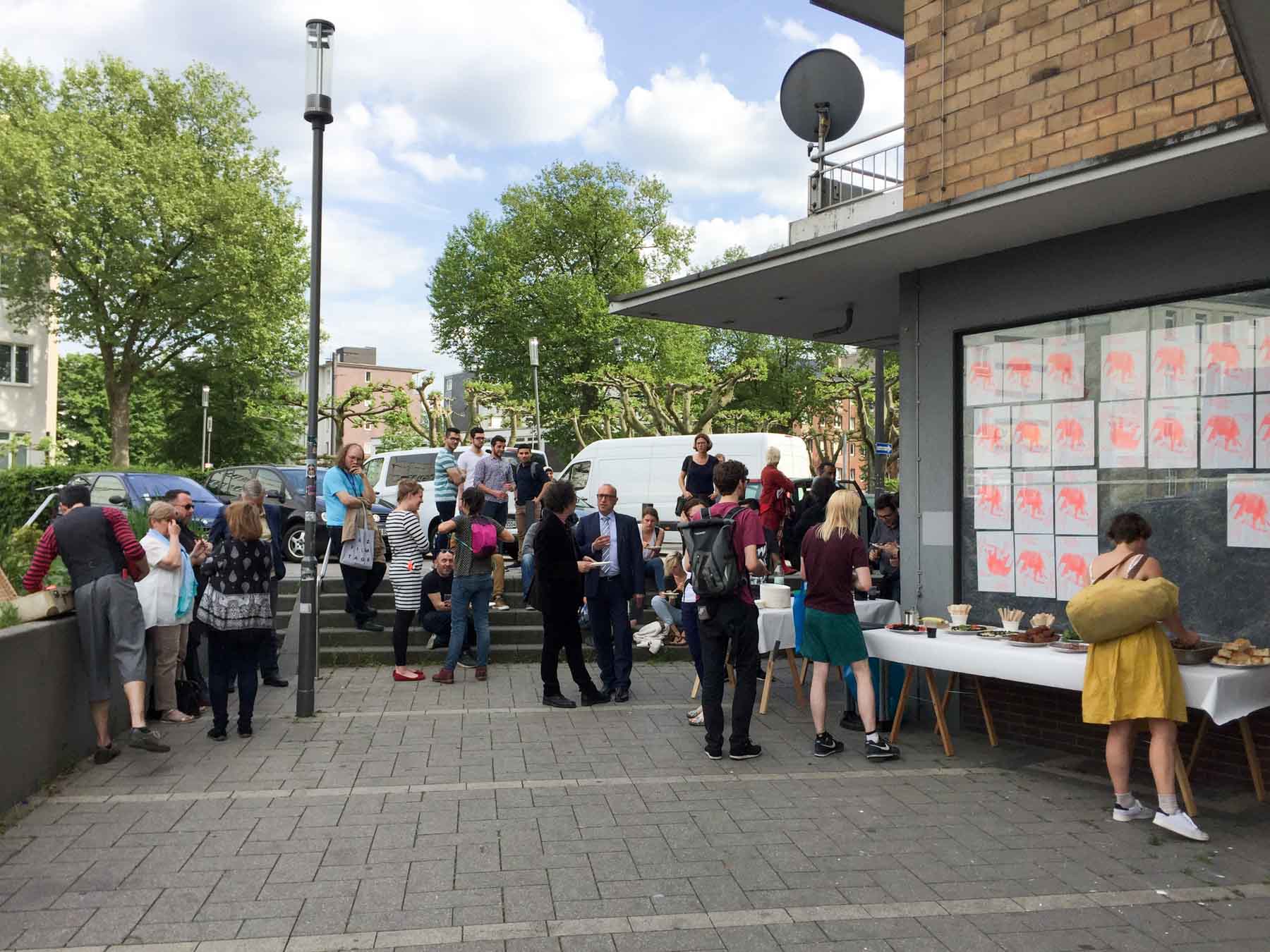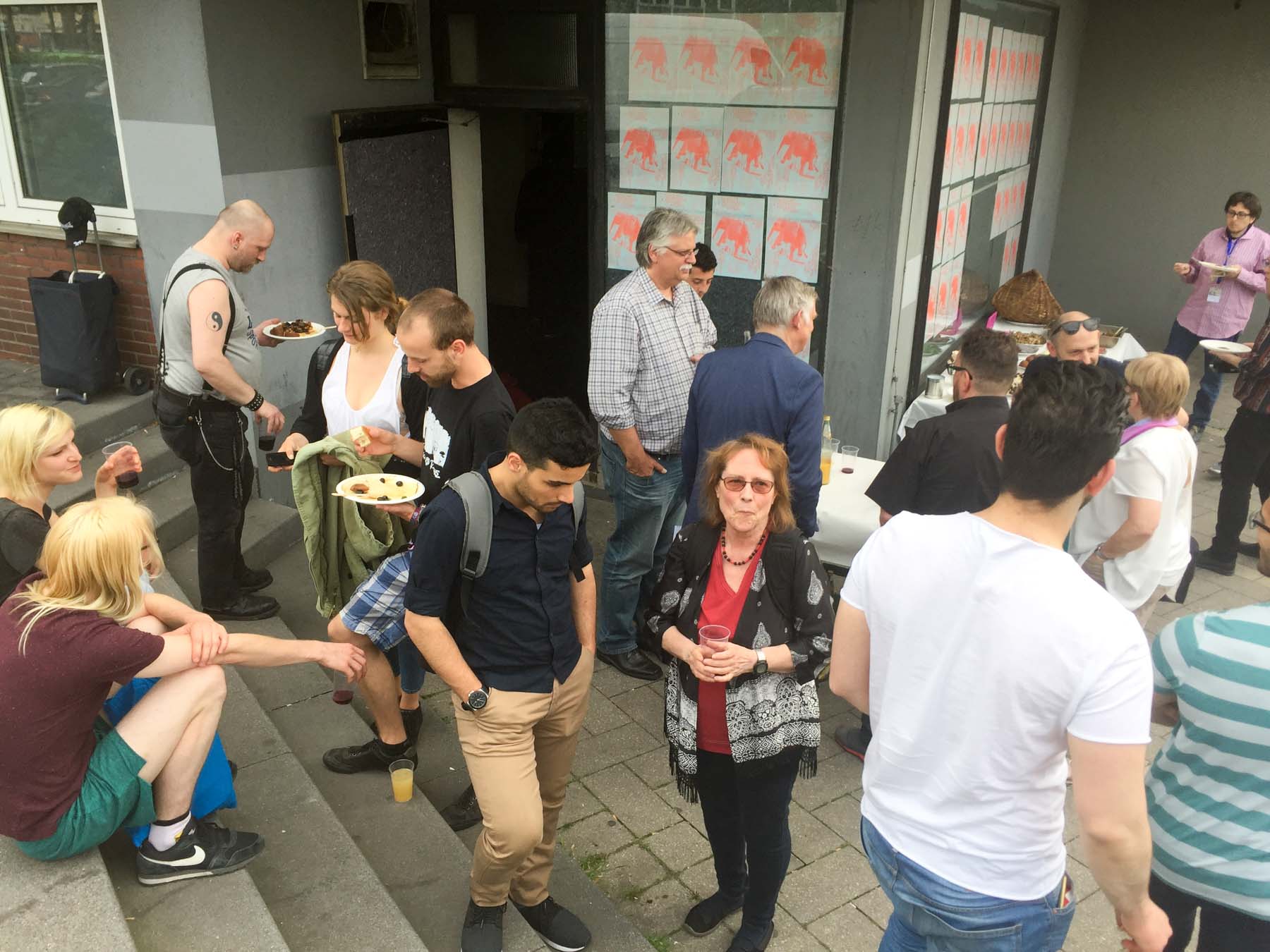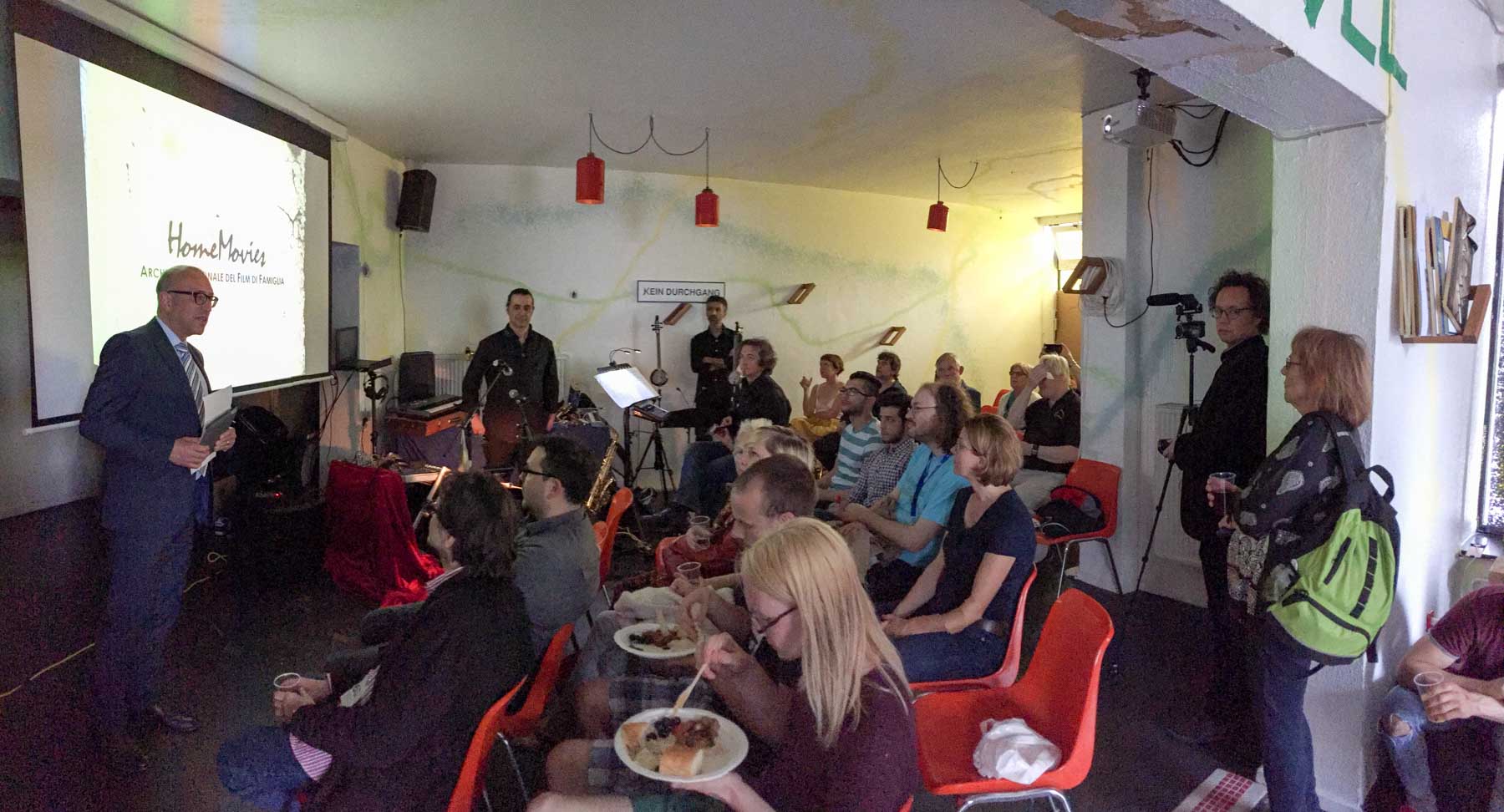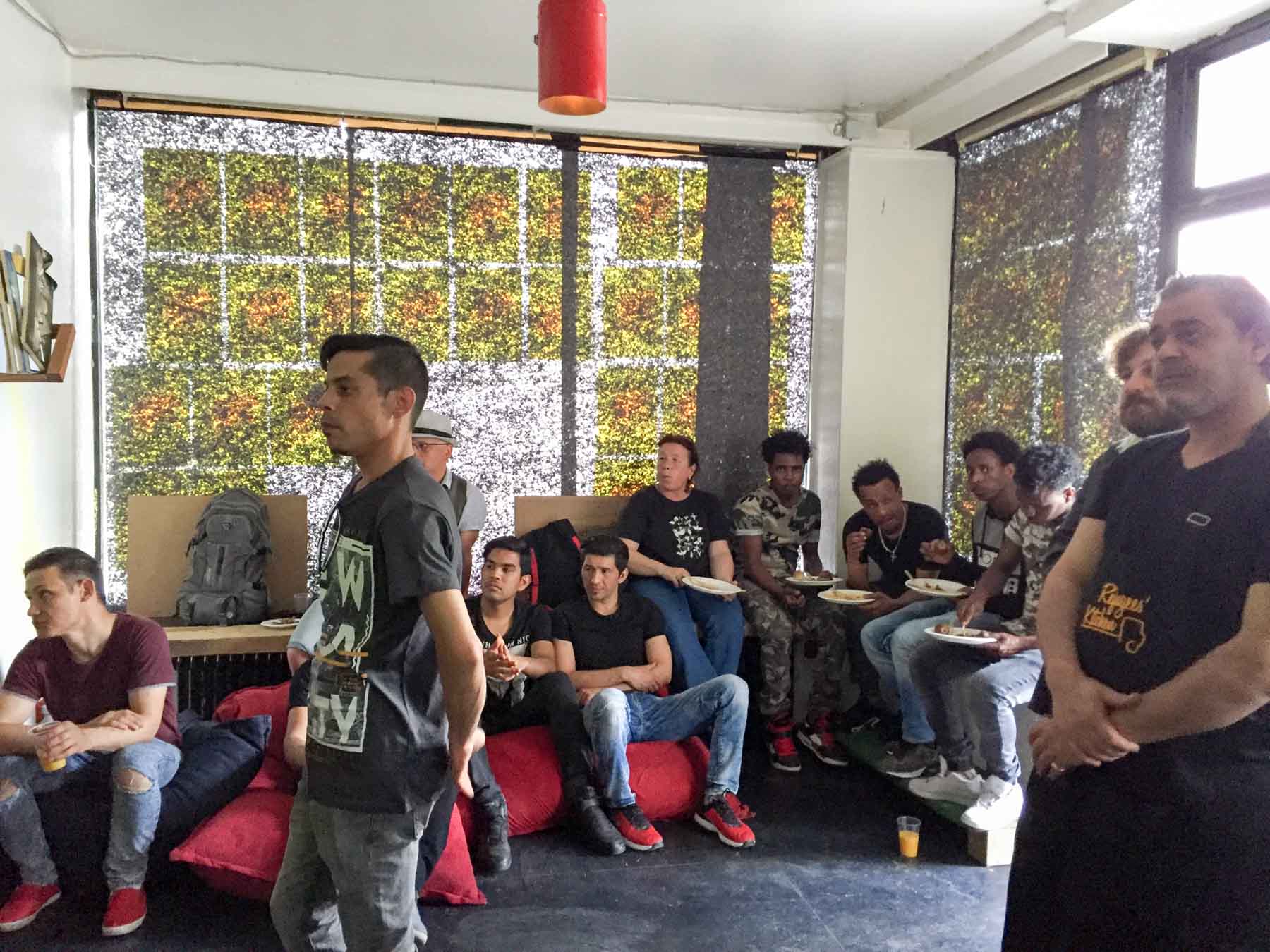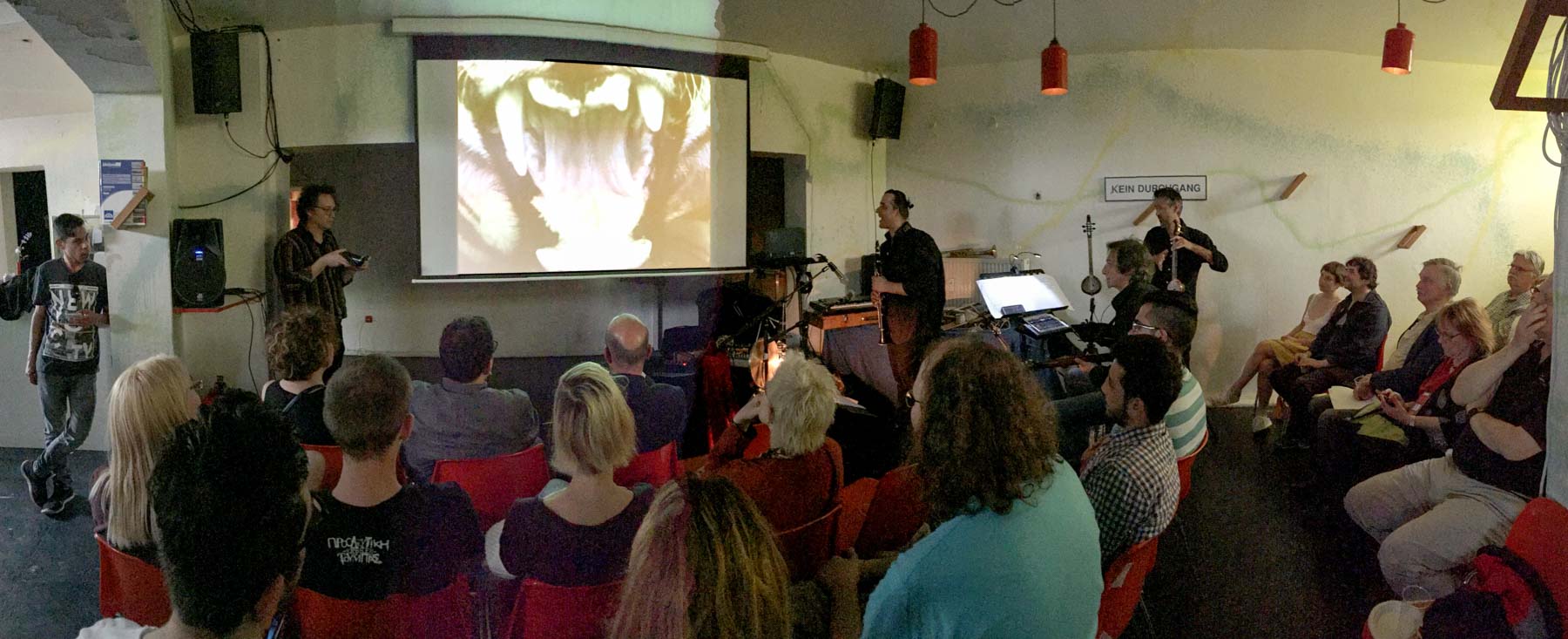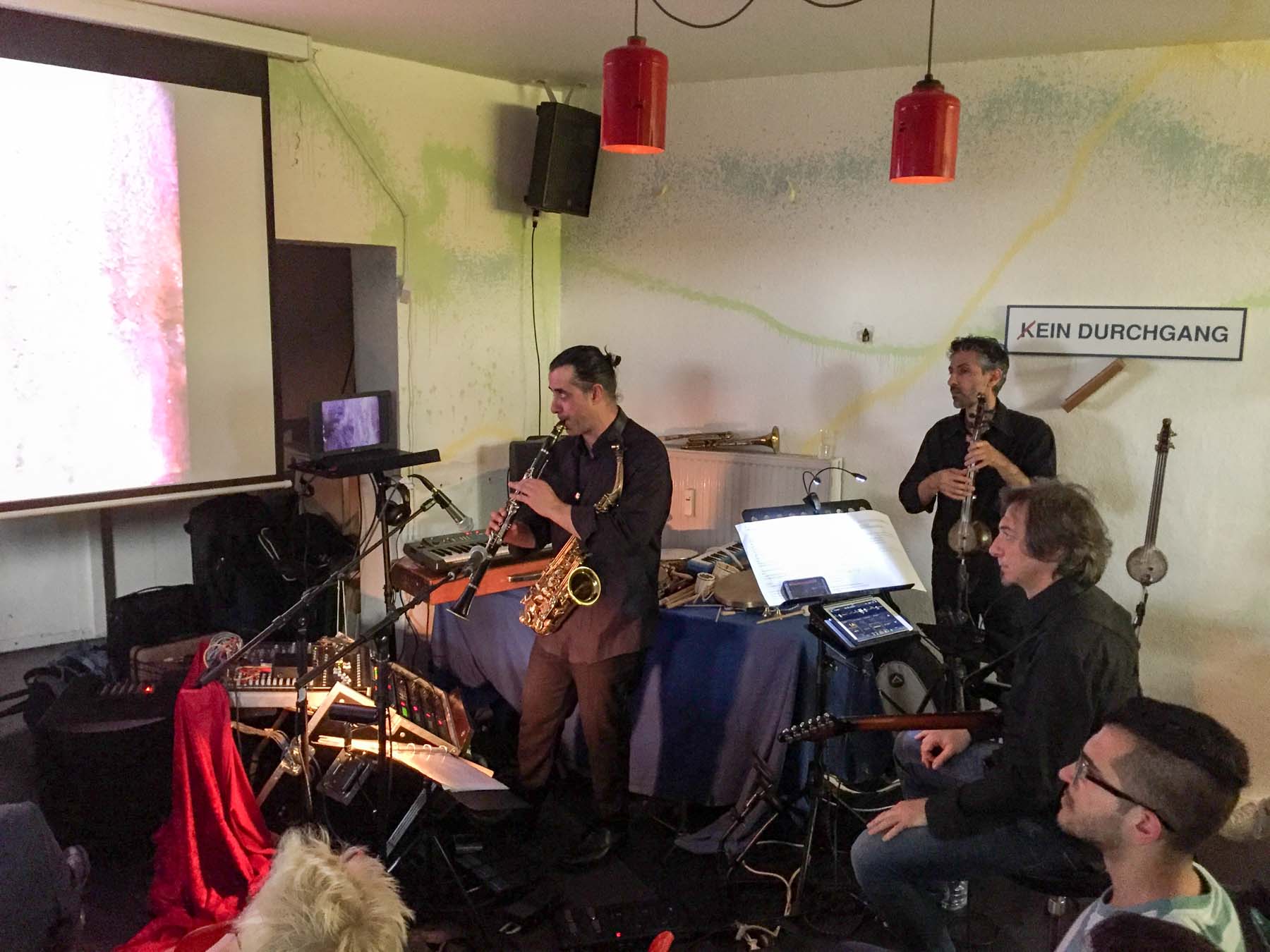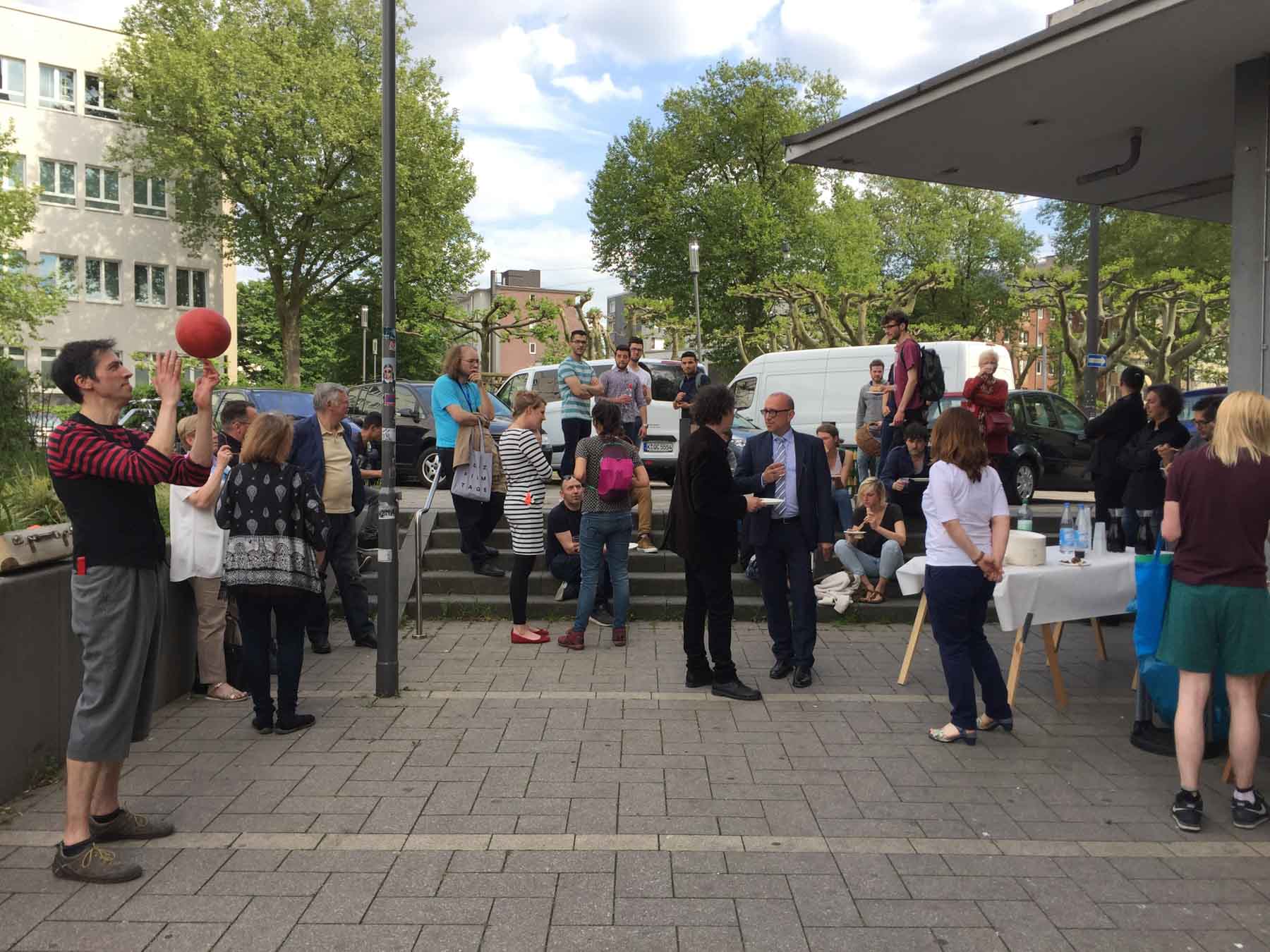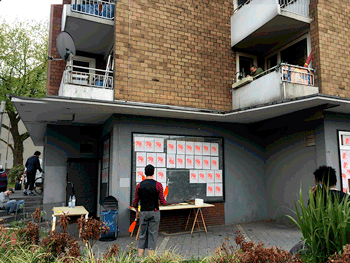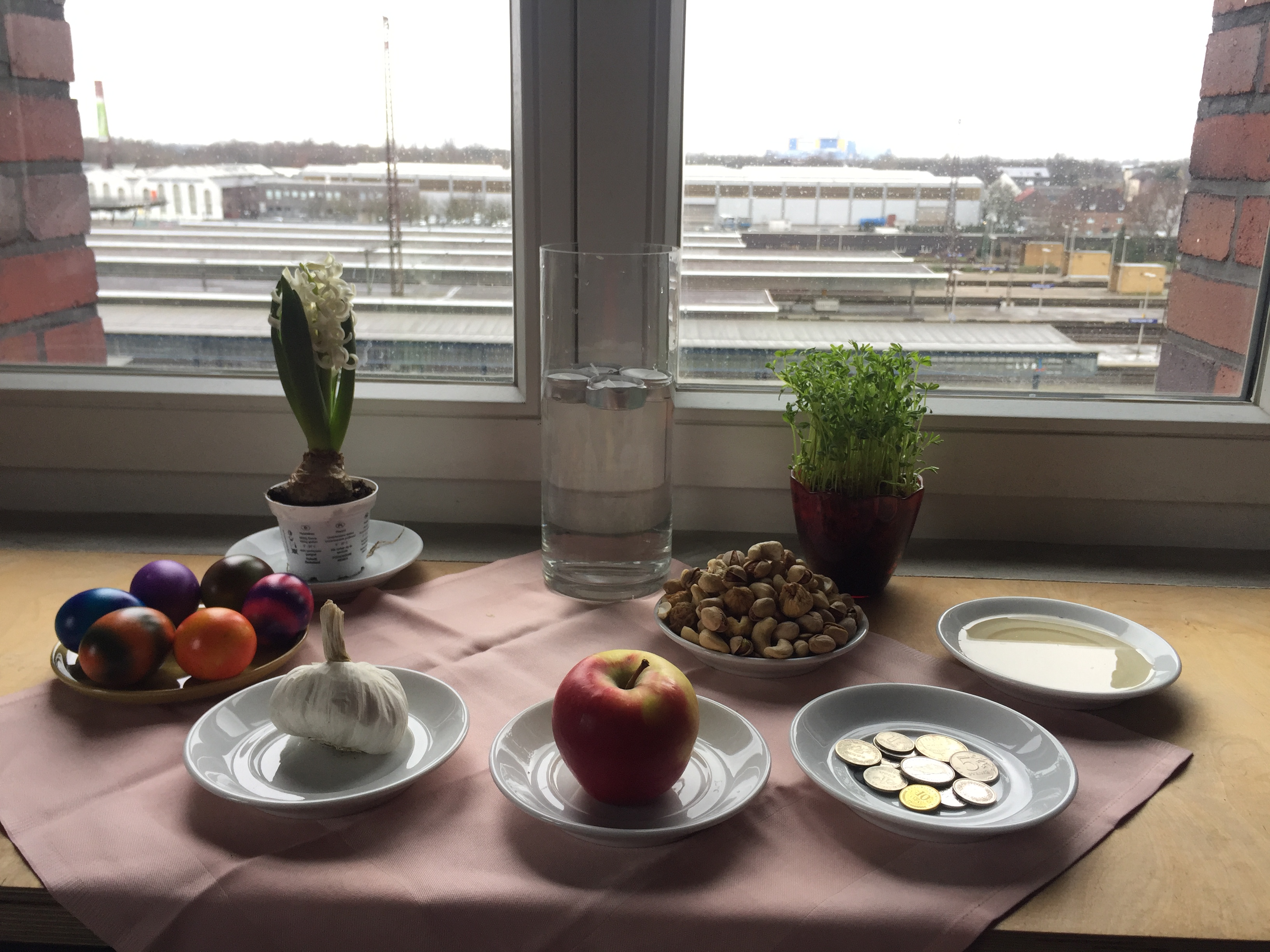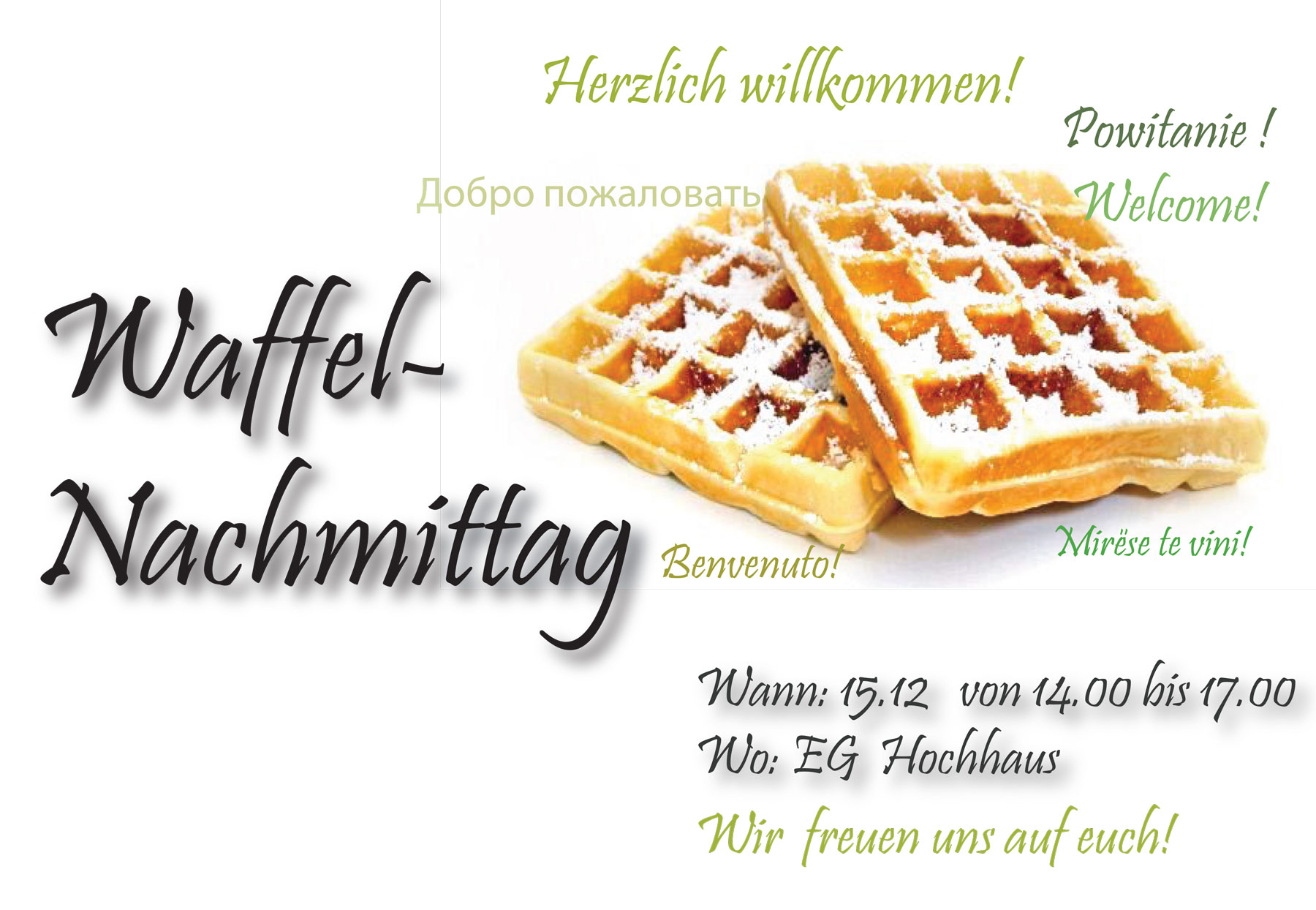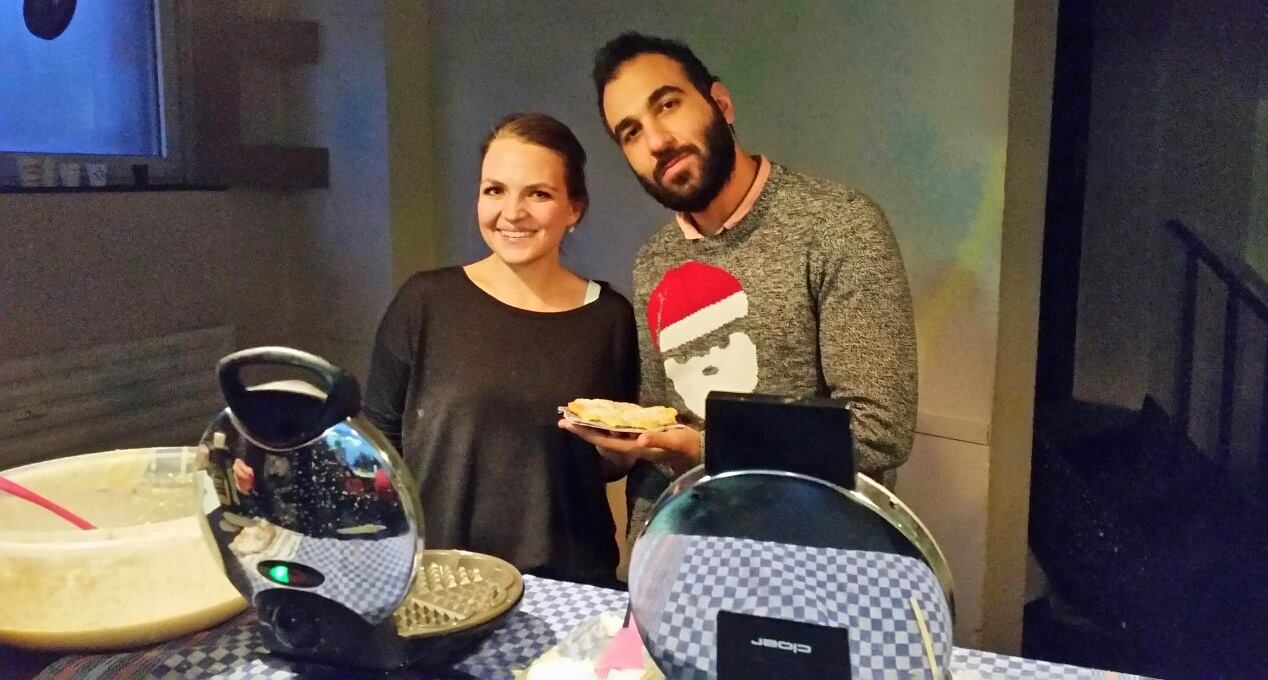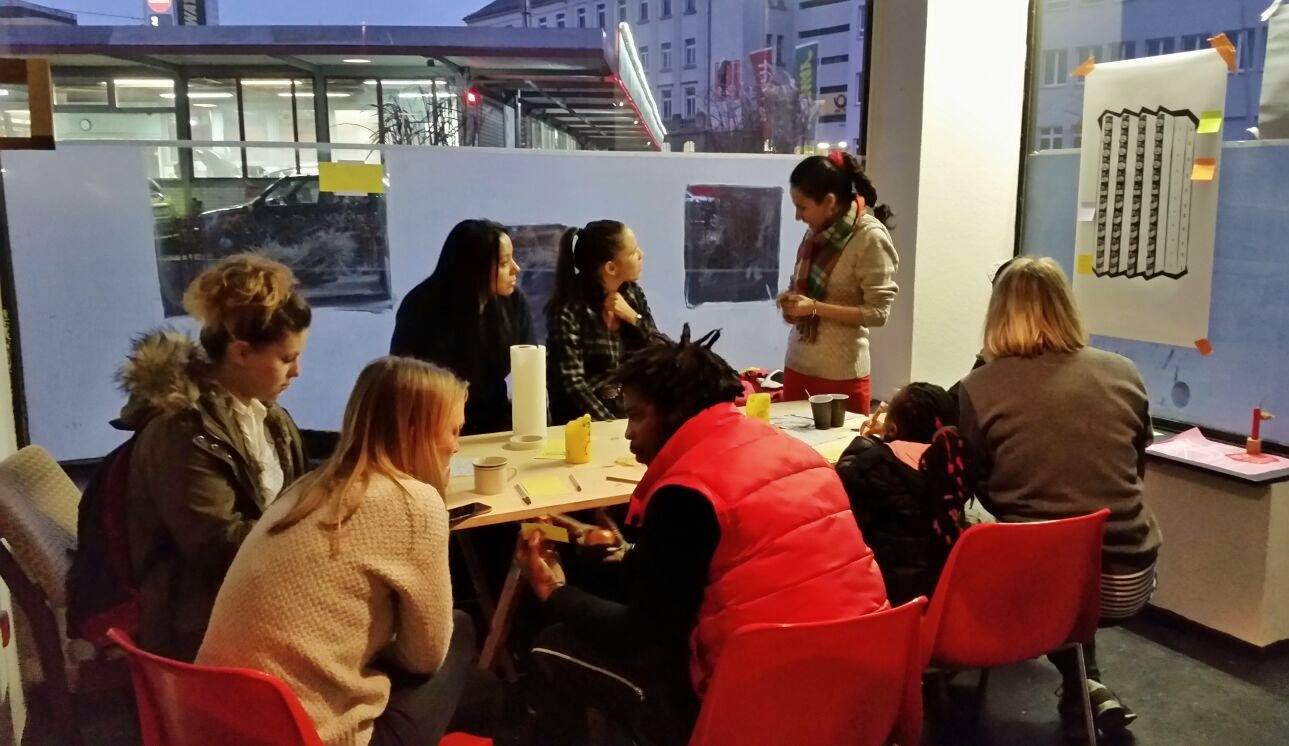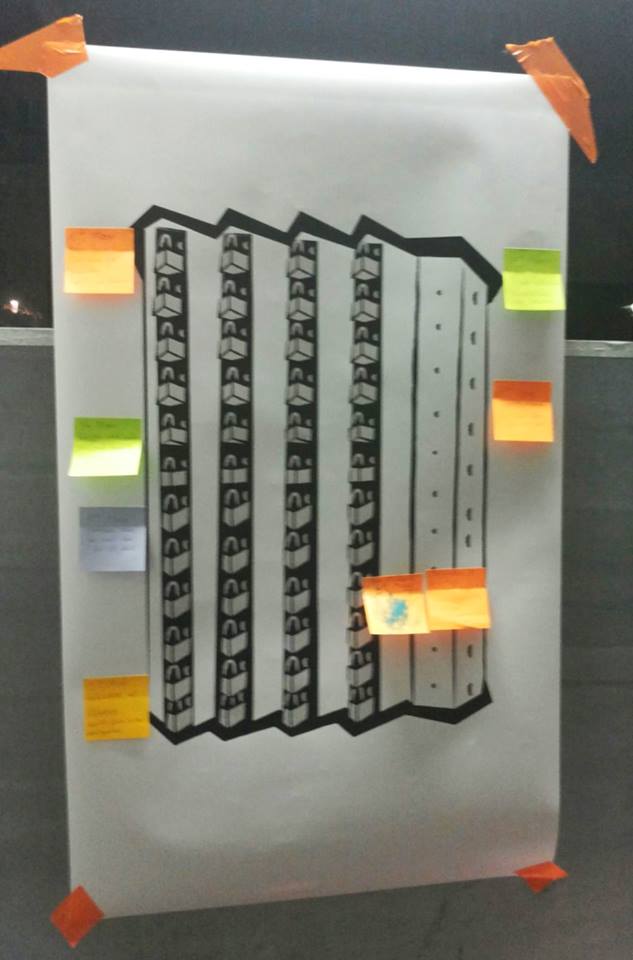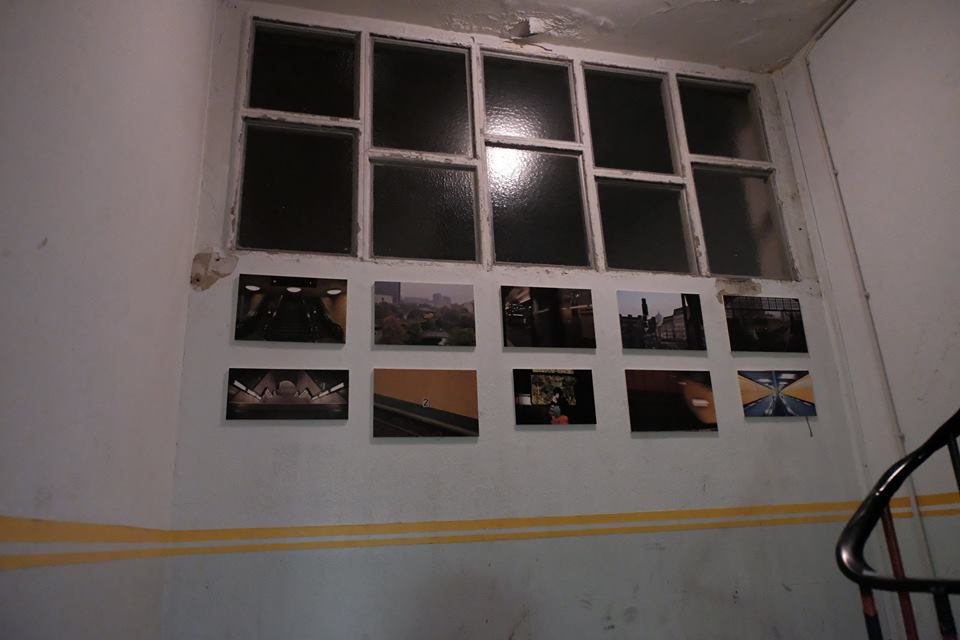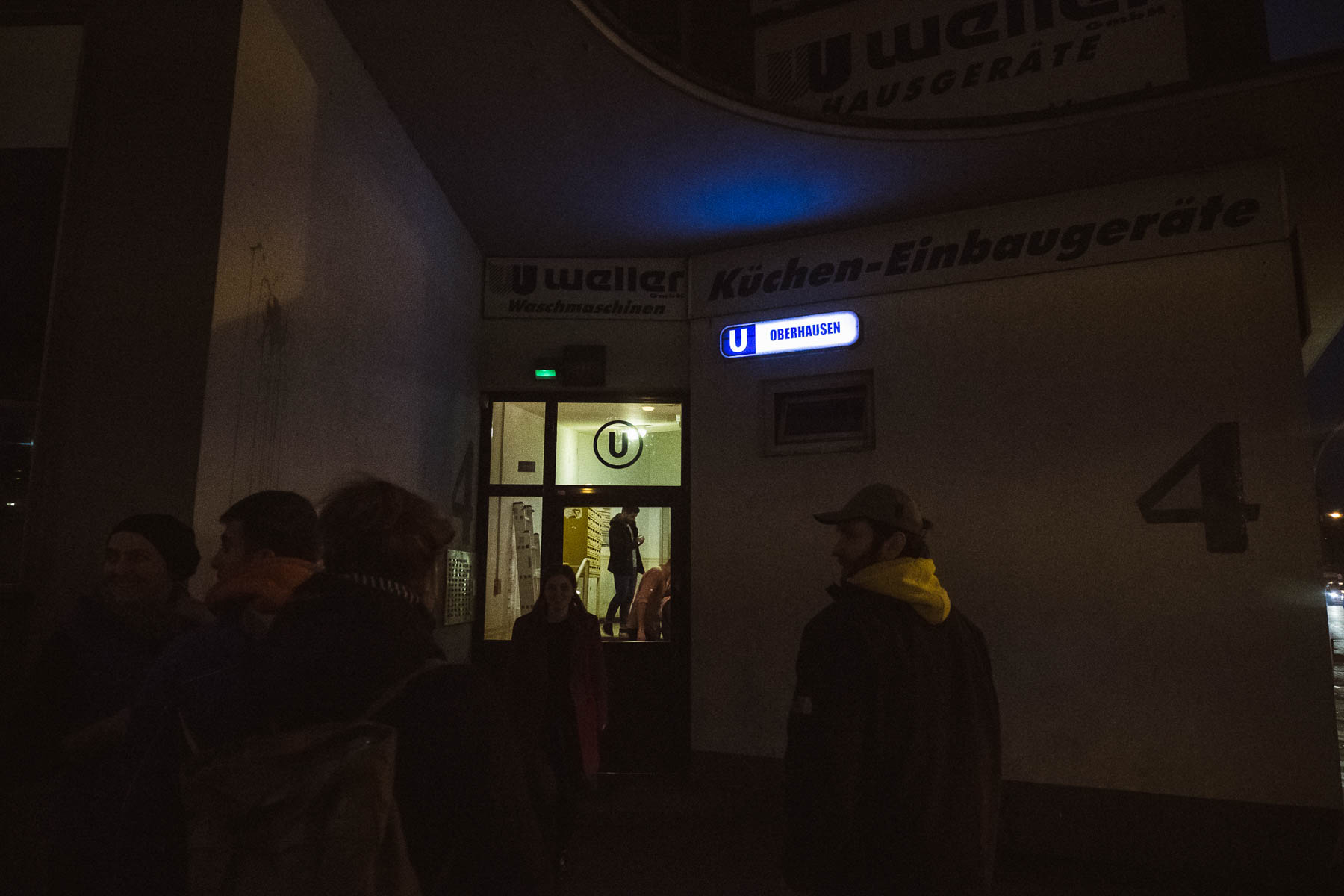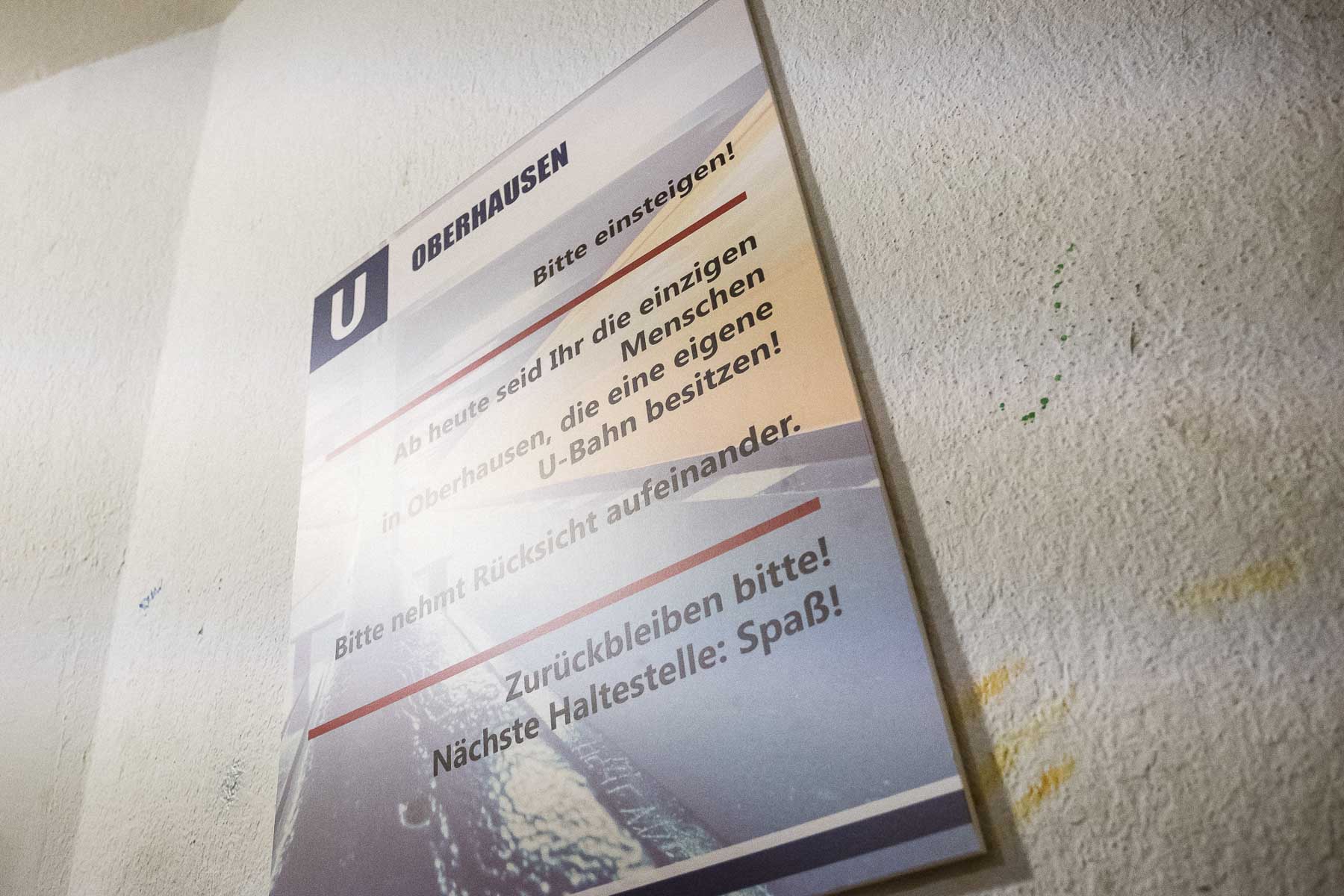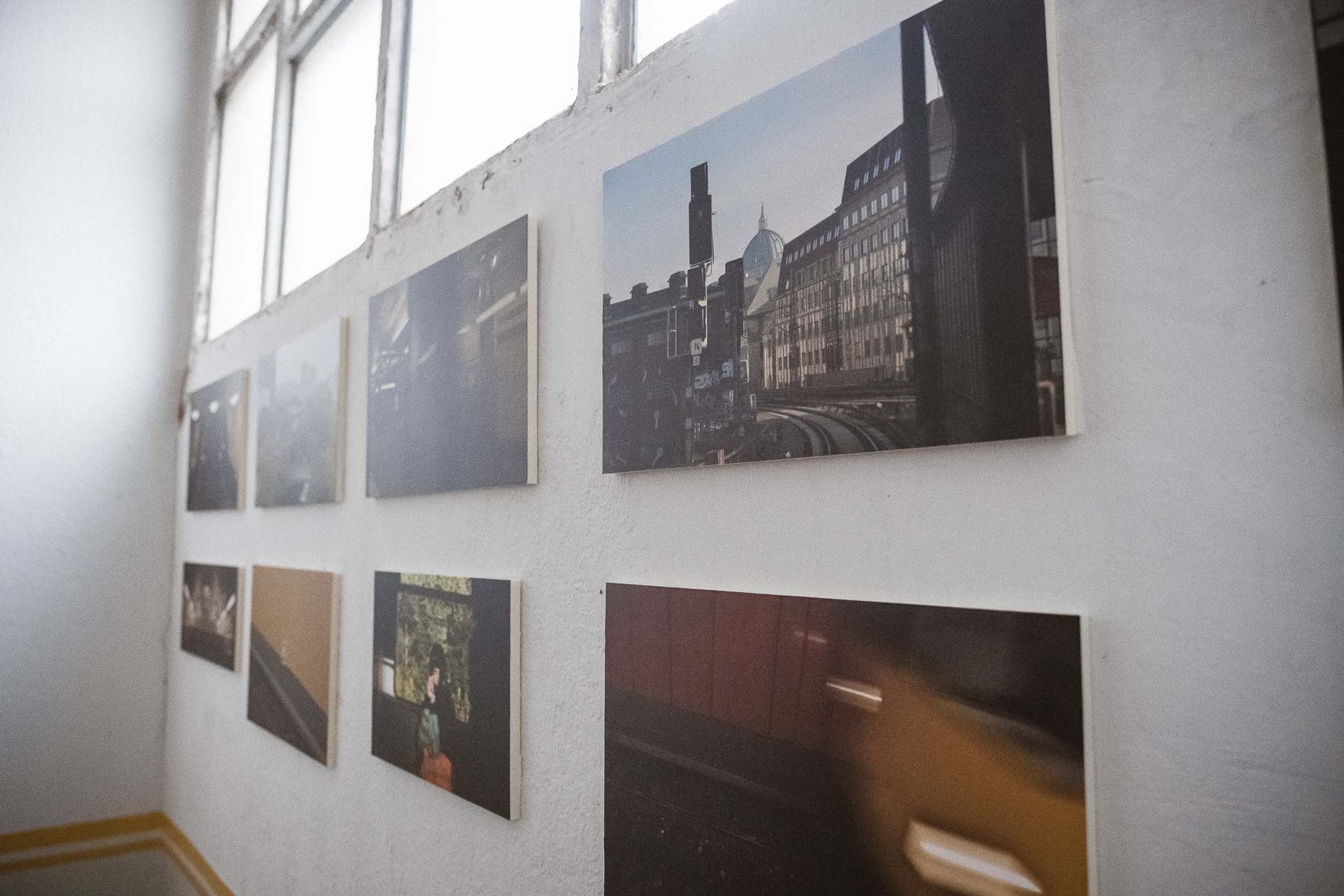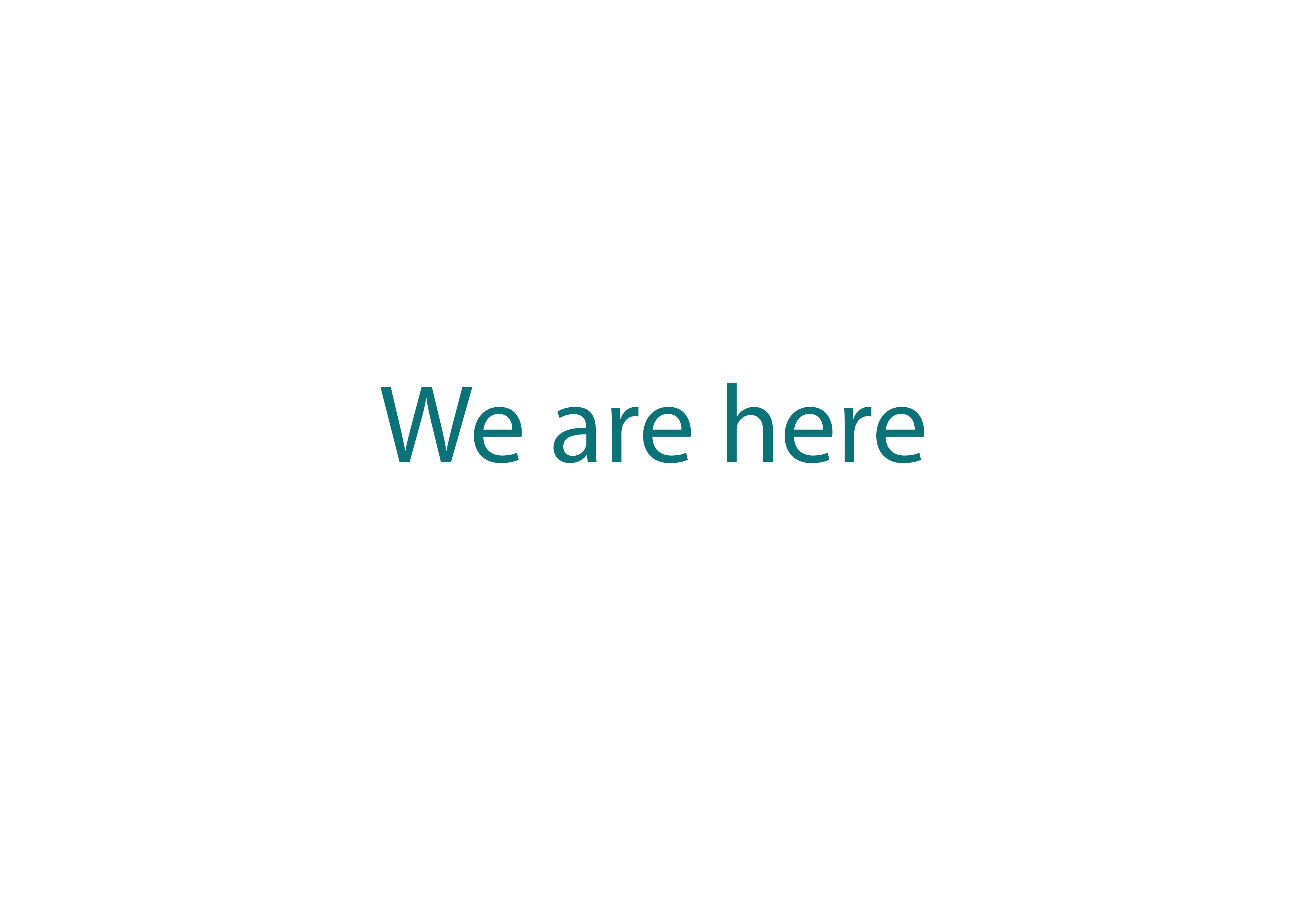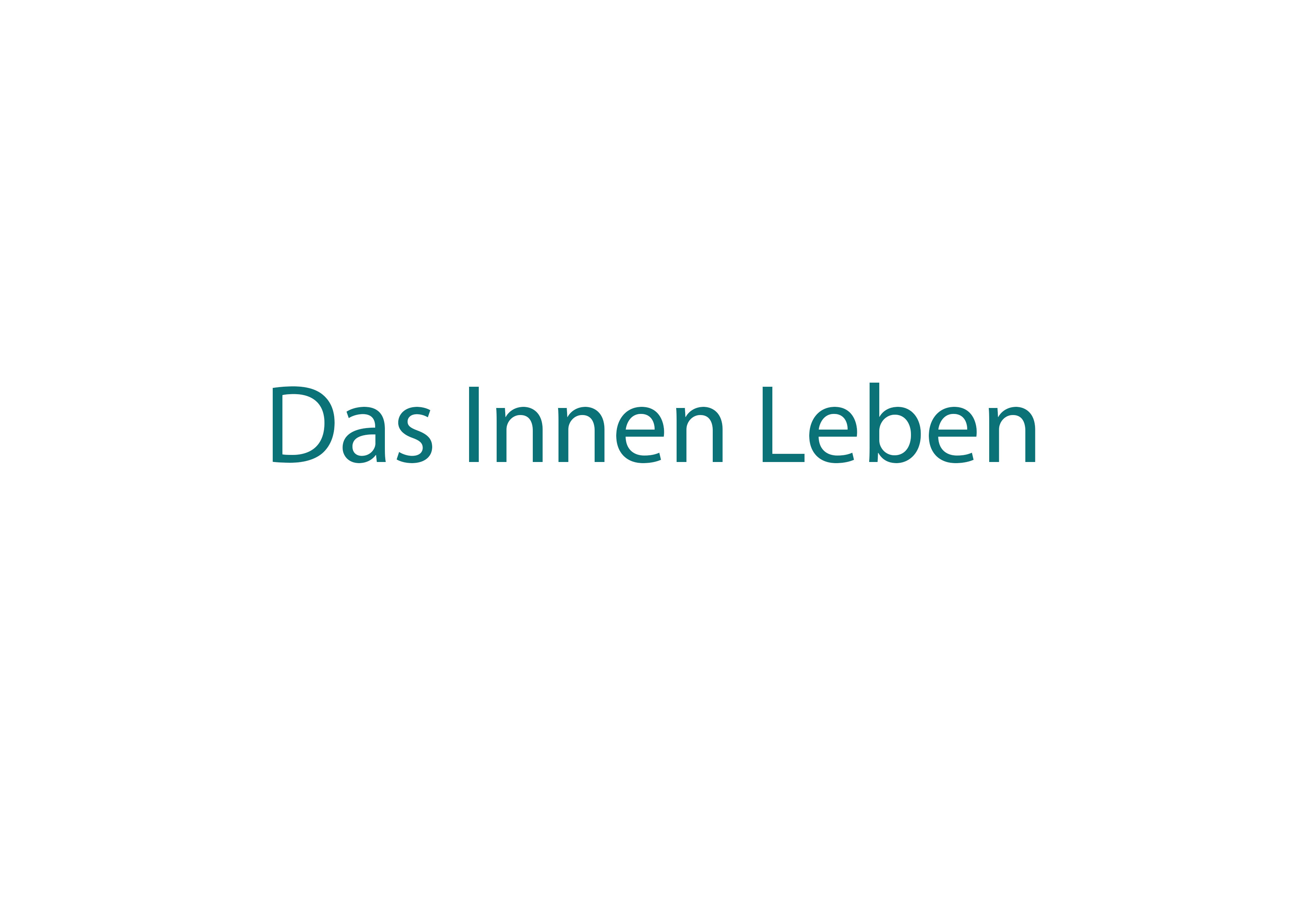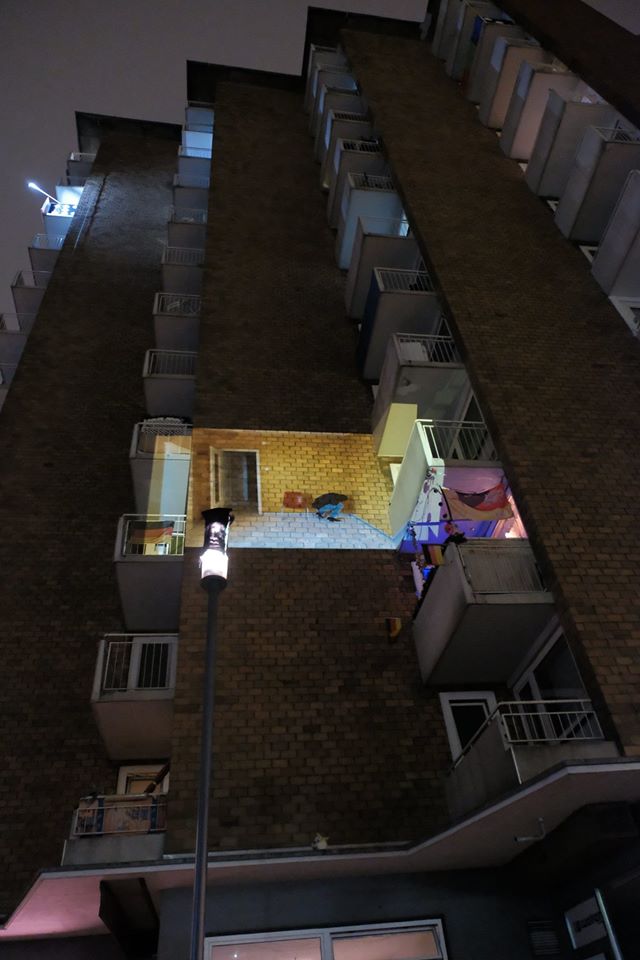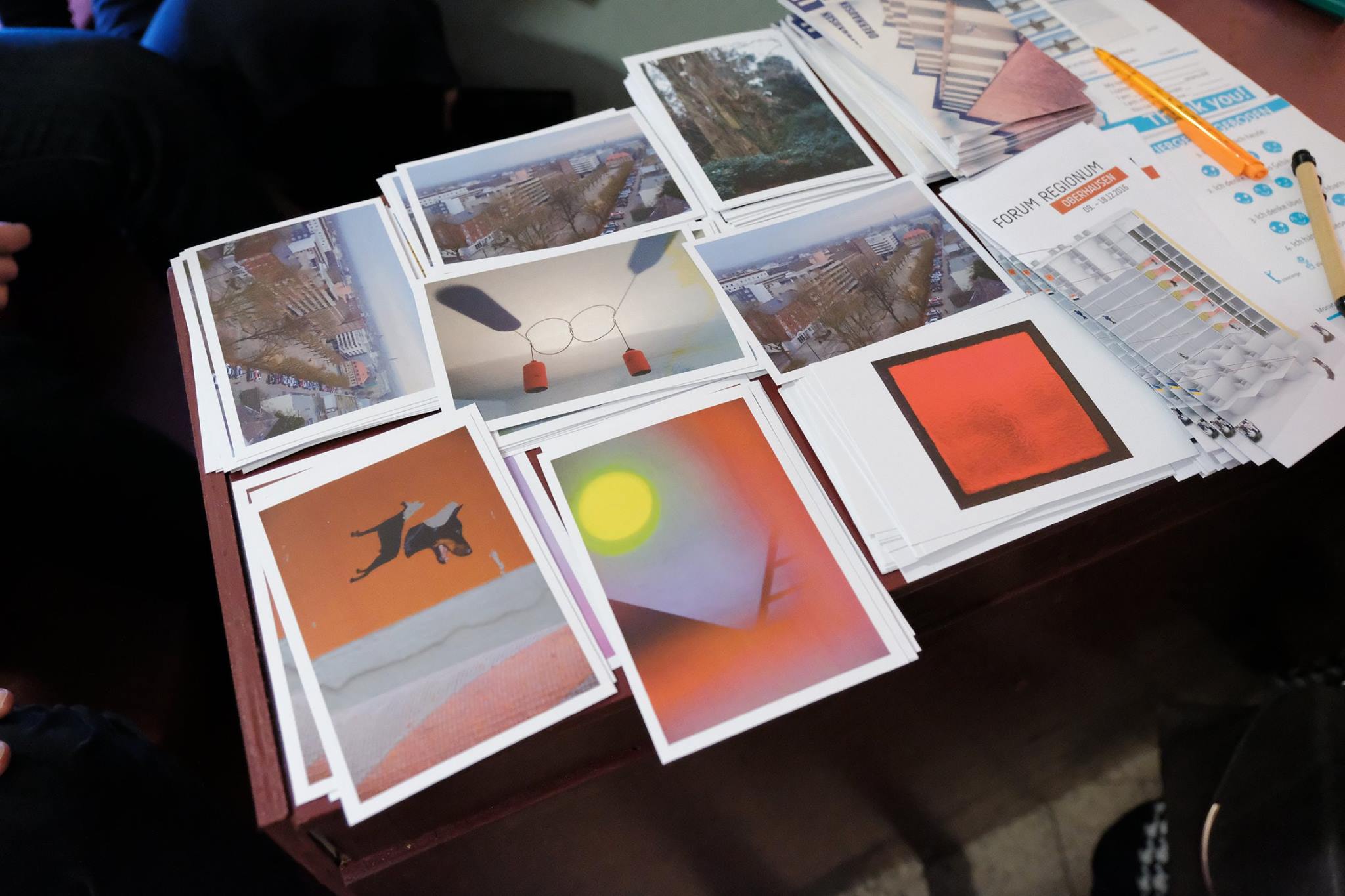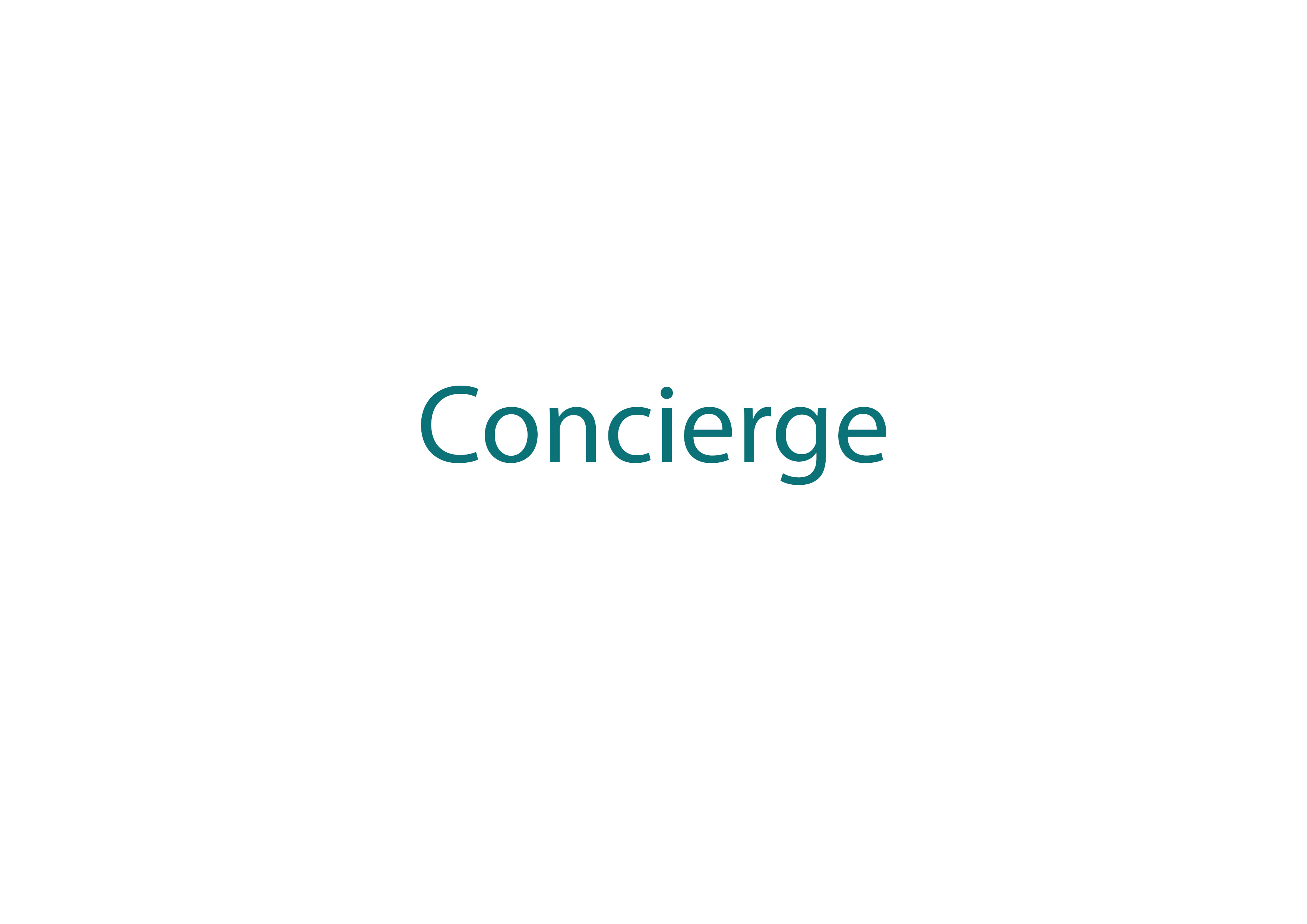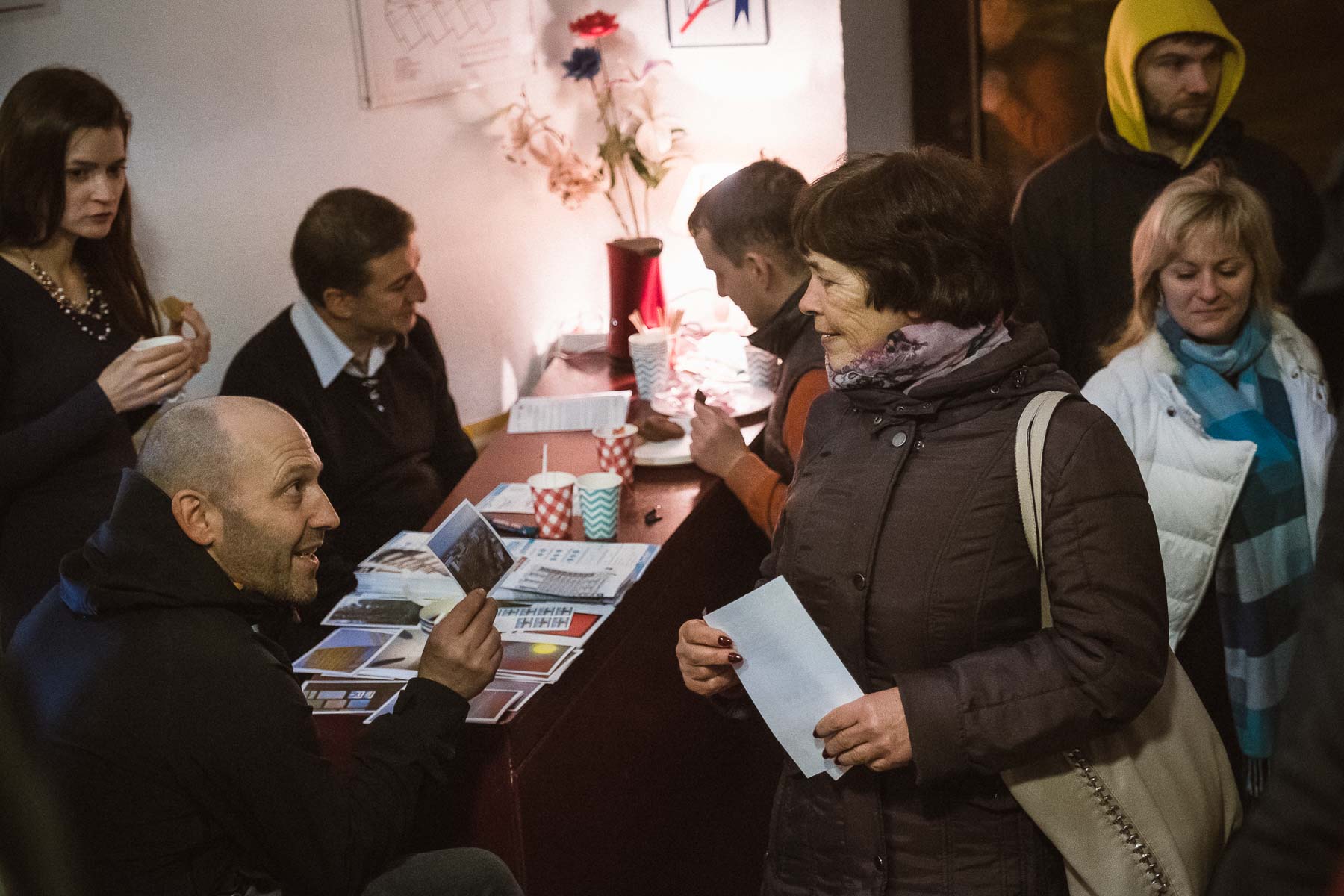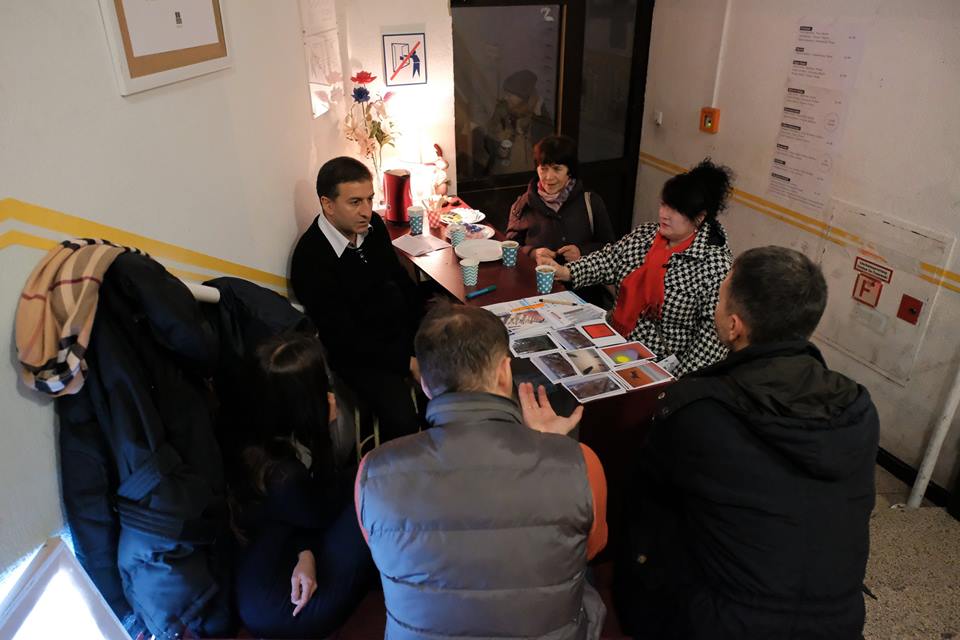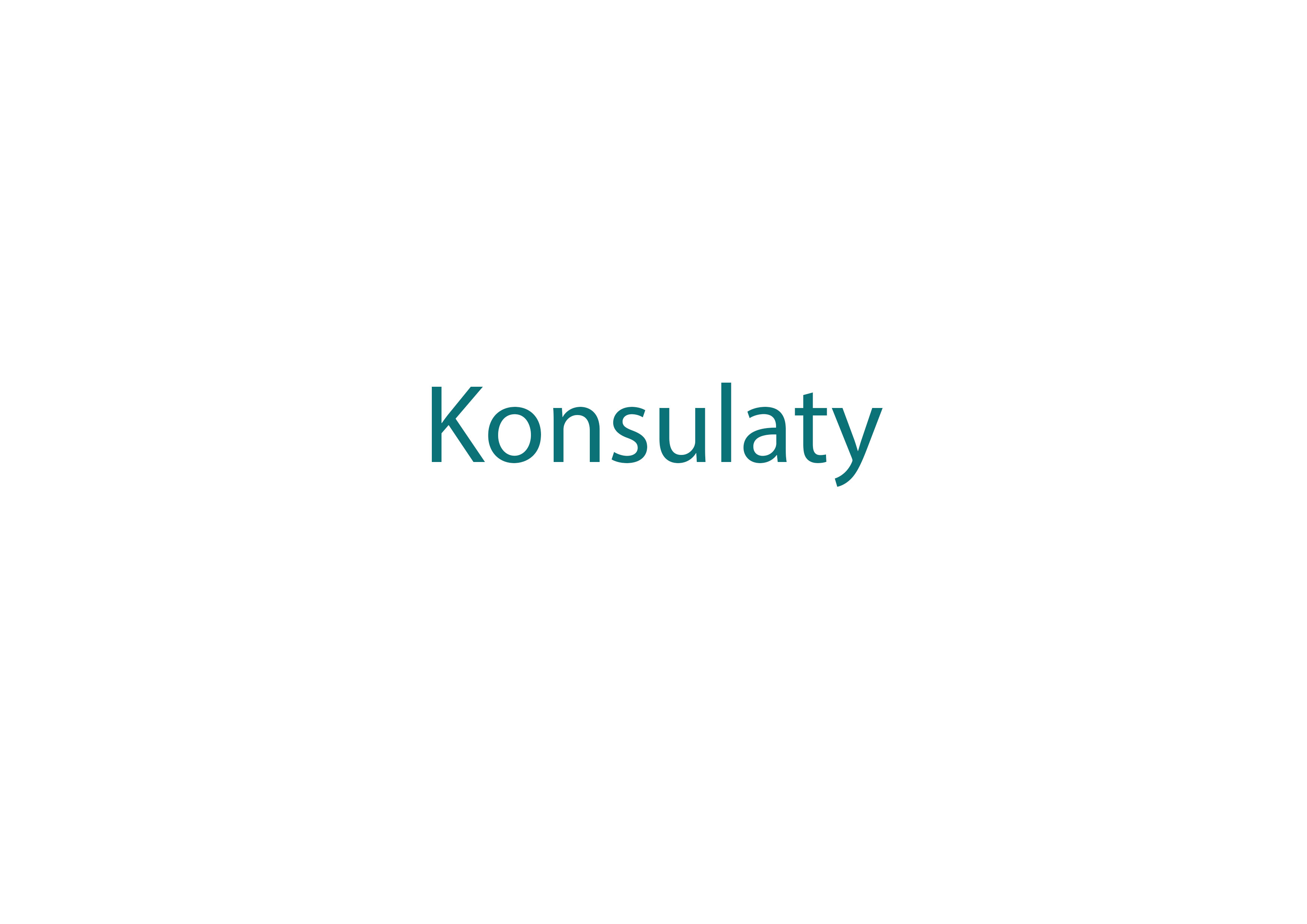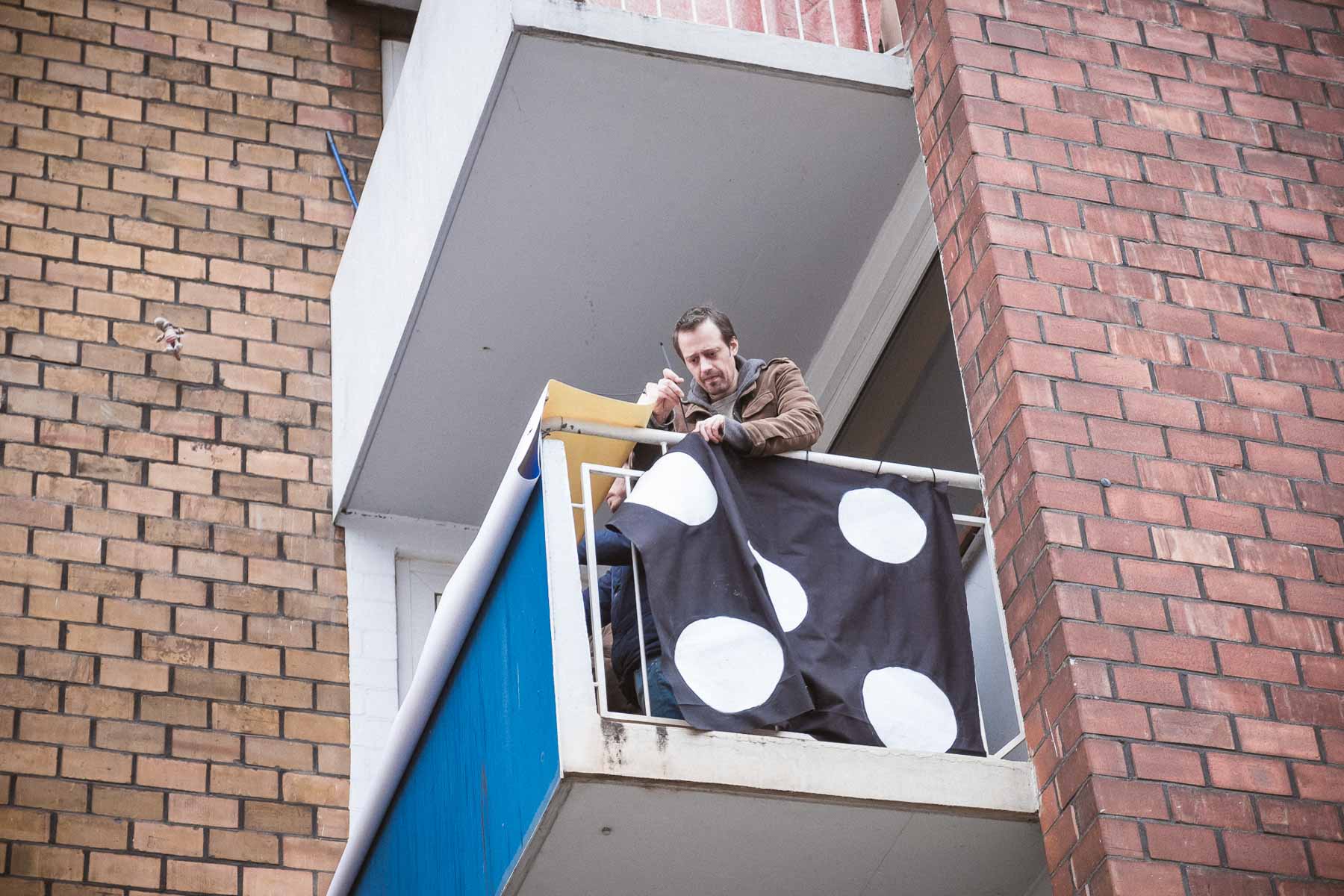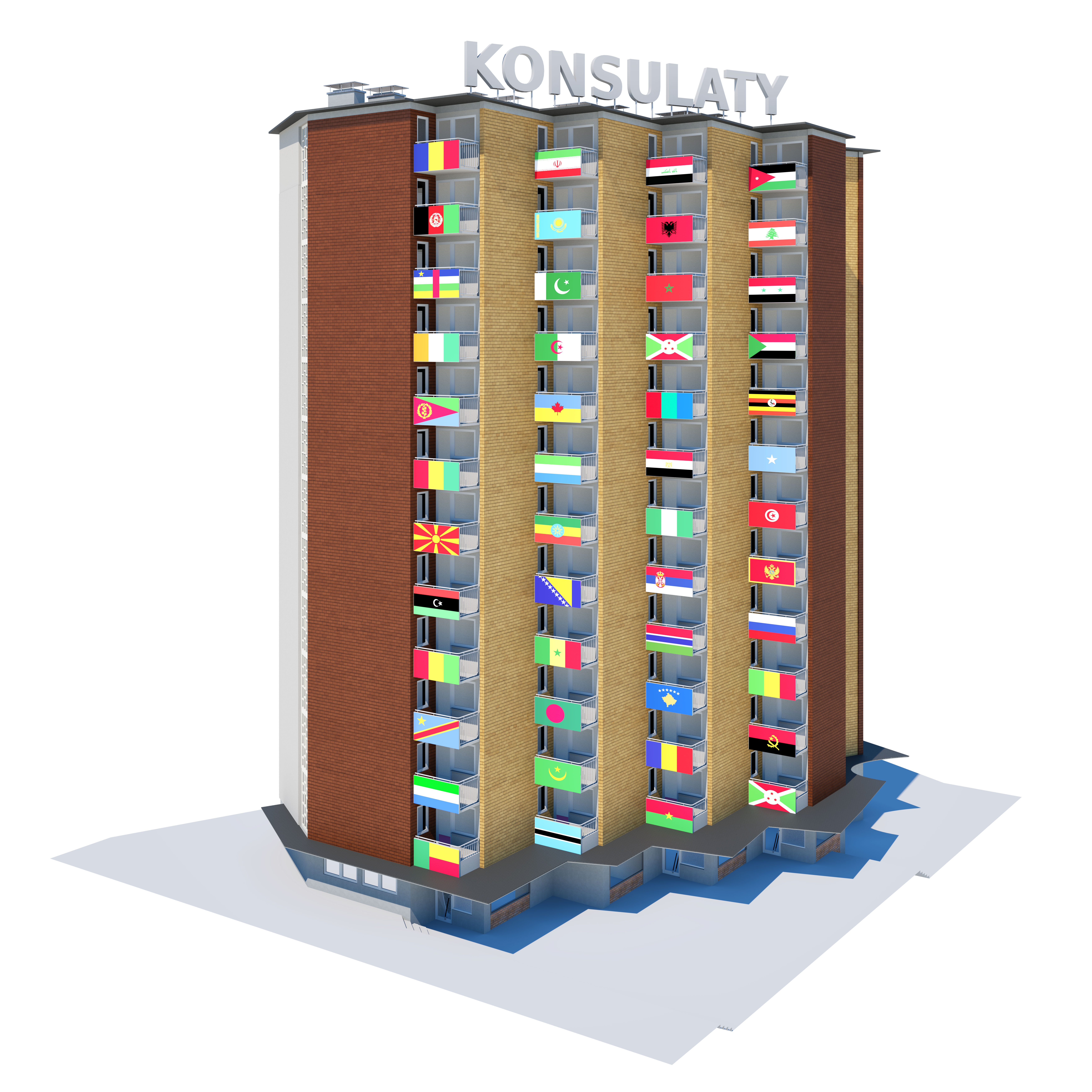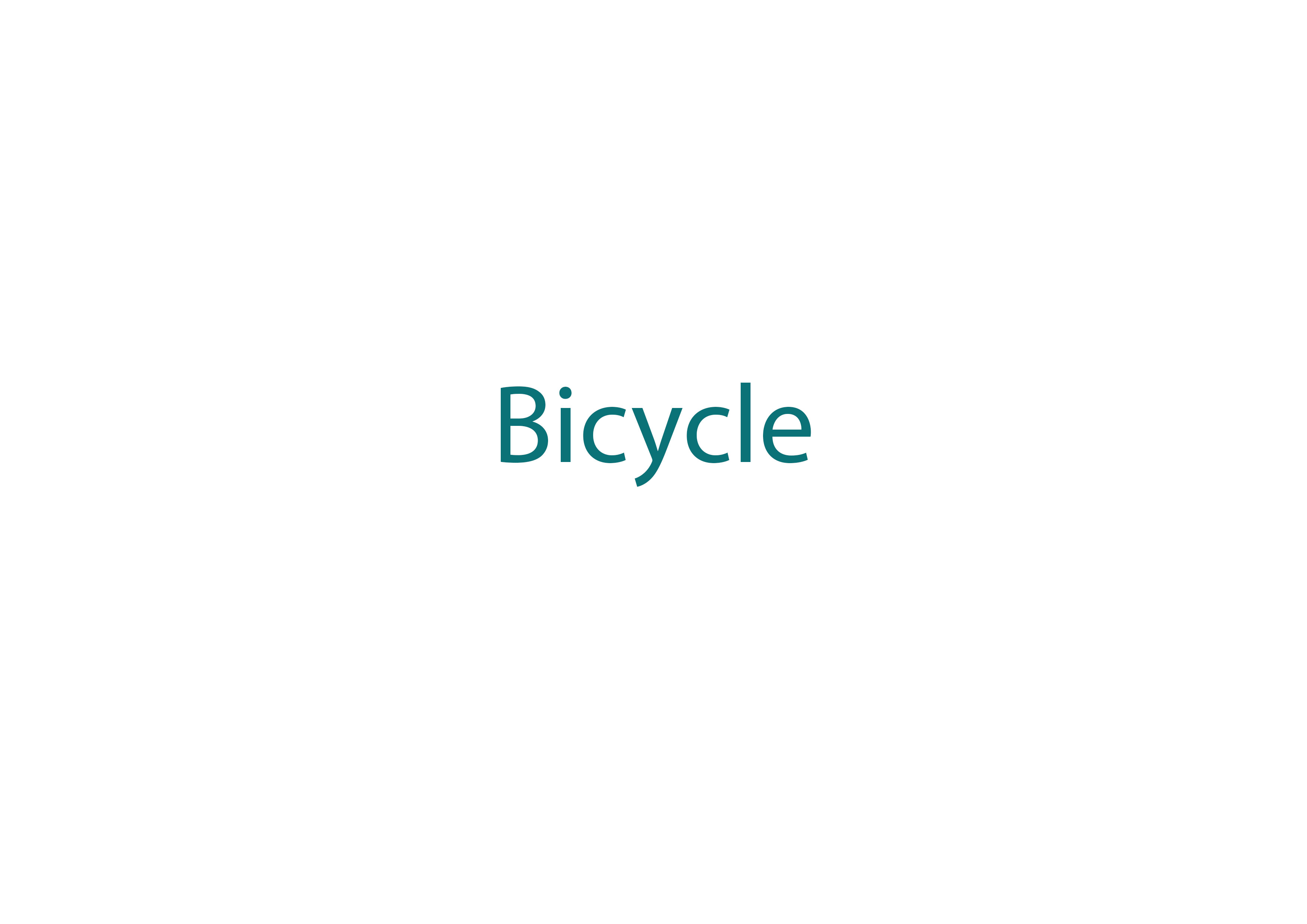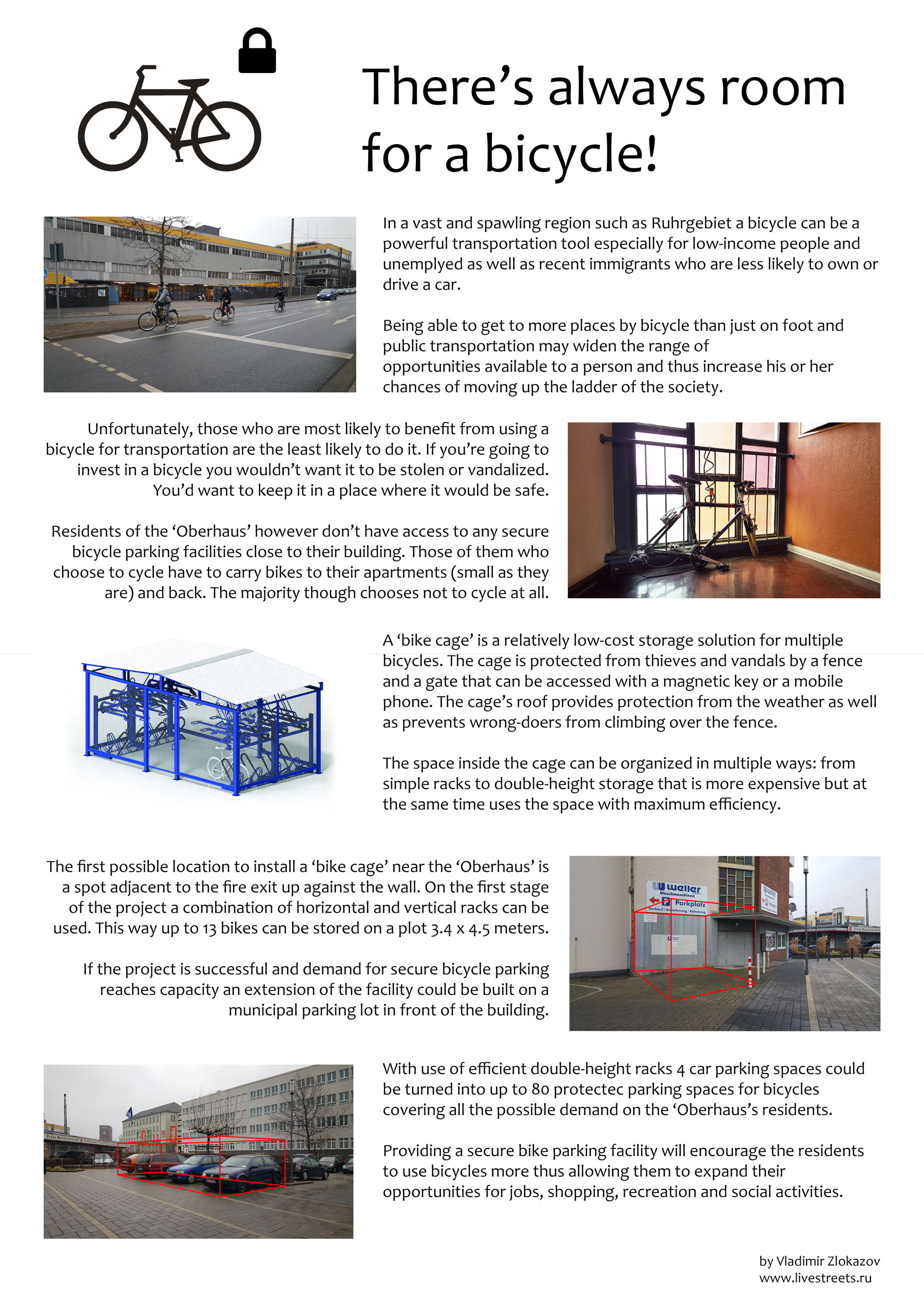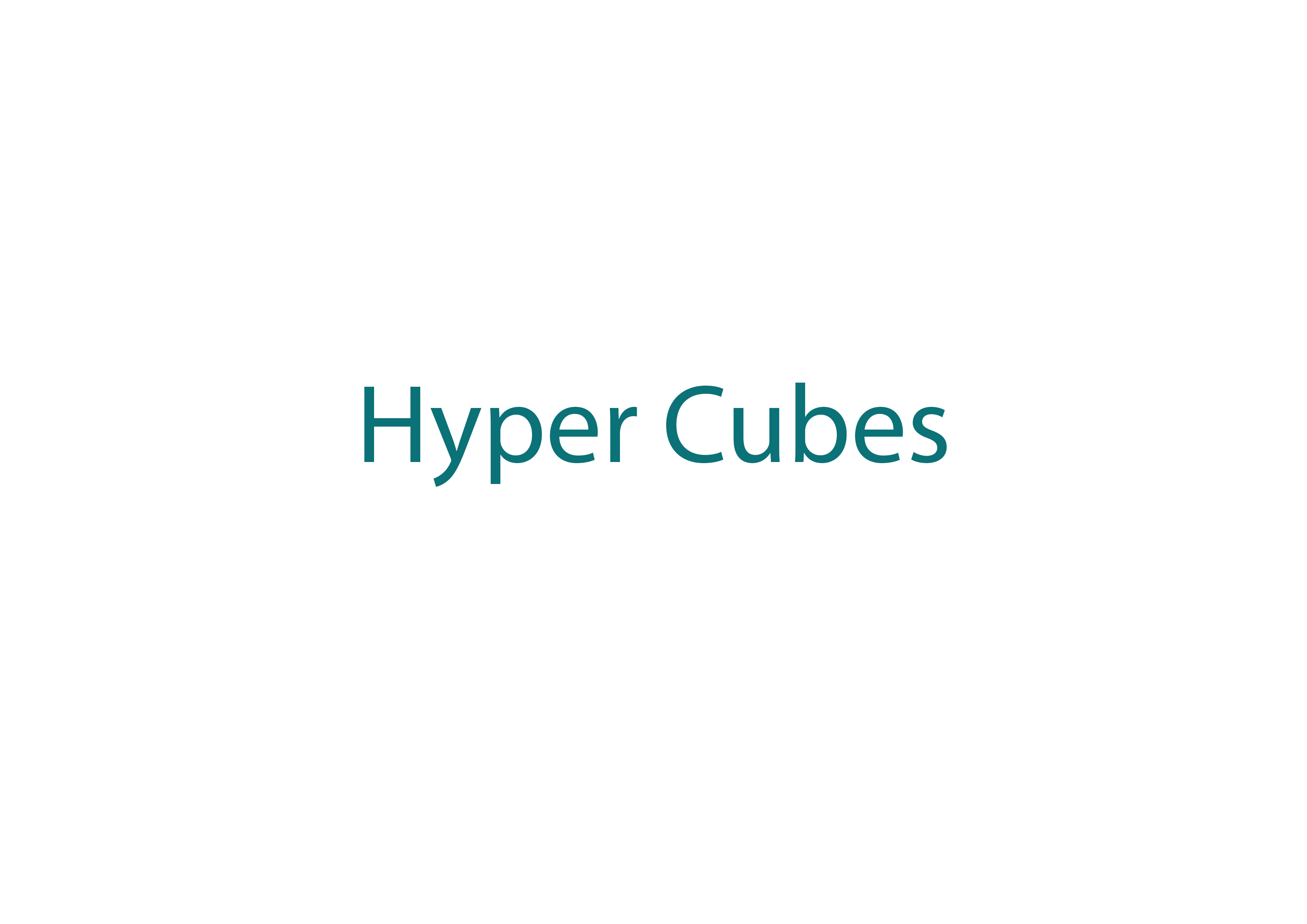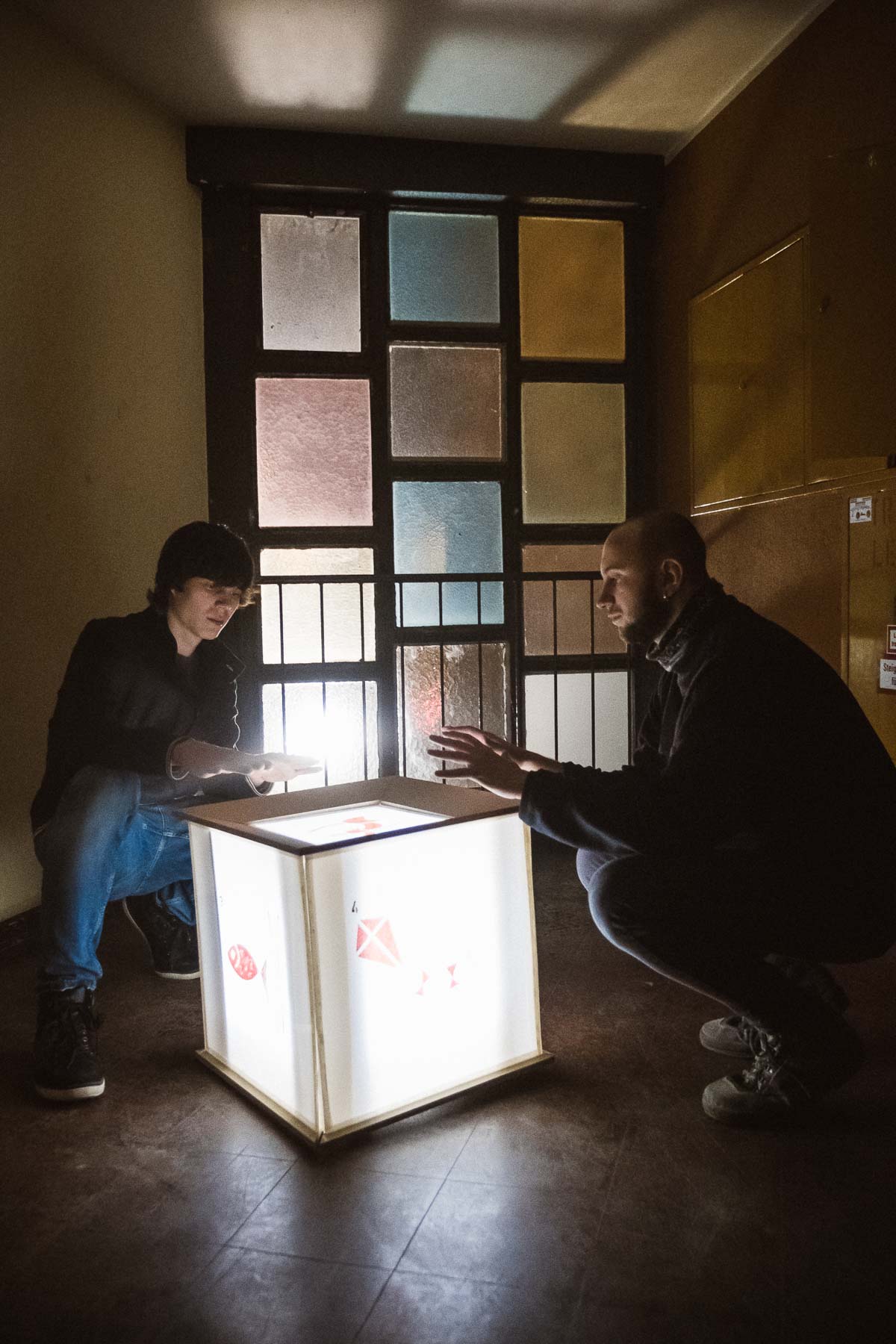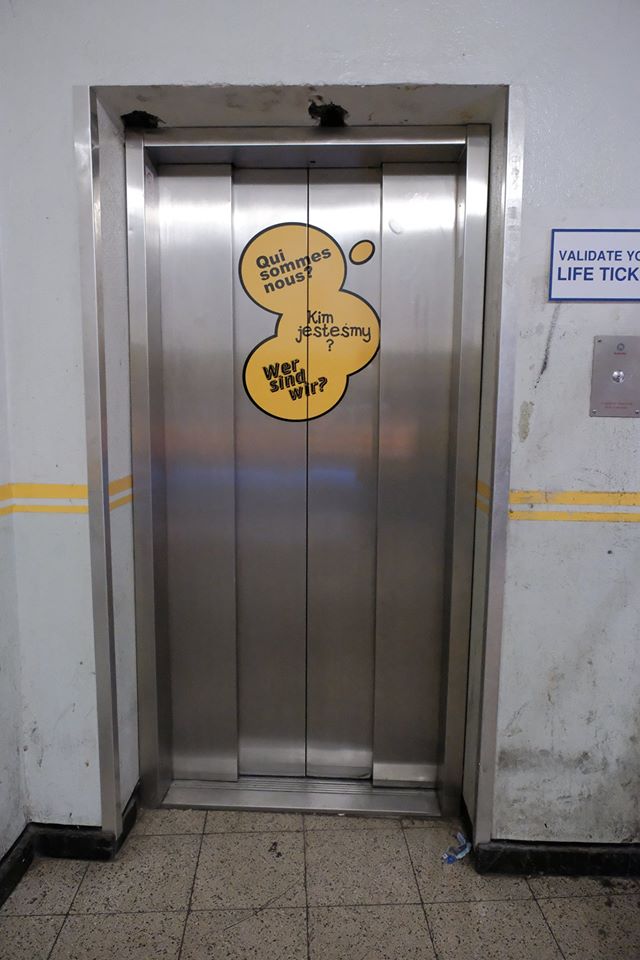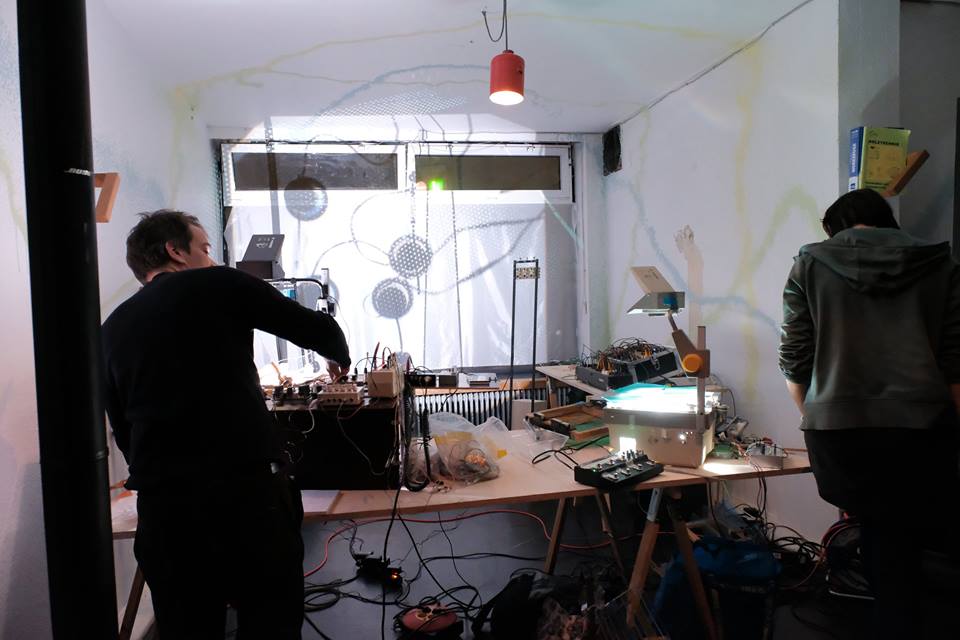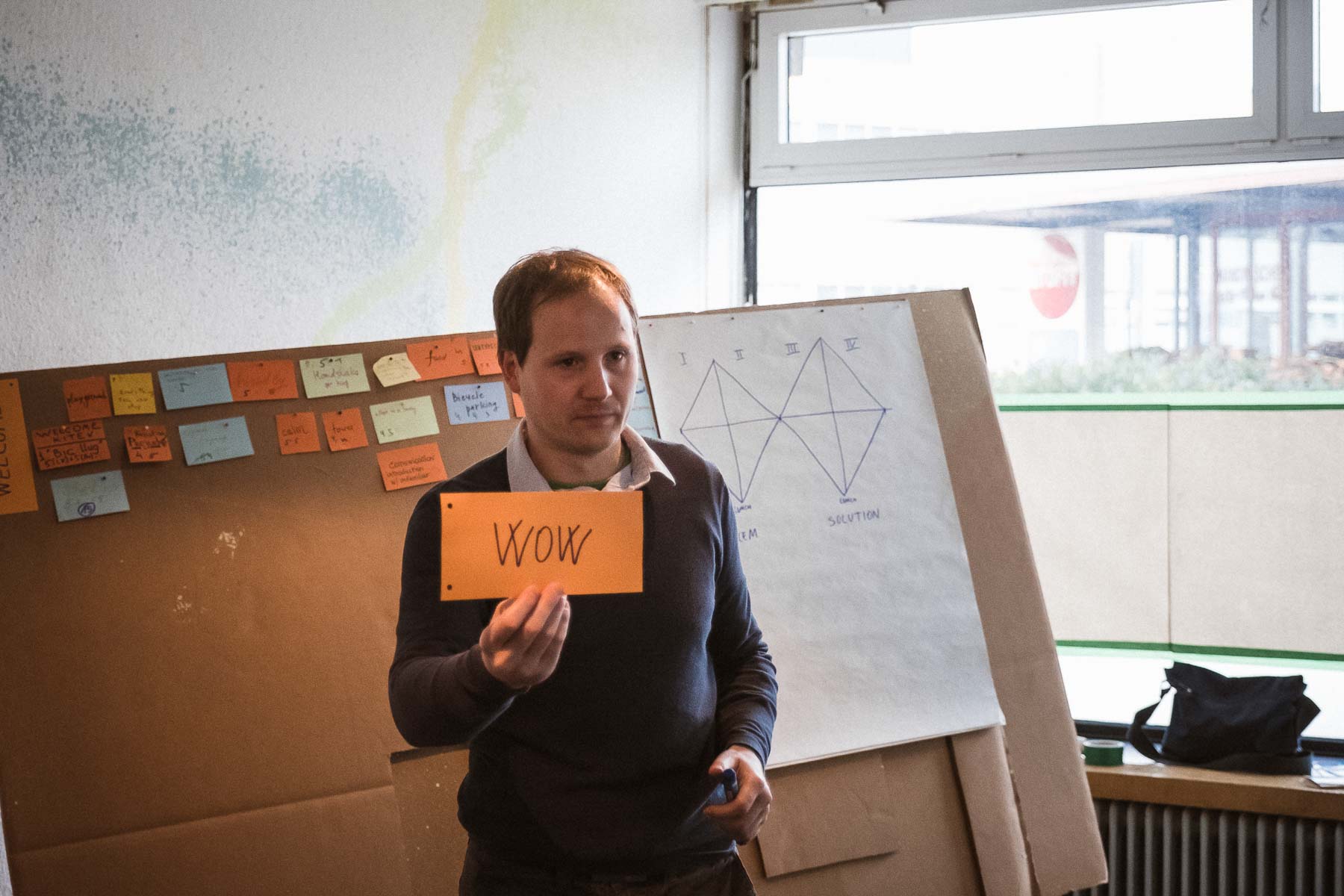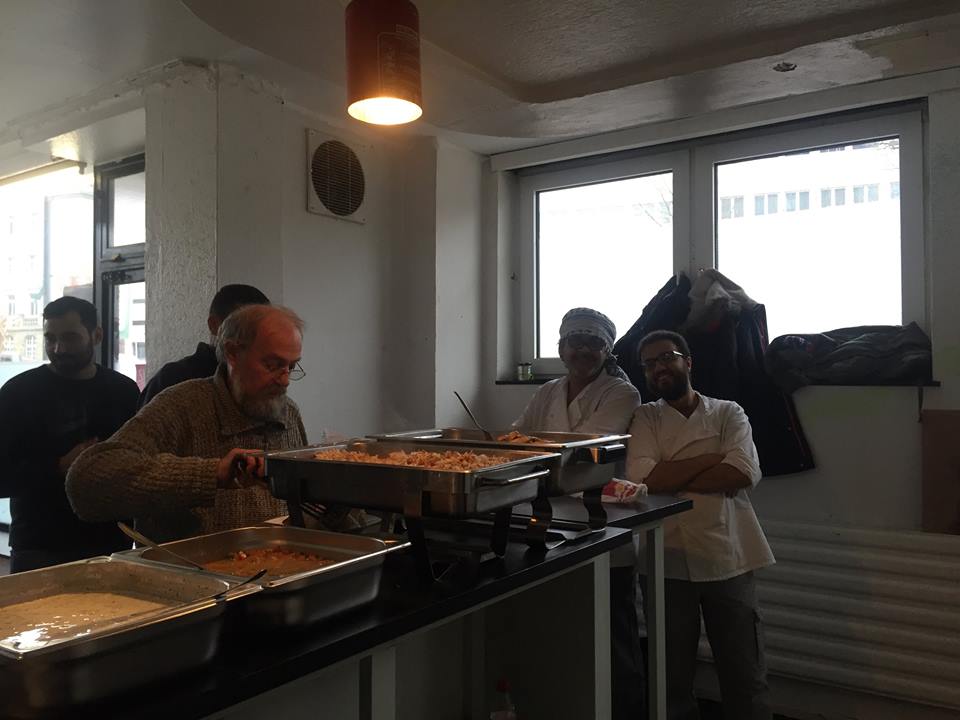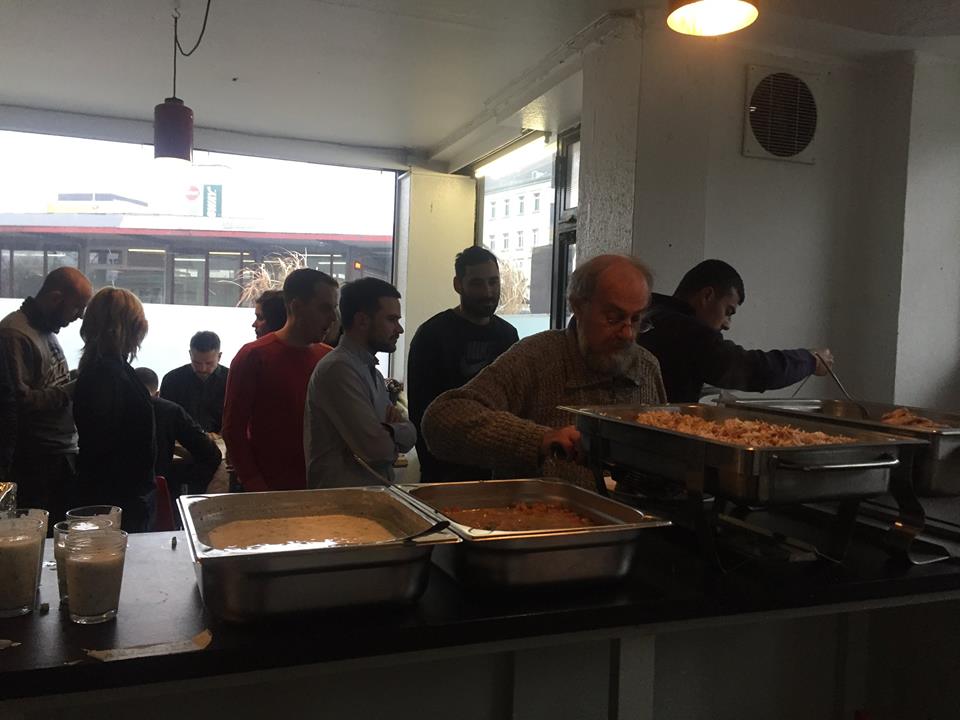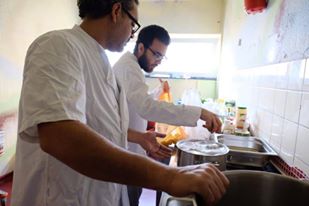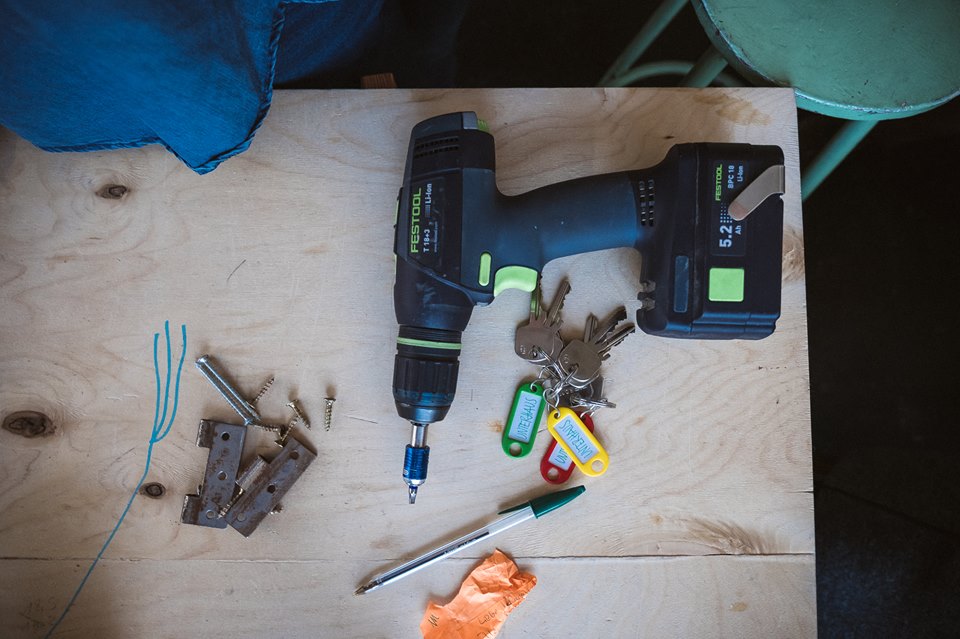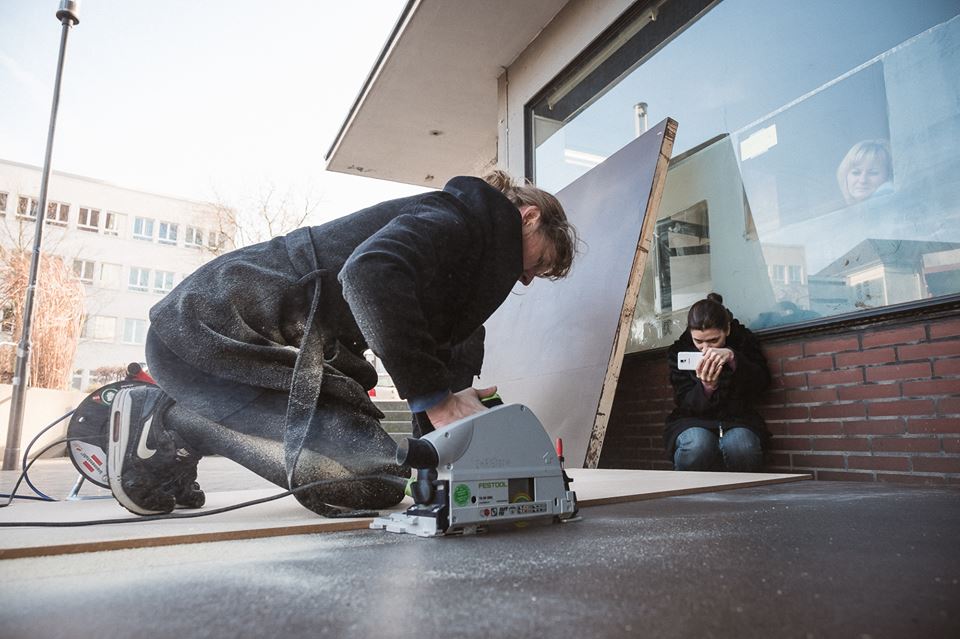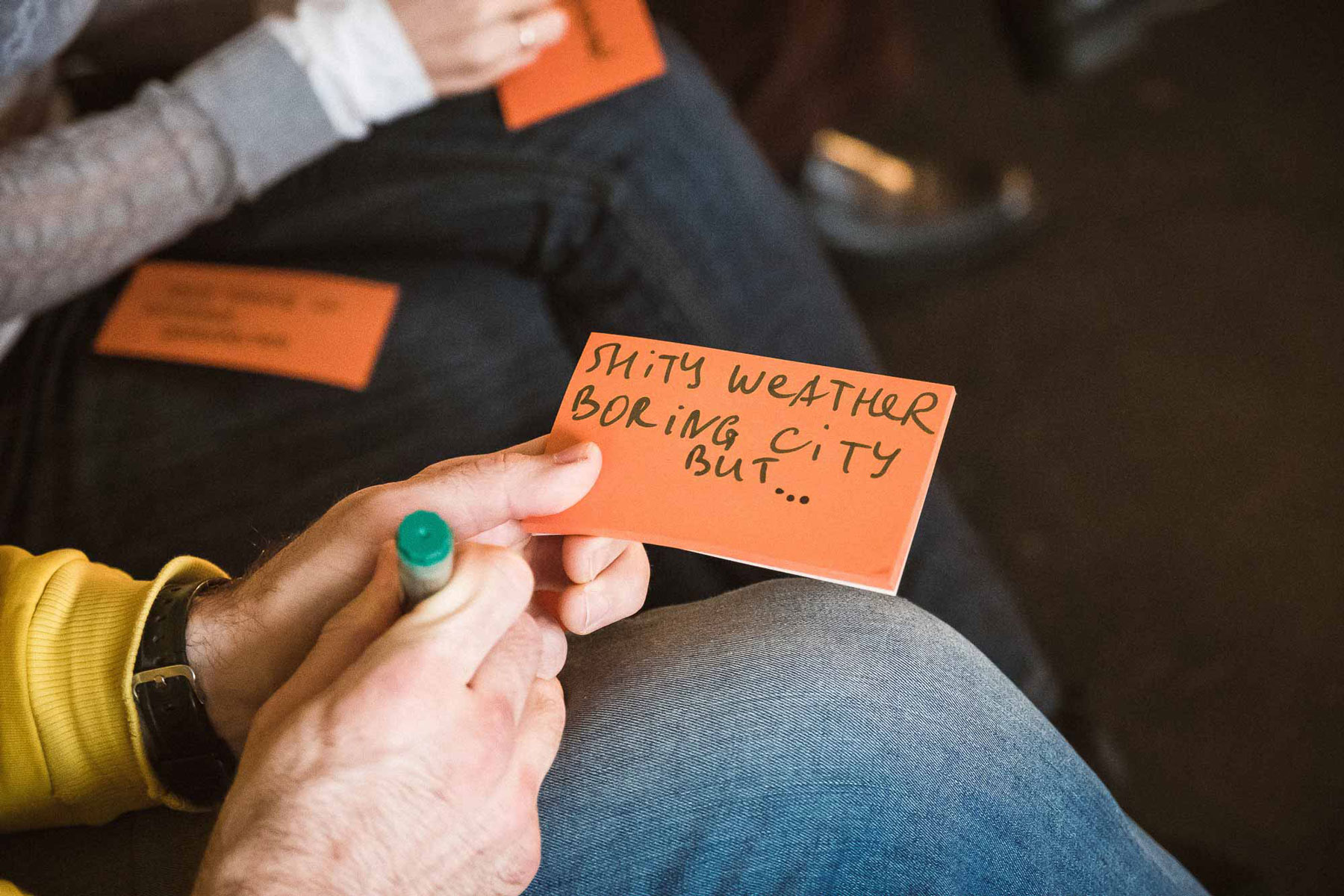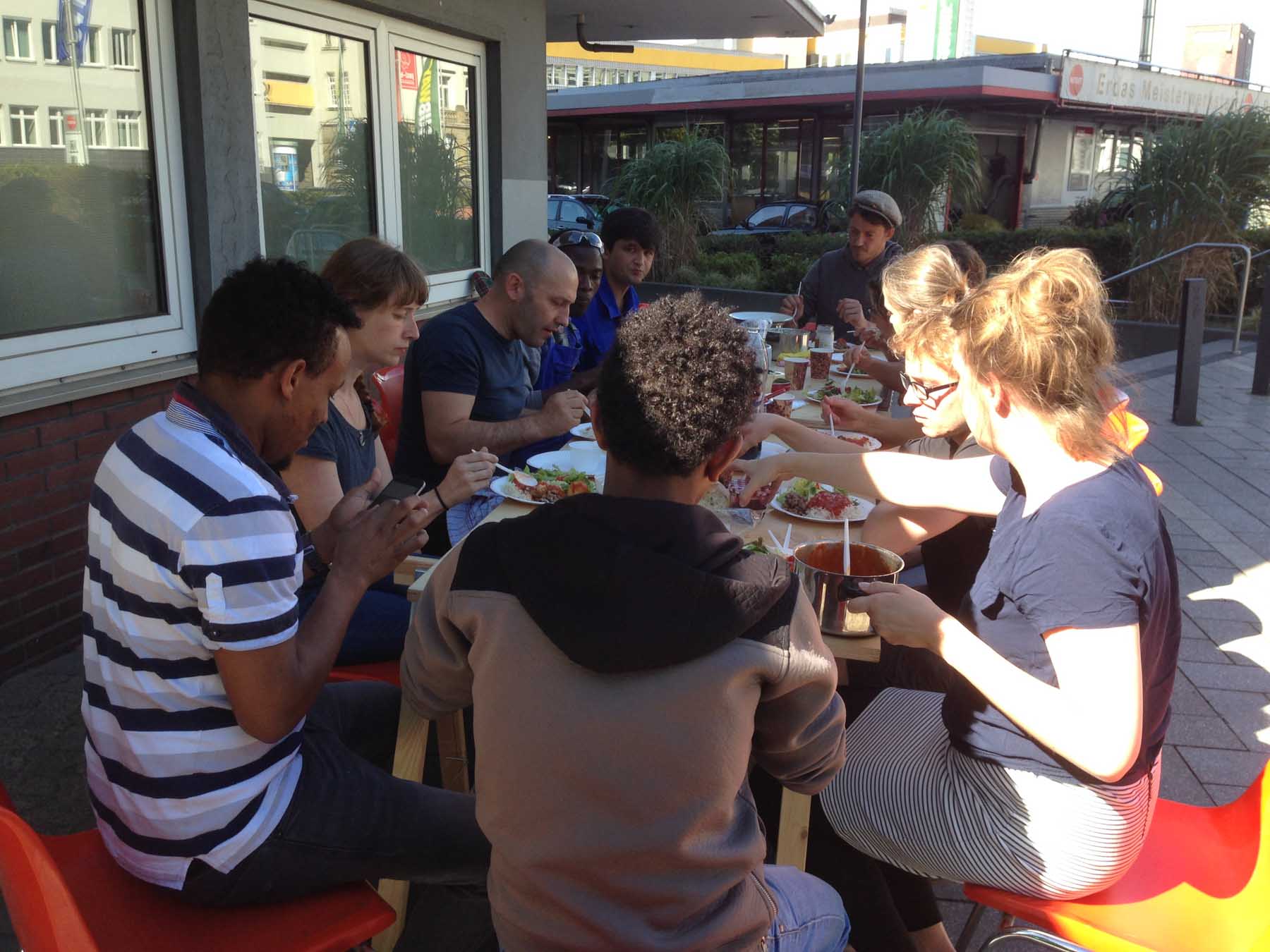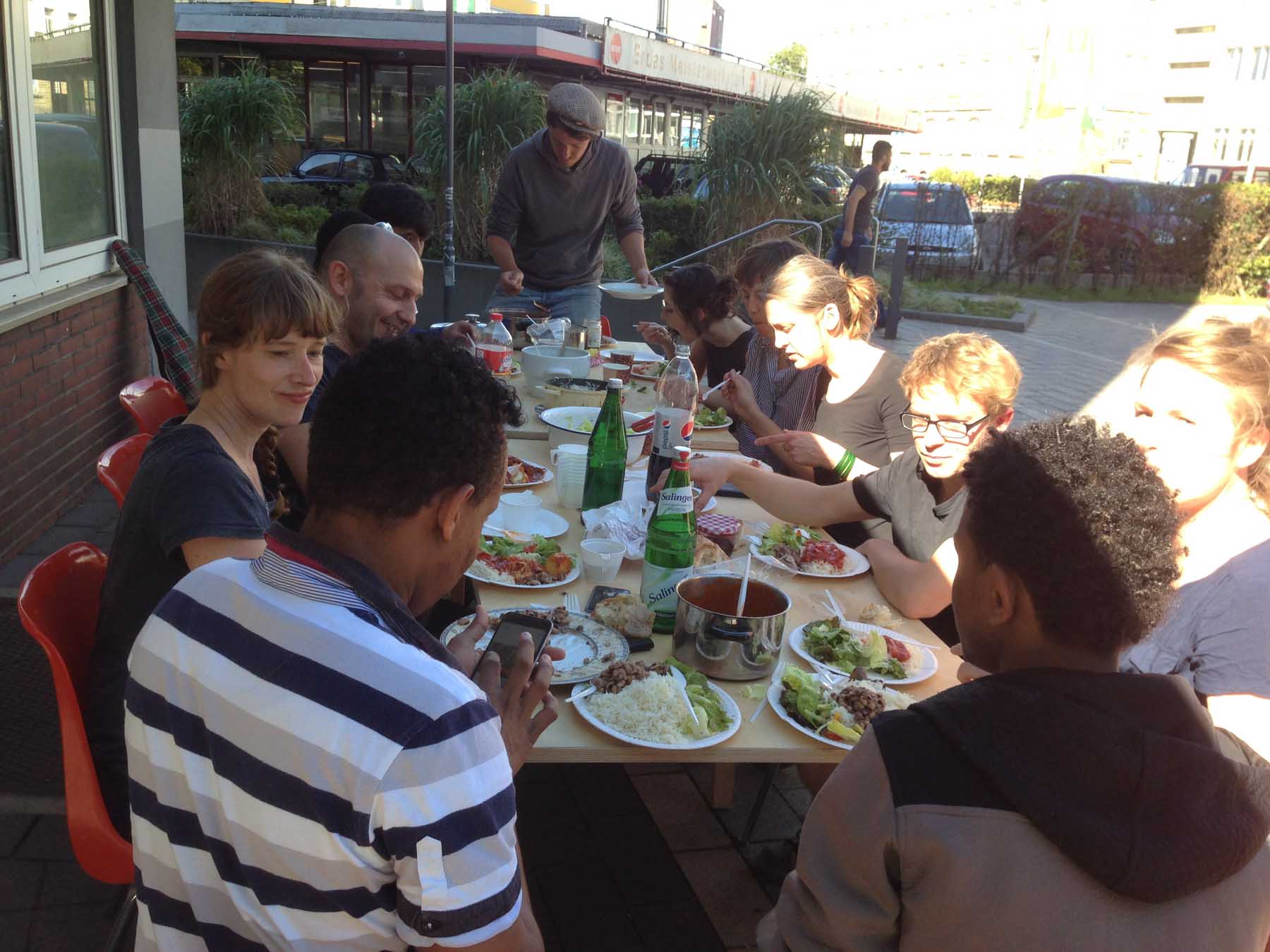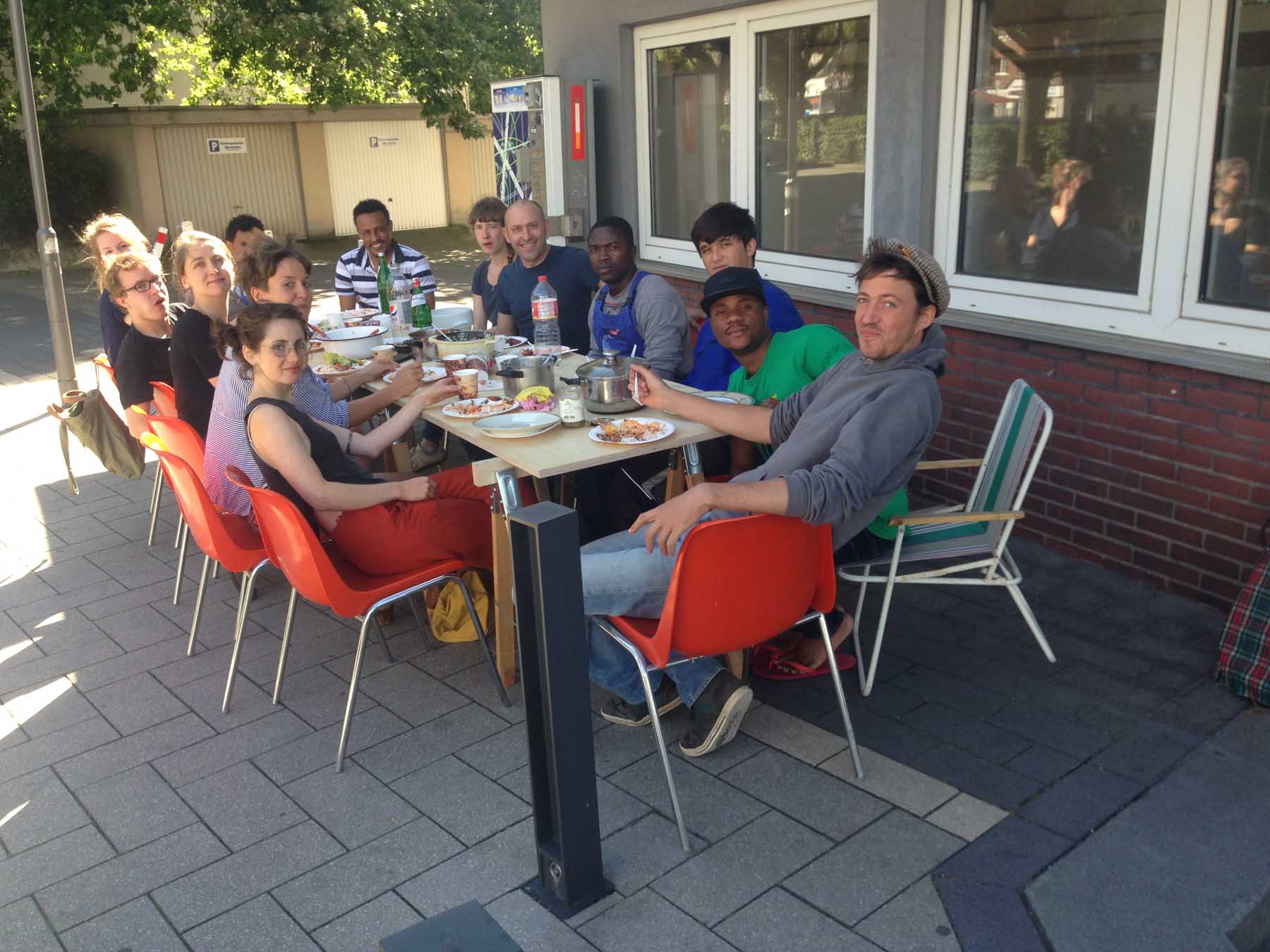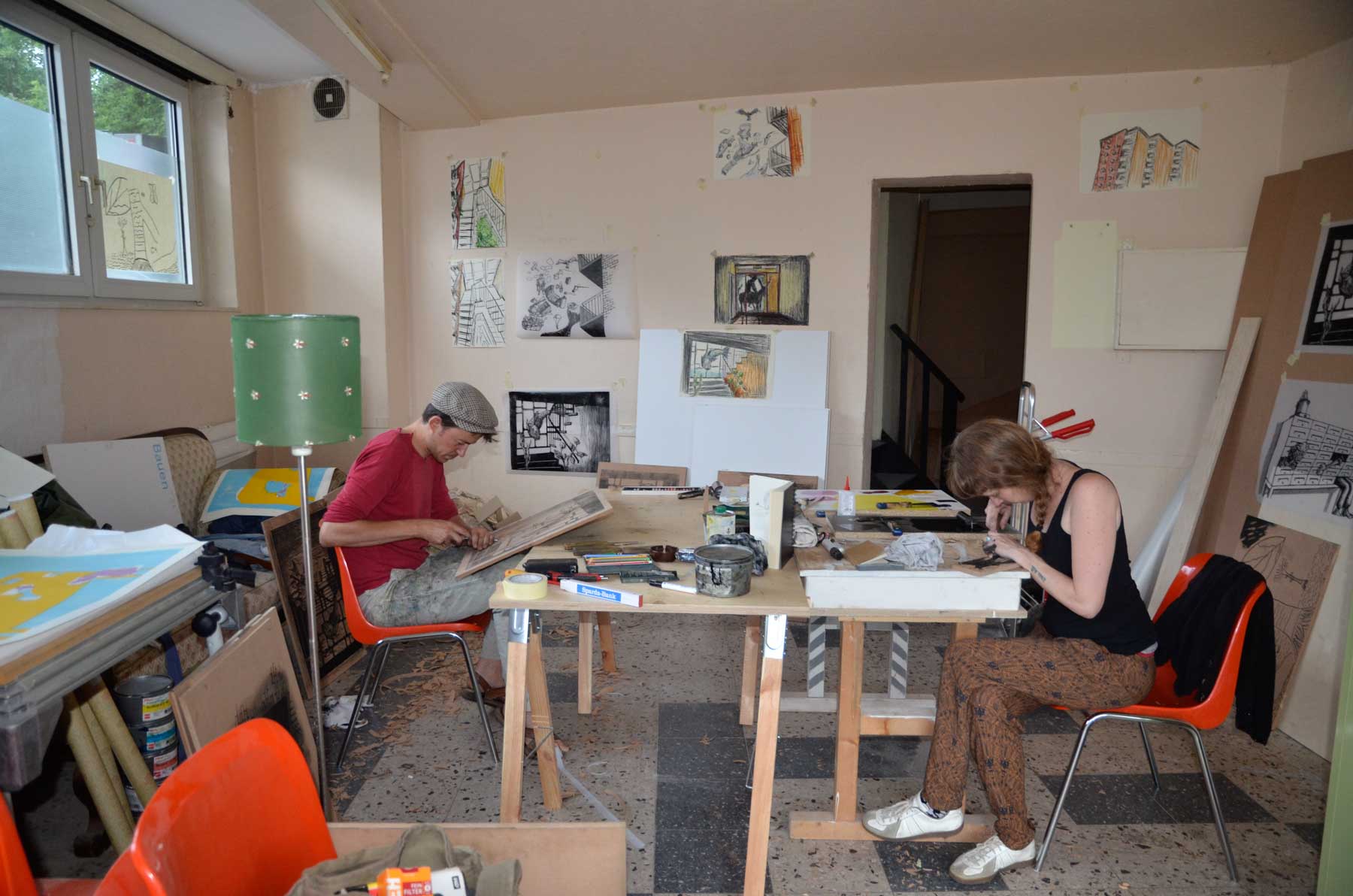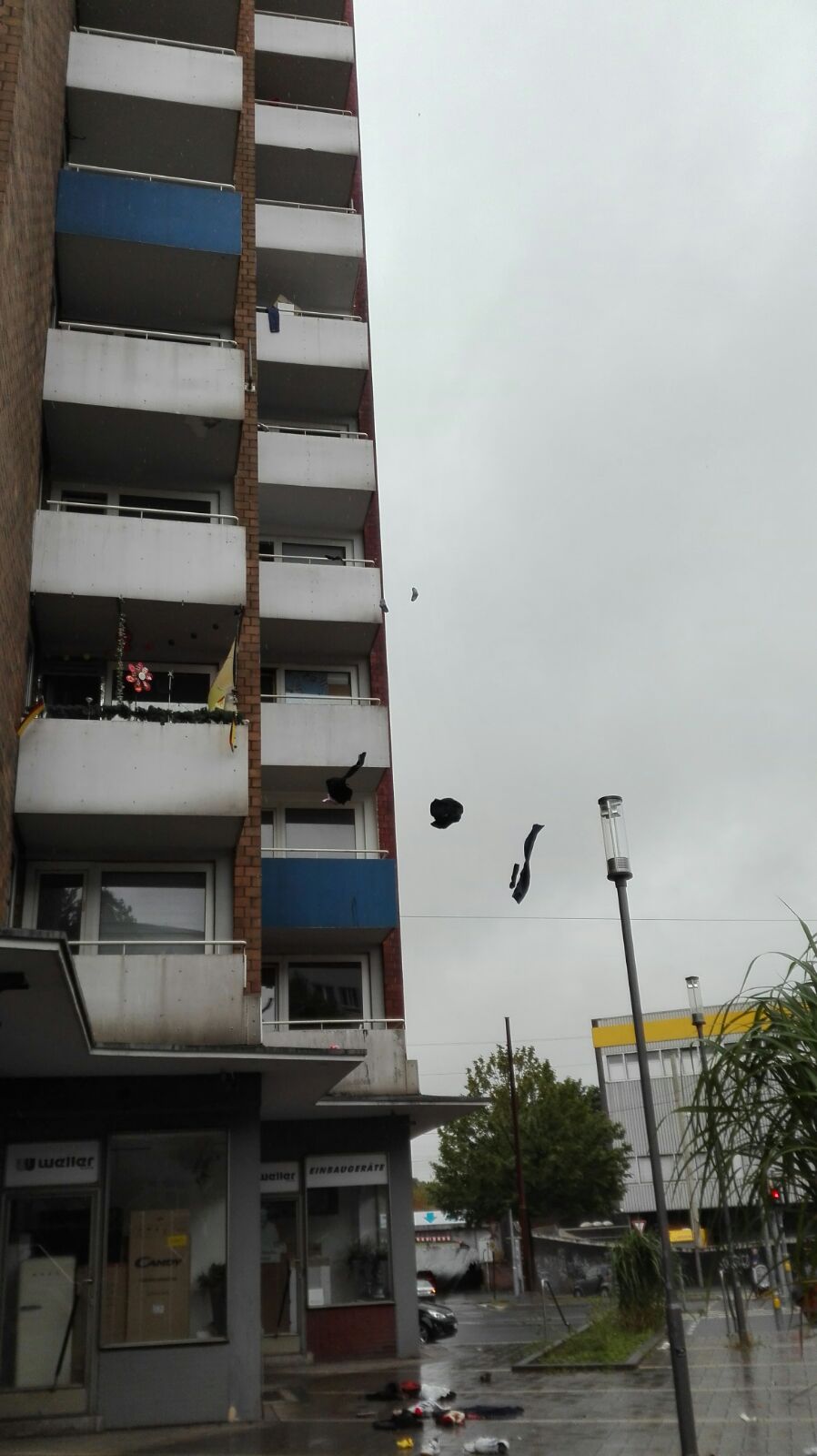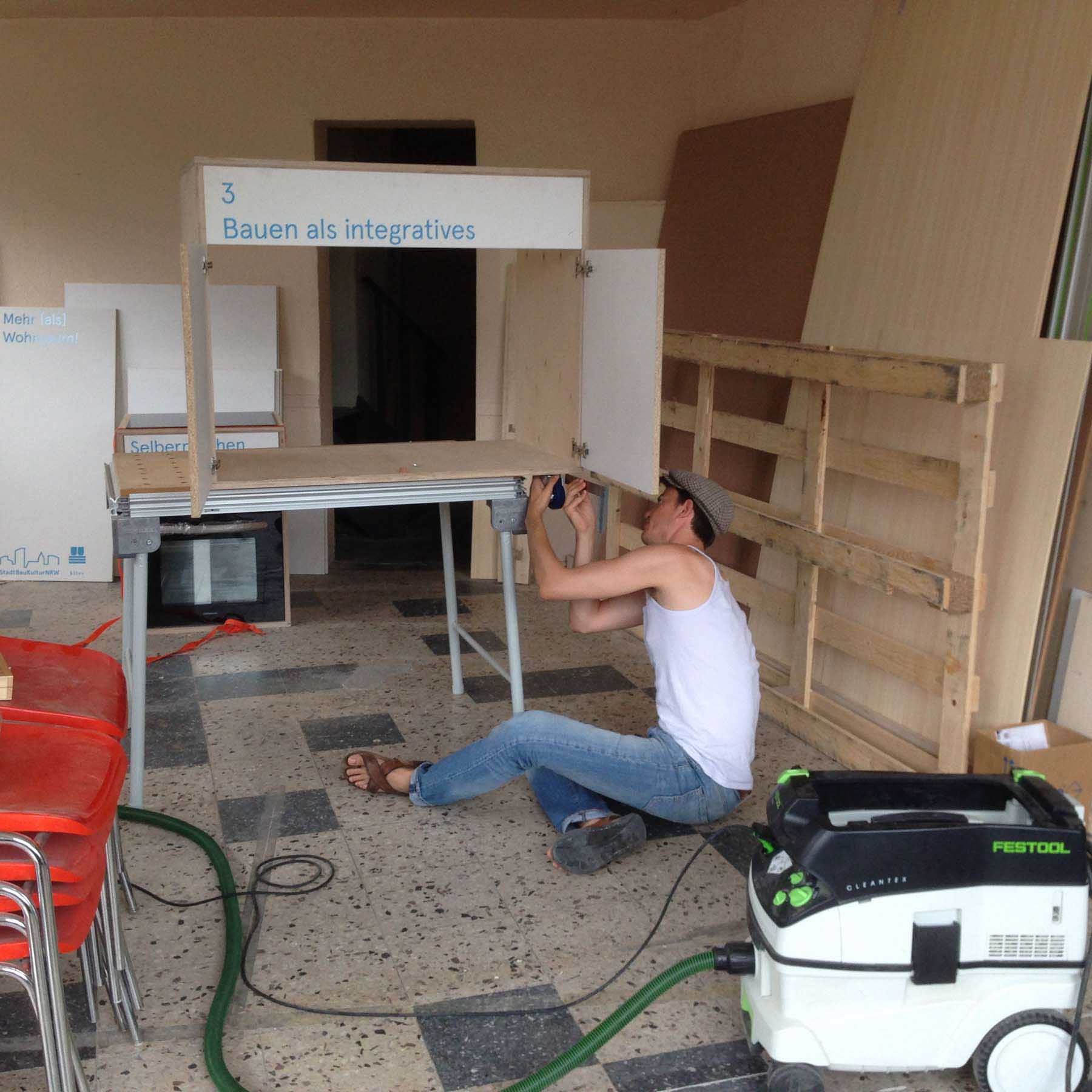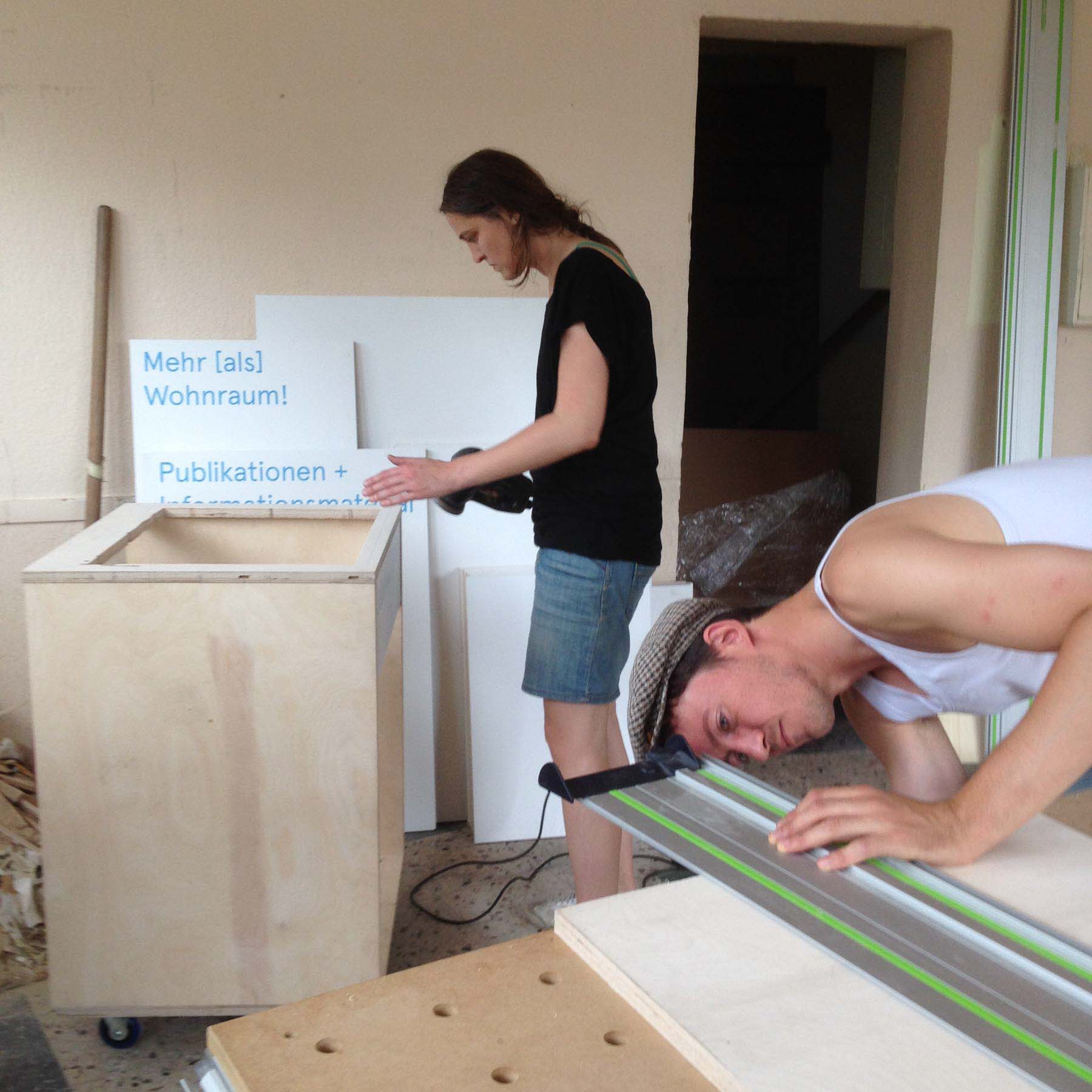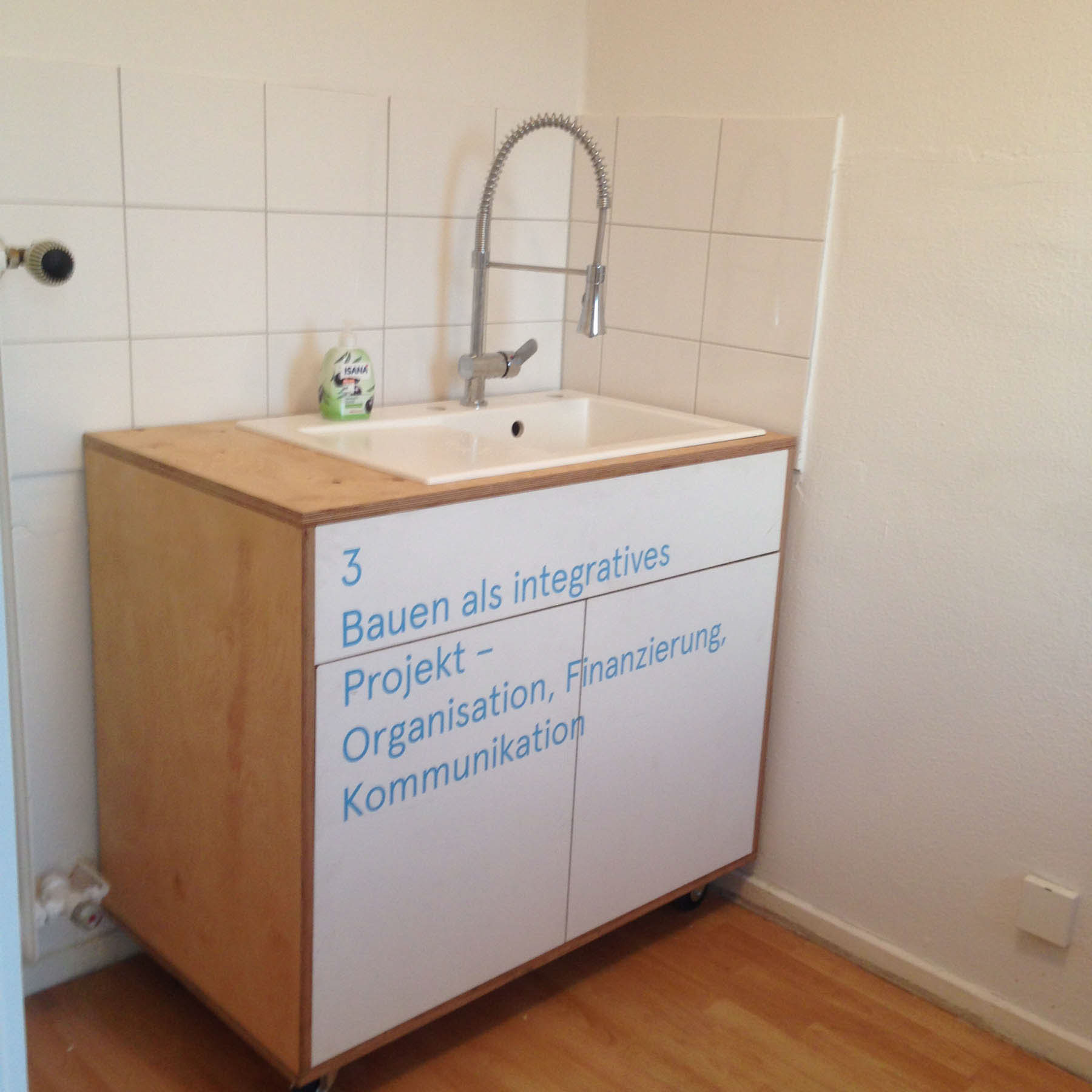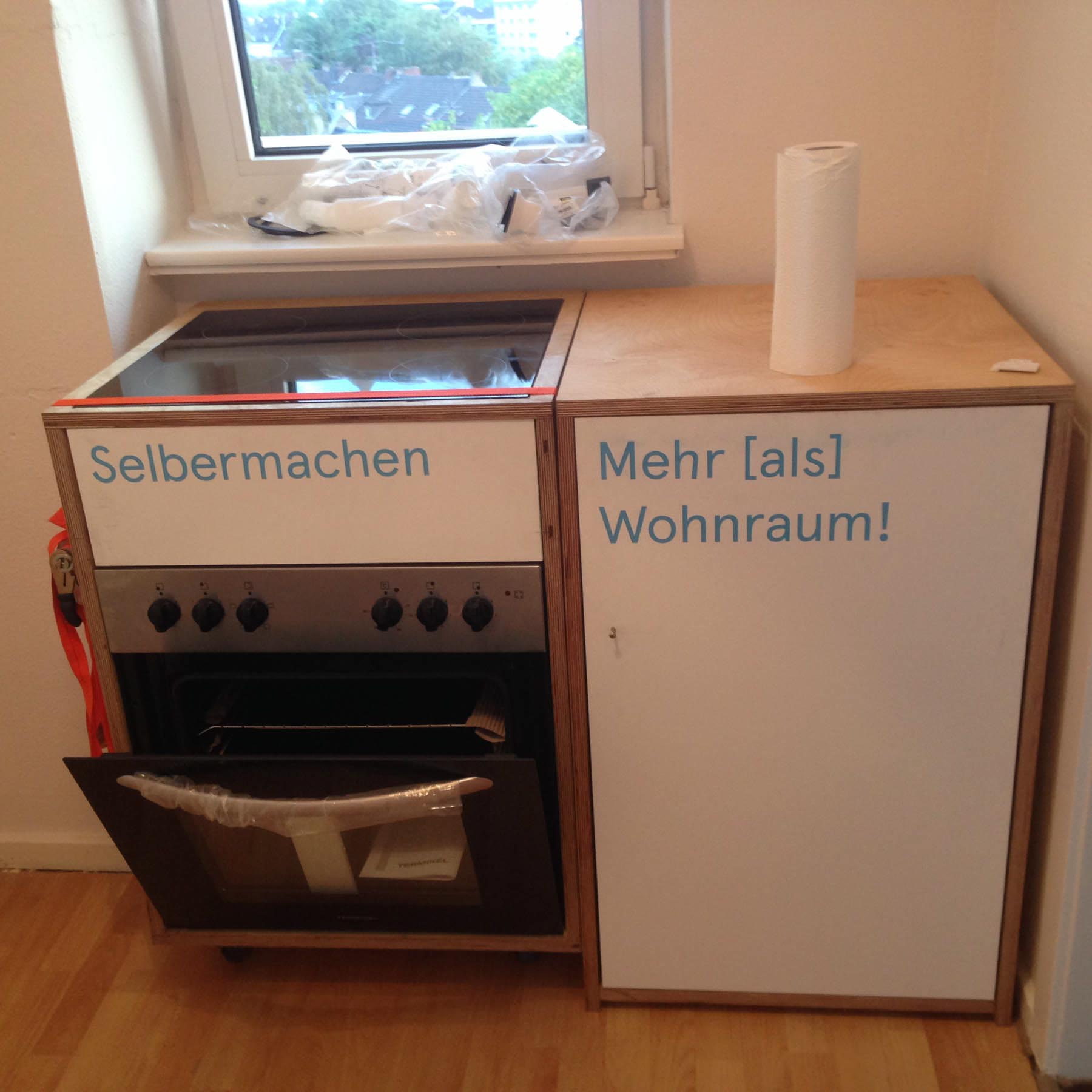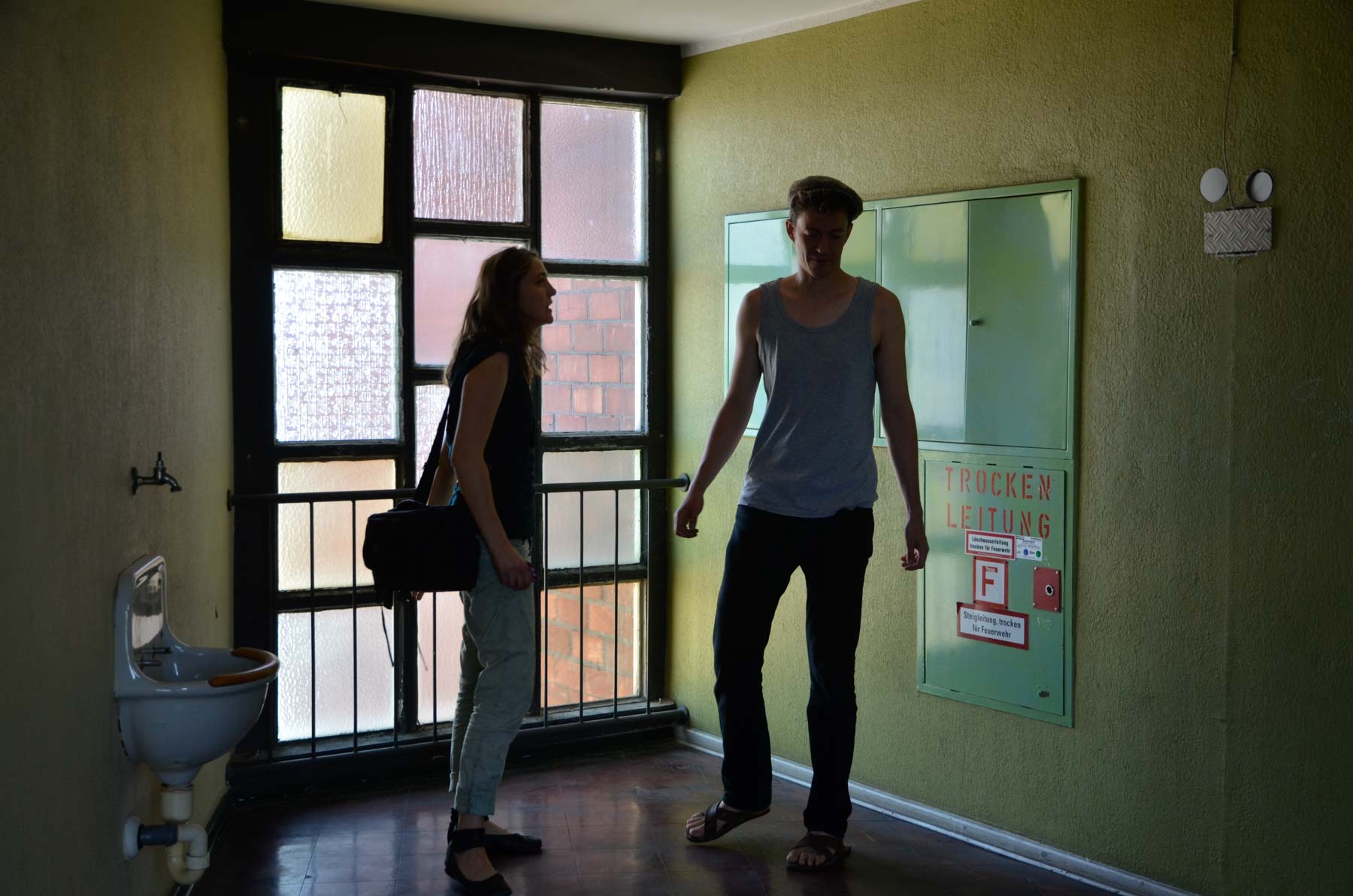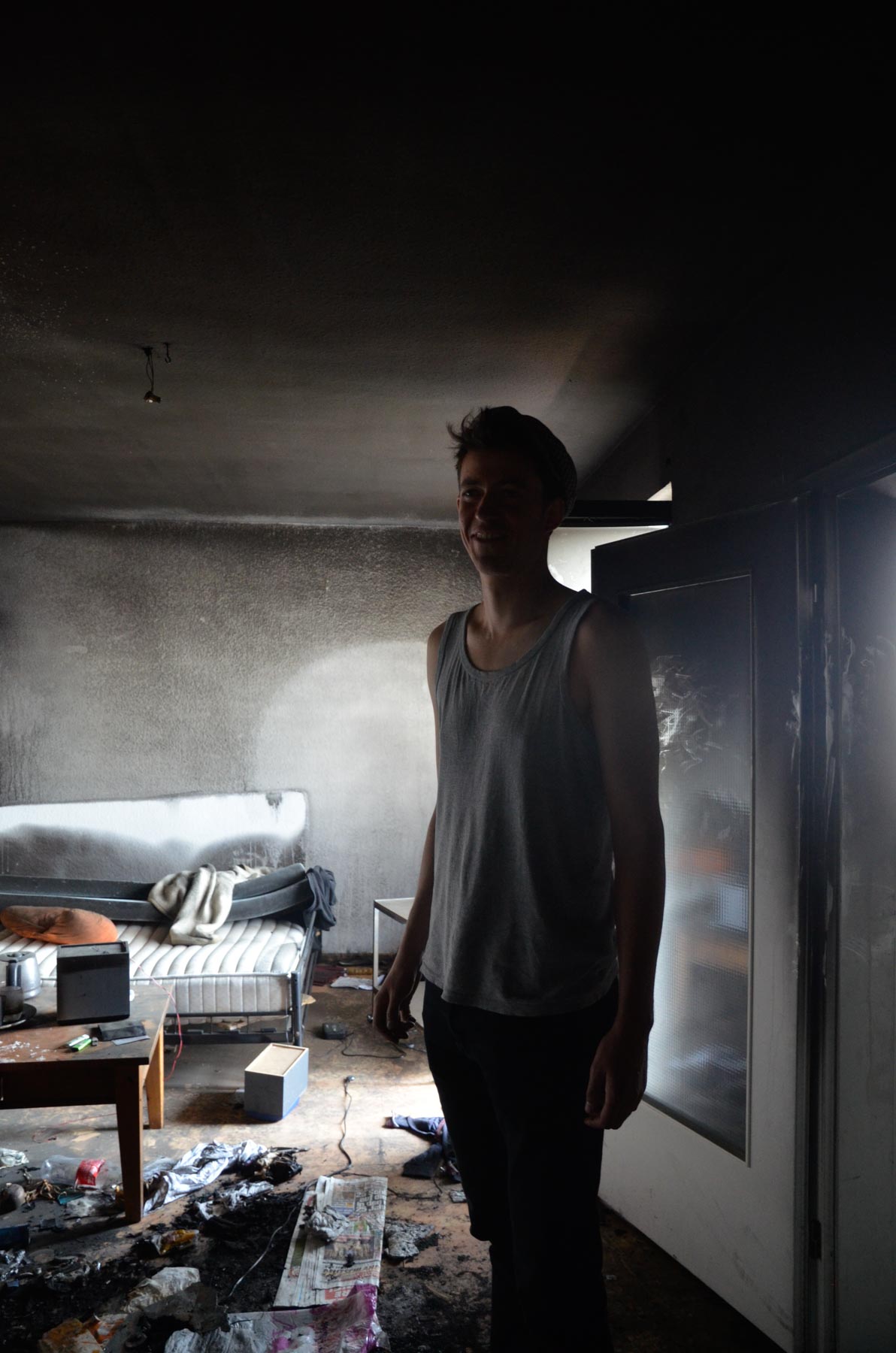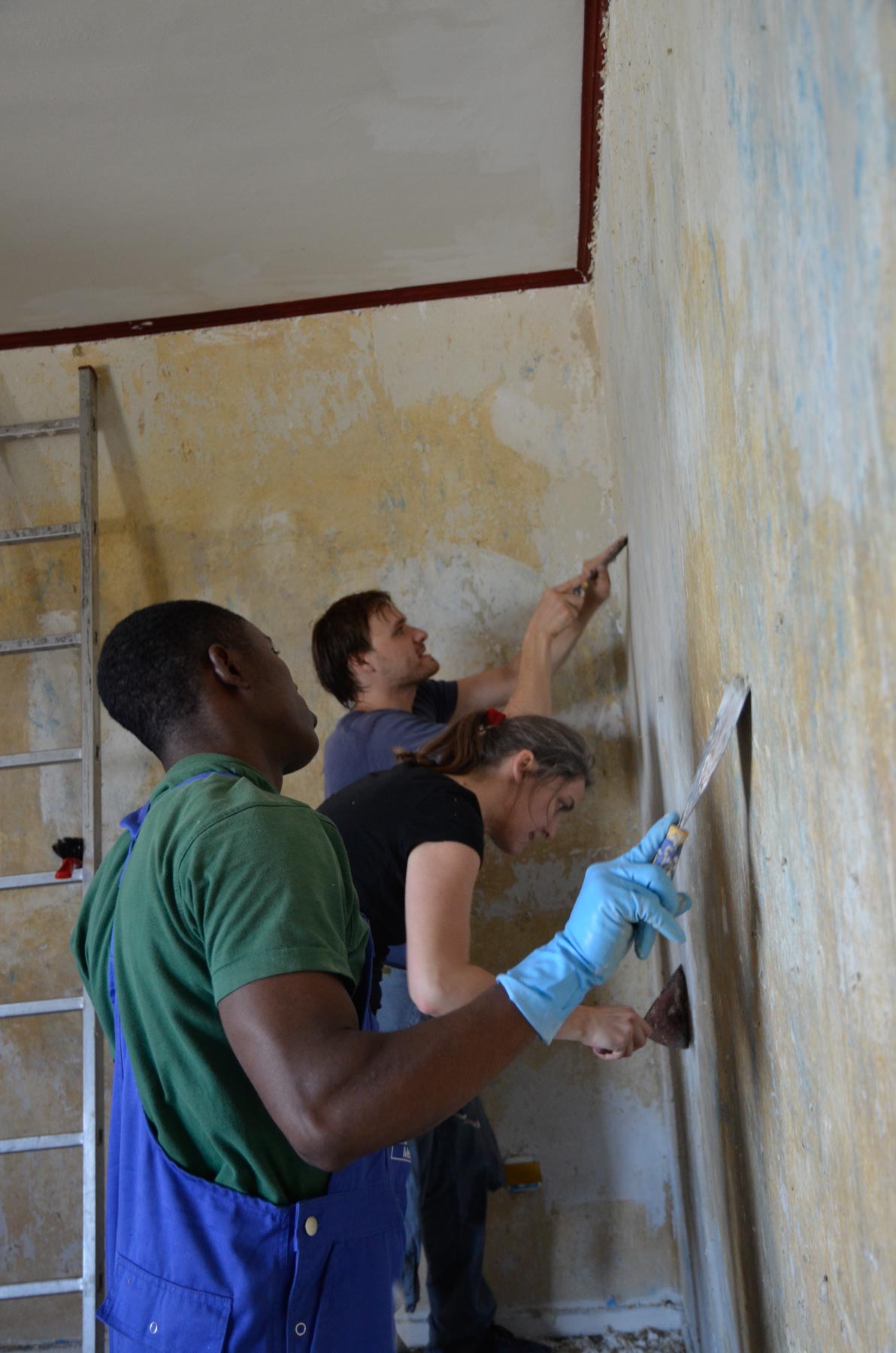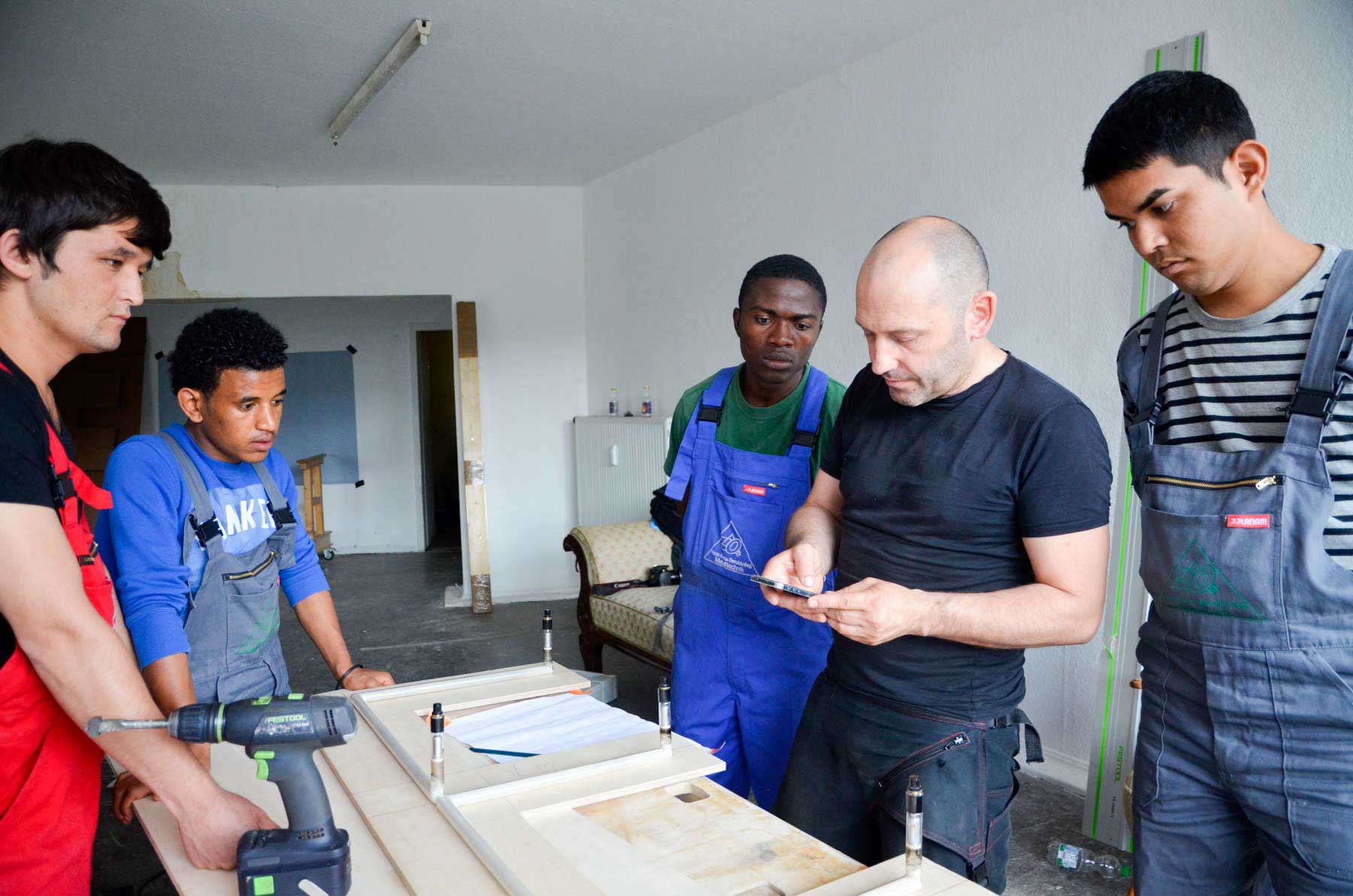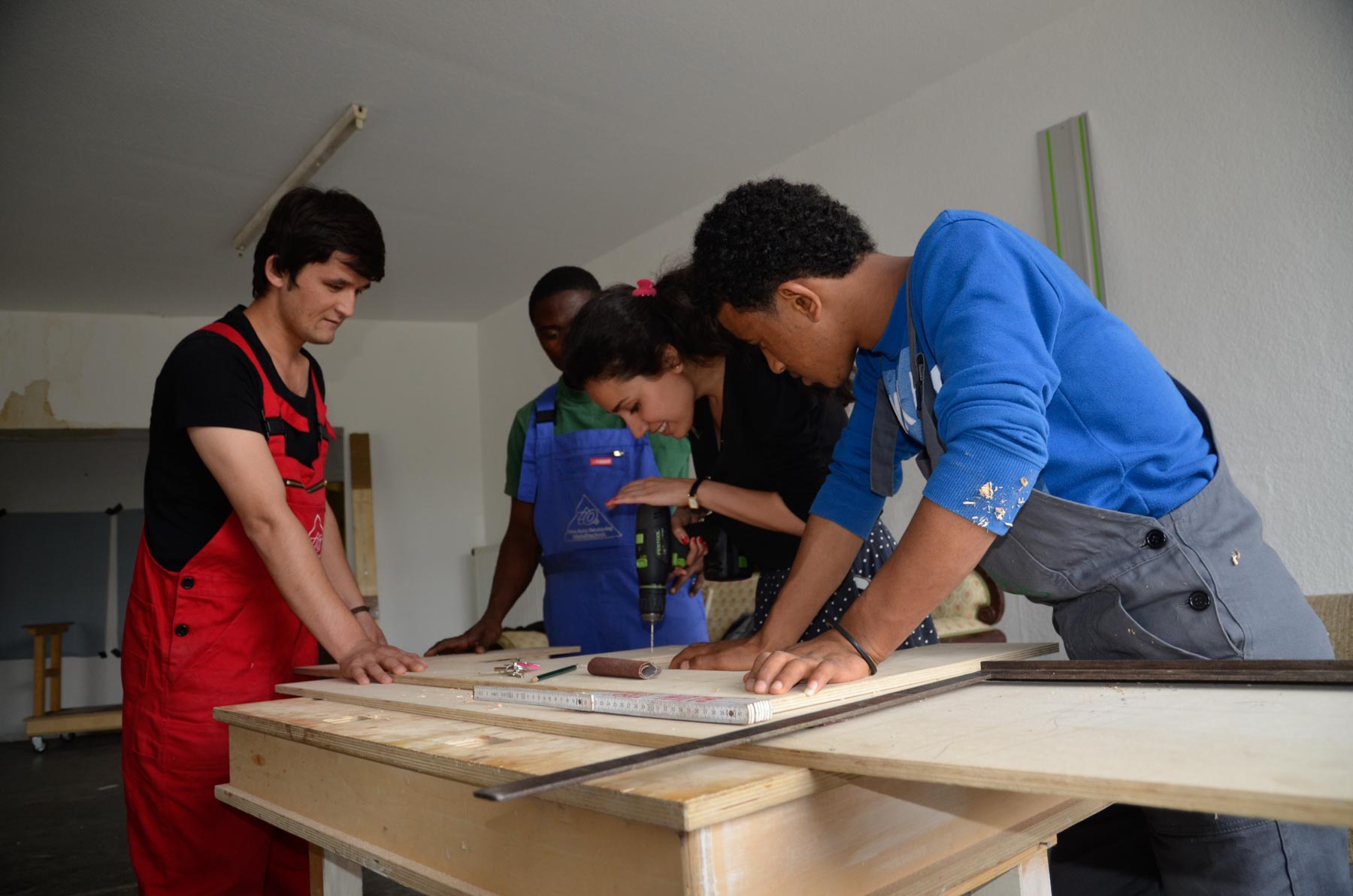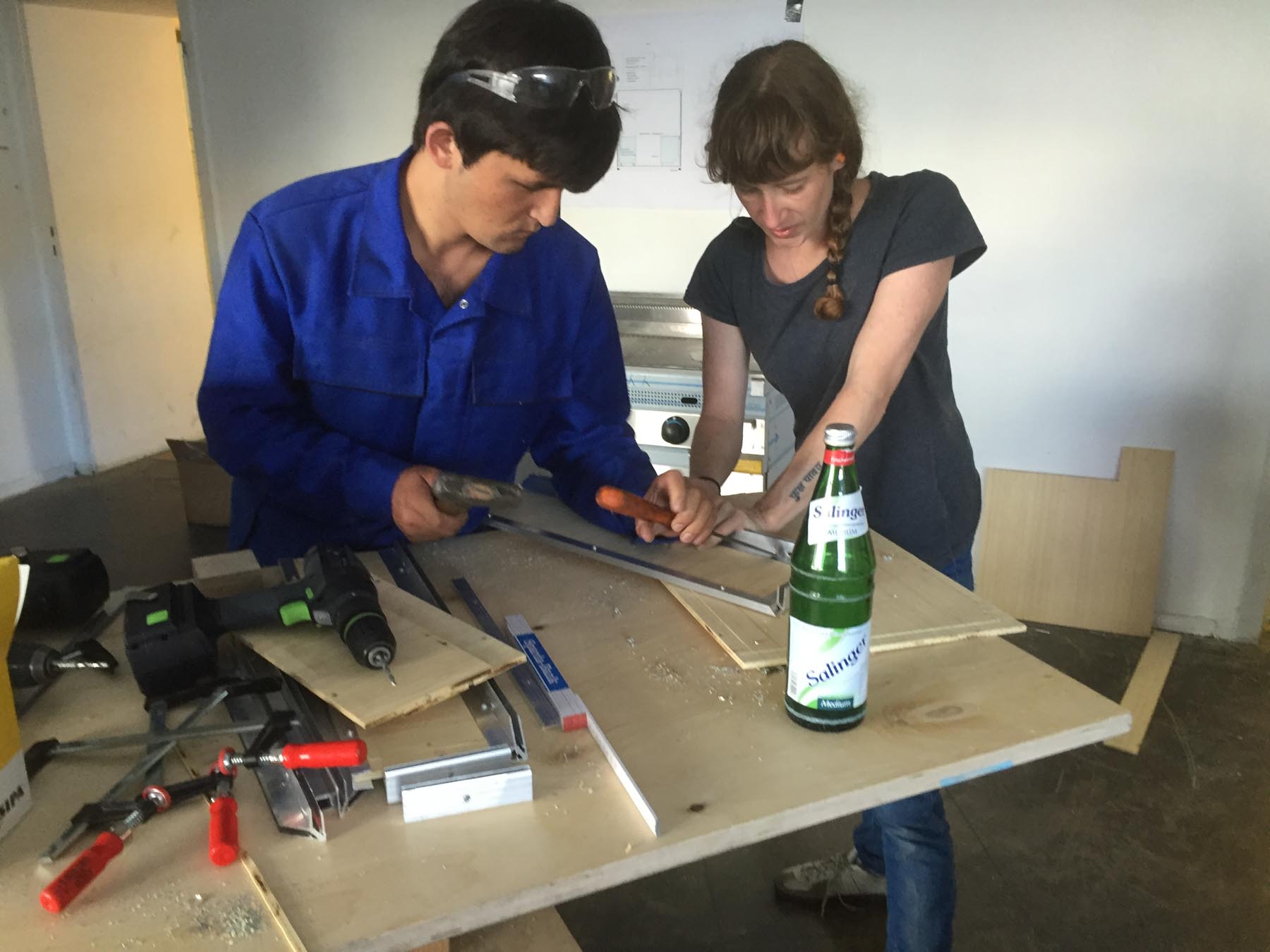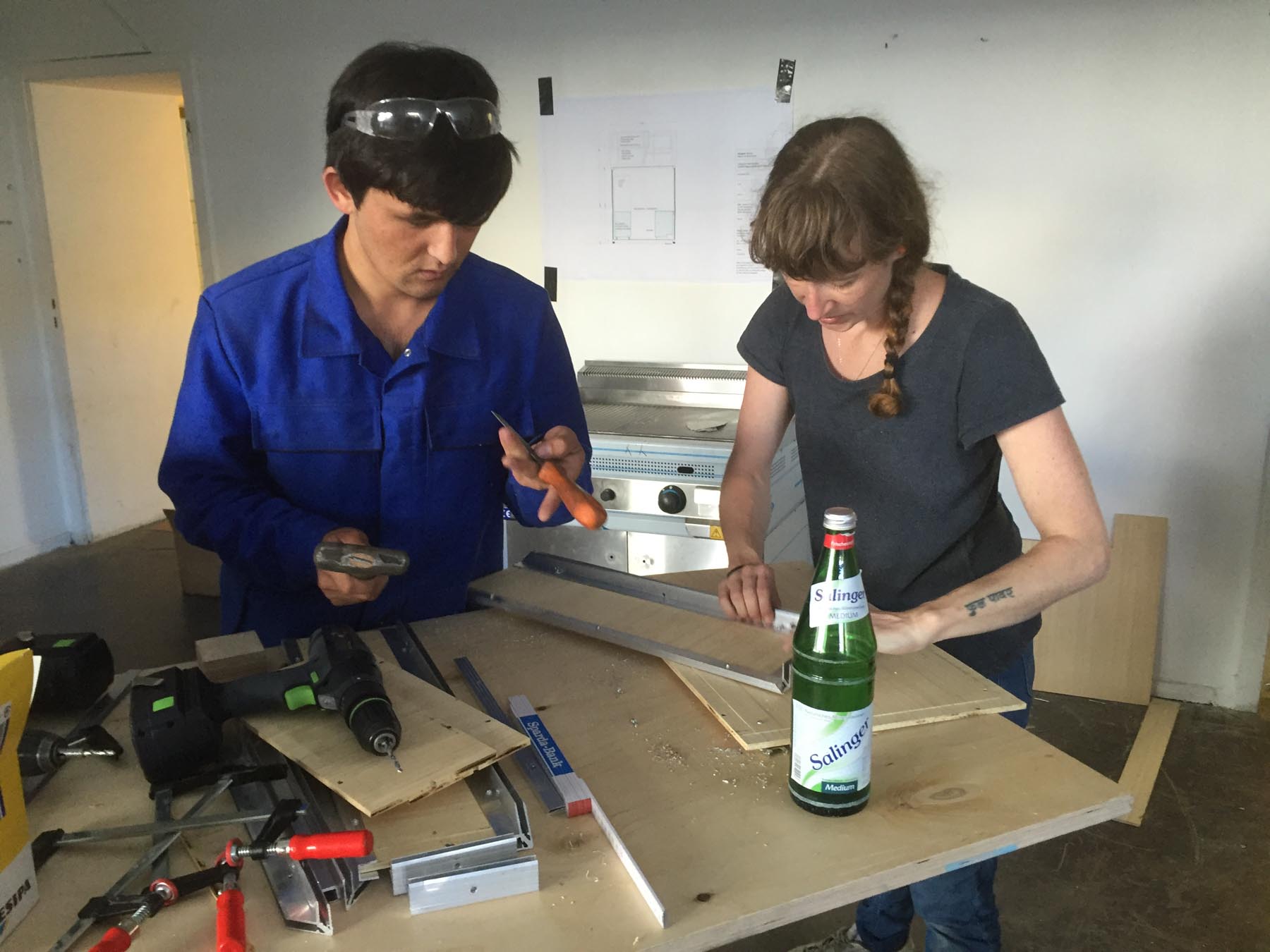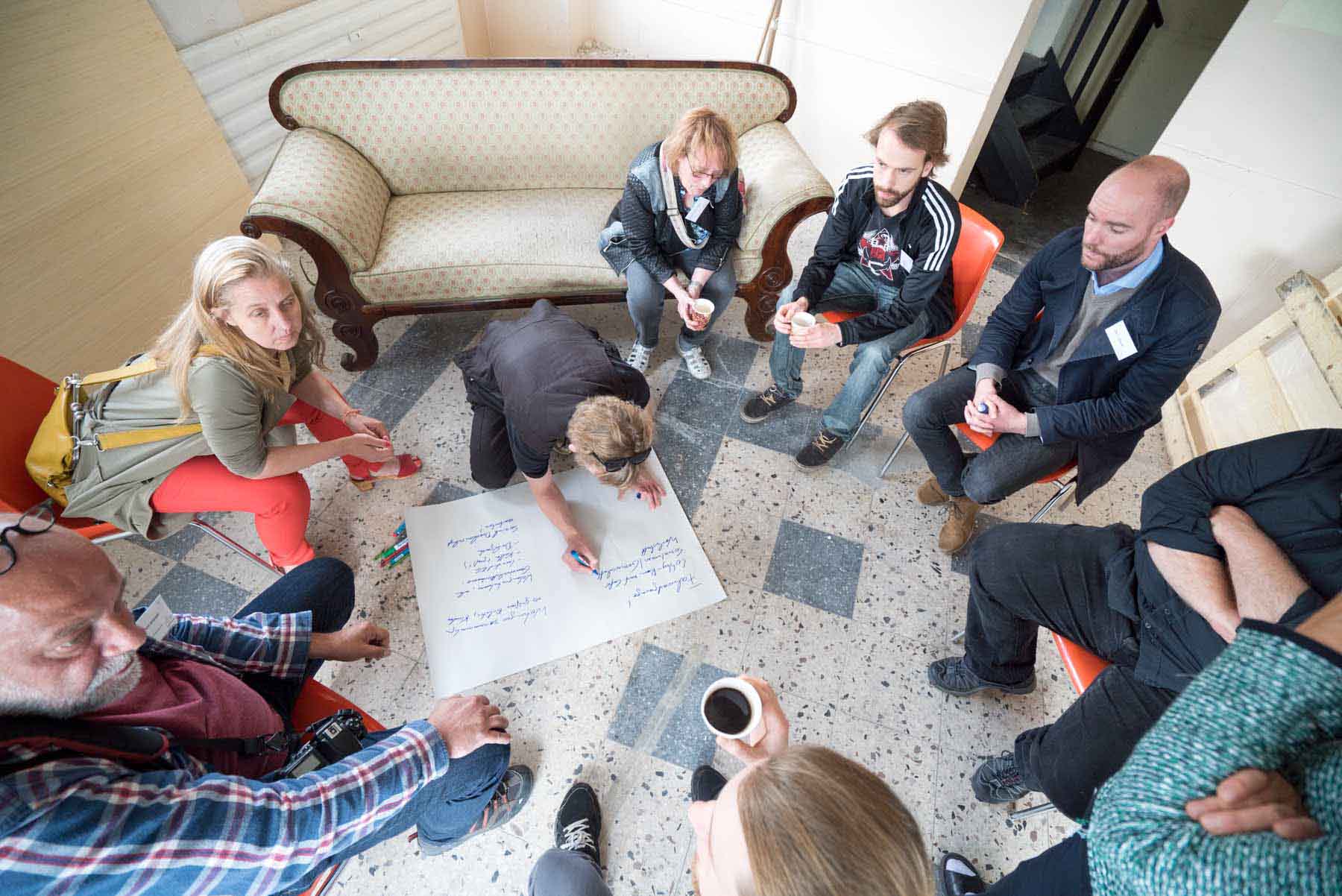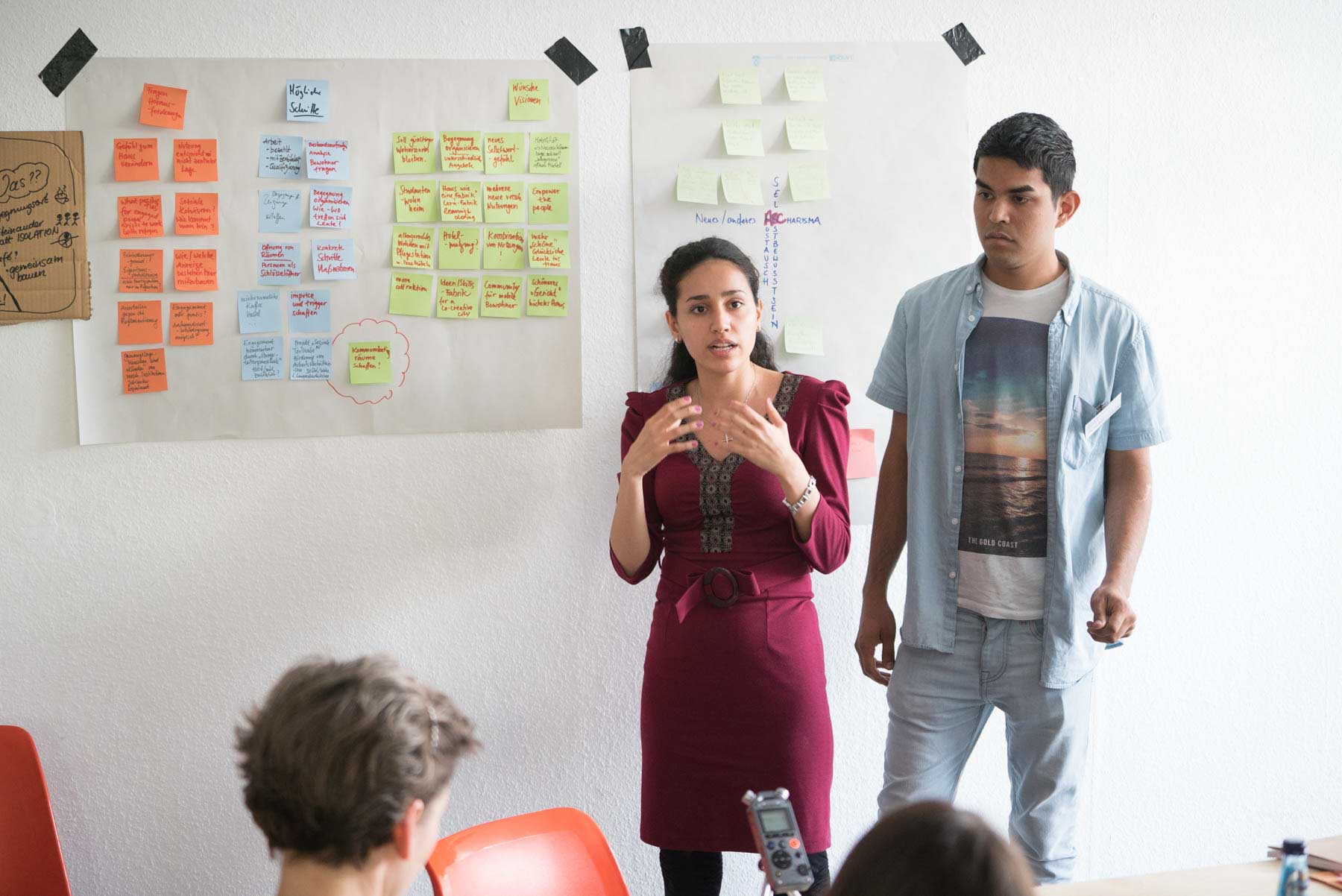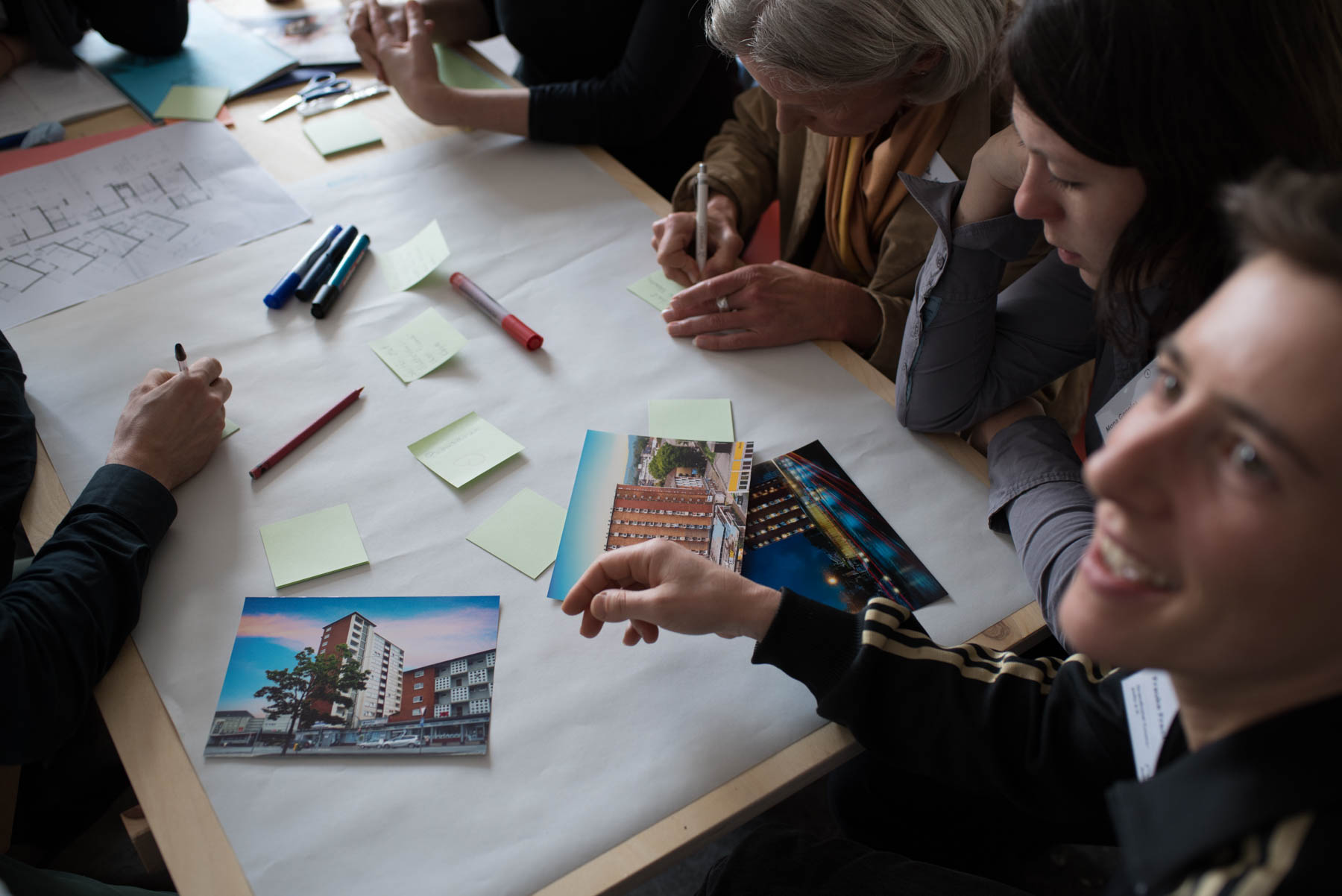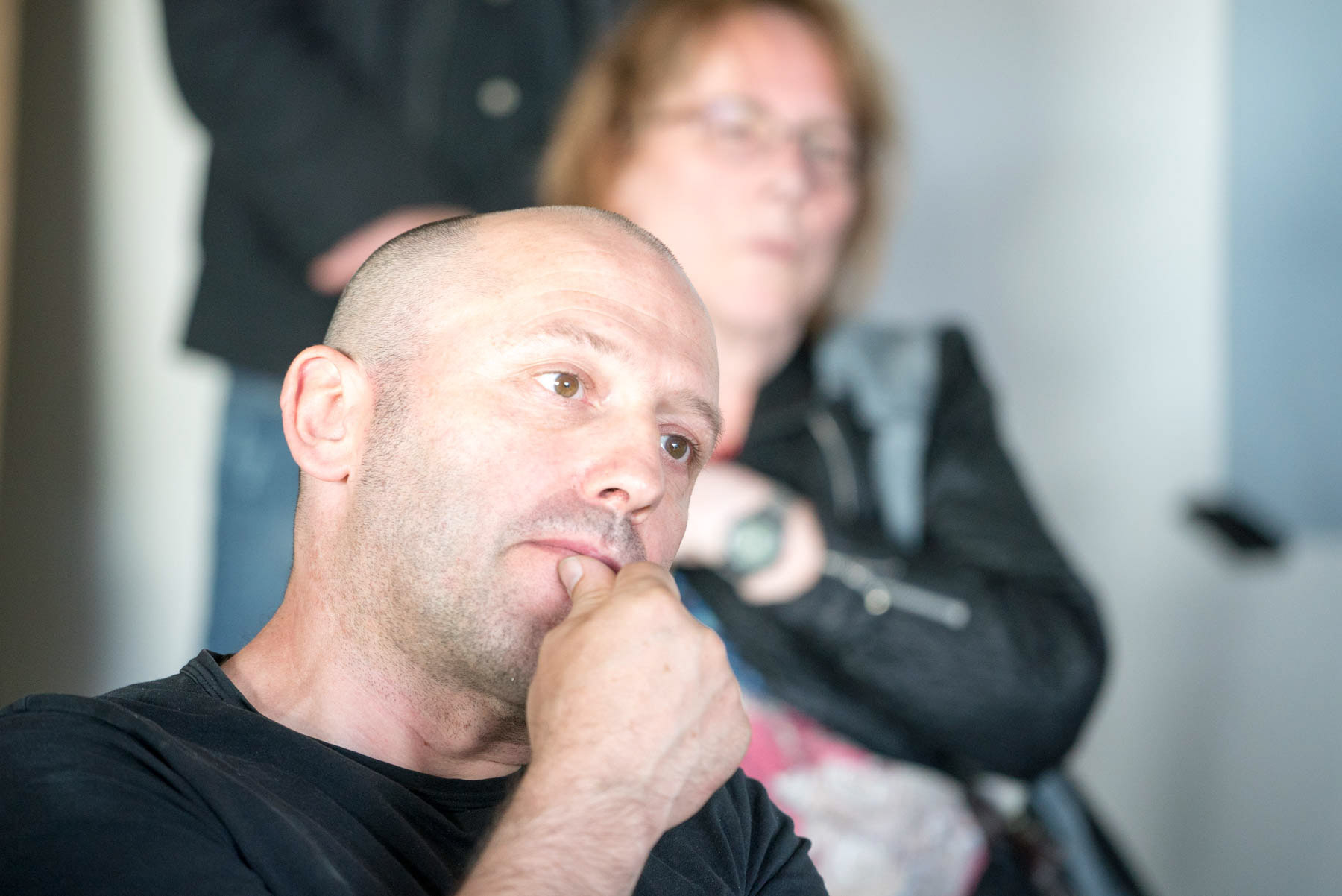BITTER THINGS is a research-based exhibition project by bi’bak that explores the impact of labour migration on the notion of motherhood and family from the perspectives of women migrant workers and their children left behind. The installation takes experiences of transnational families from both past and present as a point of departure, bringing narratives together with objects that play a central role within the families.
Labour migration is worldwide creating new models of the transnational family, which despite geographical distances strives to maintain contact between the separated family members. In the time of the recruitment agreements in the 1960s, many parents were forced to leave their children behind since working hours were too demanding to make childcare on the side possible. Today, it is predominantly migrant workers from Eastern Europe, who have to leave their families to earn a living in wealthier countries. Turkey, as a former country of emigration, has in turn become a destination for many workers, especially in the care sector, from Eastern Europe, the Caucasus or the Central Asian region.
Yet, how is the relationship between parents and children to be redefined whenever gifts and material support take the place of shared experience? When physical closeness has to take second place to communication programmes like Skype and WhatsApp? How does this changing family landscape impact children and their parents? BITTER THINGS retraces positions on this topic from the 1960s right up to present day perspectives.
Accompanying the exhibition is a publication with academic and literary contributions, interviews, songtexts and images examining the topic from interdisciplinary perspectives. After exhibiting in Istanbul, Berlin and Cologne, kitev has now invited BITTER THINGS to Oberhausen. Alongside the exhibition, a side programme with films and panel discussions will be held in Oberhaus.
Ausstellungsort:
Kitev, Oberhaus, Oberhausen: 03.05.2019 - 30.06.2019
Ausstellungsort / Location: kitev / Oberhaus, Friedrich-Karl-Straße 4, 46045 Oberhausen
Eröffnung / Opening: 03.05.2019 um 19:00 Uhr
Ausstellungsdauer / Exhibition: 04.05.2019 - 30.06.2019
Öffnungszeiten / Opening hours: Mo geschlossen, Di, Mi, So 11-18 Uhr, Do, Fr, Sa 11-20 Uhr
Team:
Konzept und Künstlerische Leitung / Concept and Artistic Direction: Malve Lippmann, Can Sungu
Ausstellungsdesign / Exhibition Design: Malve Lippmann
Redaktion, Forschung / Editing, Research: Maike Suhr
Projektassistenz / Project Assistants: Megan Black, Zeynep Dişbudak, Esra Akkaya
Grafikdesign / Graphic Design: Jan Grygoriew
Öffentlichkeitsarbeit / Communication Coordinator: Selim Özadar
Kontakt / Contact: presse@bi-bak.de
bi’bak, Prinzenallee 59, 13359 Berlin
Ein Projekt von / A project by bi’bak in Kooperation mit / in cooperation with kitev (Oberhausen), Archive books (Berlin), DEPO (Istanbul) und / and DOMiD – Museum und Dokumentationszentrum für die Migration in Deutschland (Köln).
Gefördert durch / Funded by: Urbane Künste Ruhr, Stiftung Kultur und Bildung der Stadtsparkasse Oberhausen und Vonovia SE
bi’bak (Türkisch: Schau mal) ist ein Kollektiv und Projektraum mit Sitz in Berlin, mit einem Fokus auf transnationale Narrative, Migration, globale Mobilität und ihre ästhetischen Dimensionen. Das interdisziplinäre Programm von bi'bak bewegt sich an der Schnittstelle von Kunst, Wissenschaft und Gemeinschaft und umfasst Filmvorführungen, Ausstellungen, Workshops sowie Musikveranstaltungen und kulinarische Exkursionen.
bi’bak (Turkish: have a look) is a non-profit organization and project space based in Berlin, with a focus on transnational narratives, migration, global mobility and their aesthetic dimensions. bi’bak’s programme examines diverse disciplines in art, academics, and community development, including film screenings, exhibitions, workshops as well as music events and culinary excursions.
Freitag, 03.05.2019 um 19 Uhr im Oberhaus
ERÖFFNUNG:
BITTER THINGS - Narrative und Erinnerungen transnationaler Familien
Grußworte / Welcome kitev
Einführung / Introduction by bi’bak
Imbiss und Getränke / Snacks and Drinks
Freitag, 03.05.2019 um 20 Uhr im Oberhaus
MOTHERING FROM AFAR - KURZFILMPROGRAMM
Loin du 16ème | Far from the 16th, Daniela Thomas, Frankreich 2006, 5 min.
Calea Dunării | The Course of the Danube, Sabin Dorohoi, Rumänien 2013, 13 min. OmeU
媽媽離家上班去 | Homecoming, Kwok Zune, Hong Kong 2009, 30 min. OmeU
Hasta Bakıcı | Abigail, Soner Sert, Türkei 2017, 17 min. OmeU
Kot Farkı | Ground Level, Ayris Alptekin, Türkei 2016, 11 Min. OmeU
The short film programme focuses on the living and working conditions of women migrant workers in very different countries and discusses the difficult circumstances in which women seek to gain a future for their children left behind in their countries of origin. Loin du 16ème / Far from the 16th shows a Spanish immigrant in Paris who gives her own baby to a daycare early in the morning to look after the baby of a rich family for her job. A ten-year-old boy follows the Calea Dunării / The Course of the Danube from Romania to Vienna to find his parents. The nanny Charlie, after years of work in Hong Kong, is preparing for the long-awaited Homecoming to her son, but suddenly unexpected problems arise. Hasta Bakıcı / Abigail and Kot Farkı / Ground Level address the everyday work of care-givers in Istanbul.
